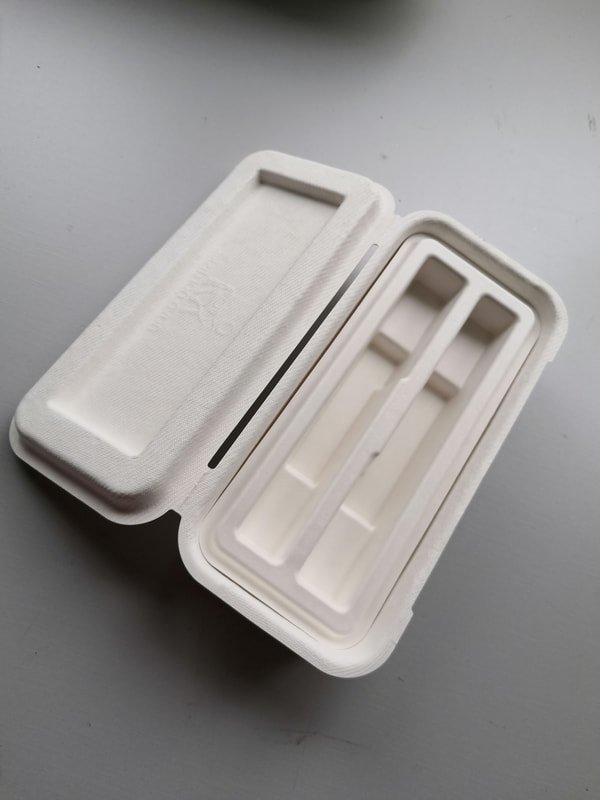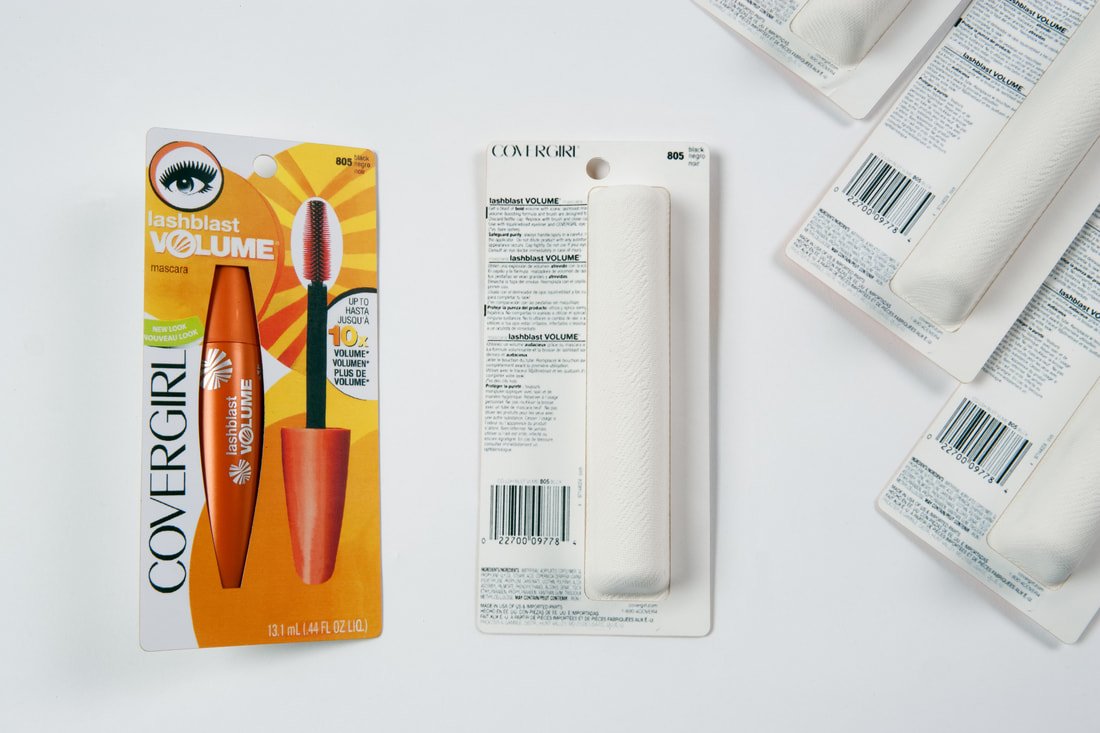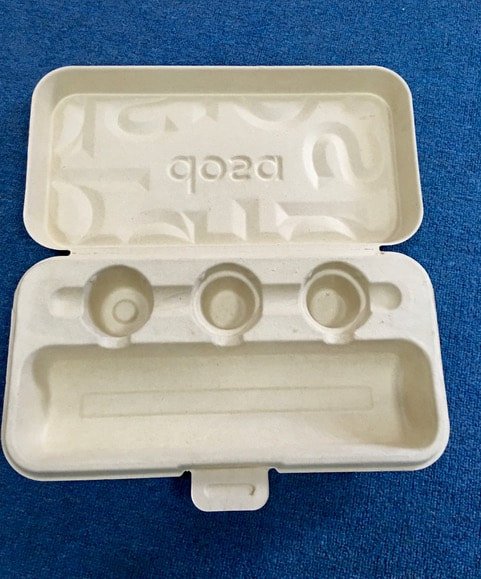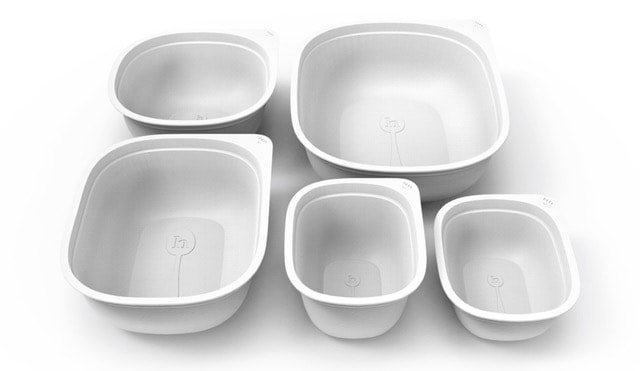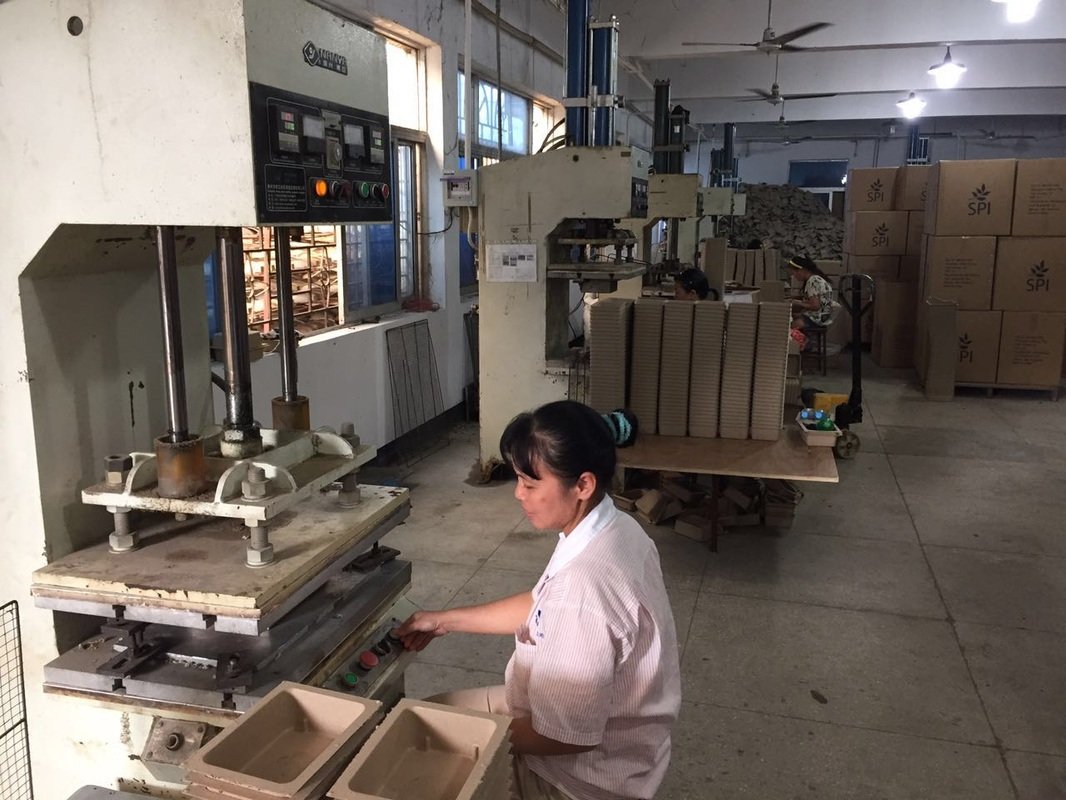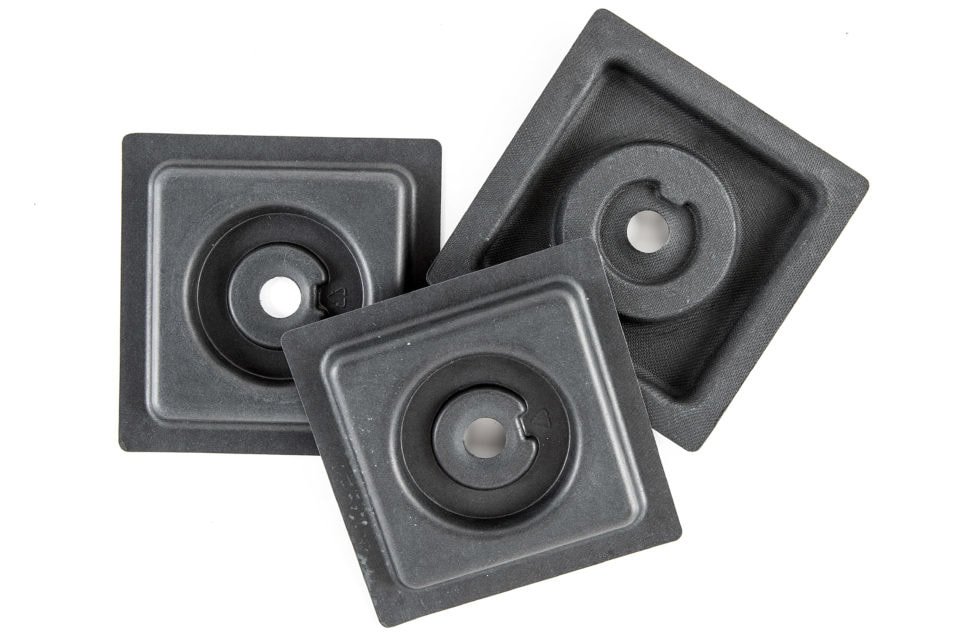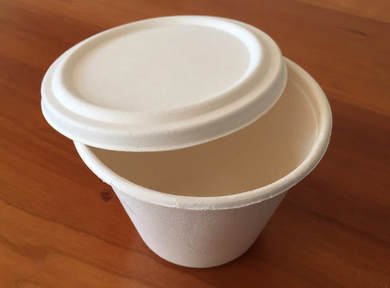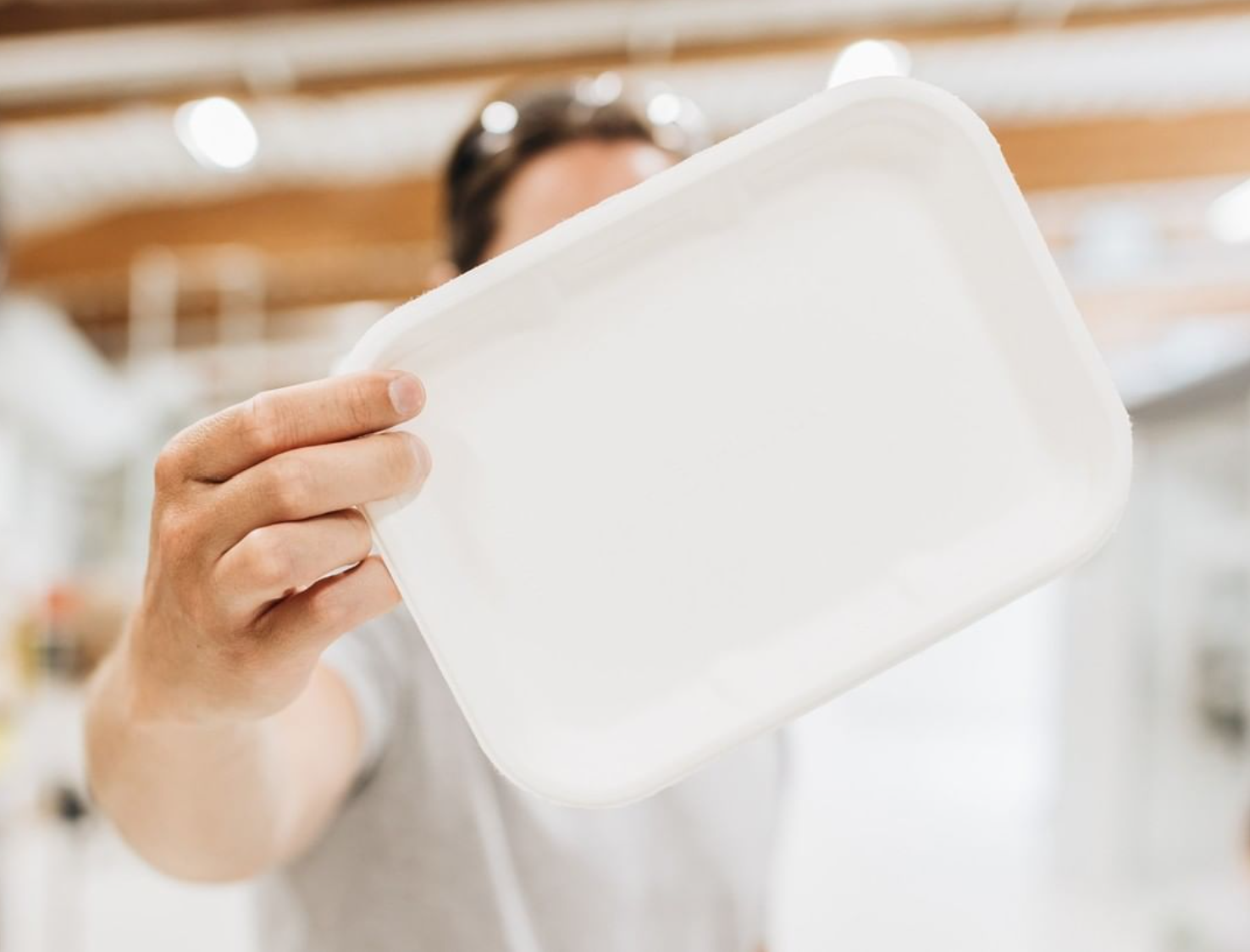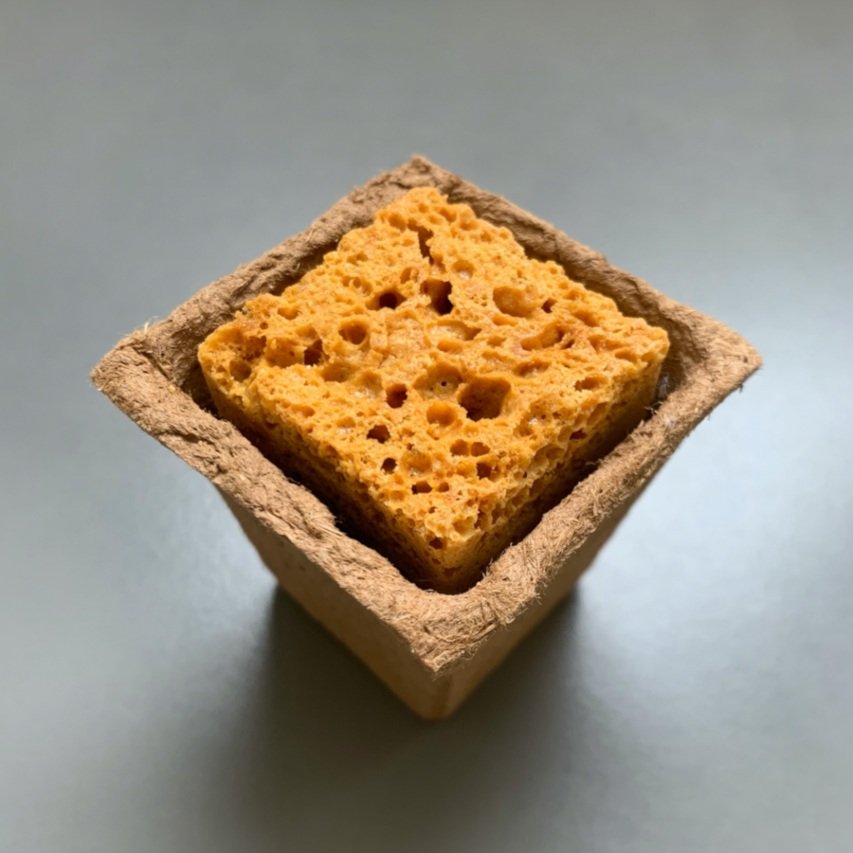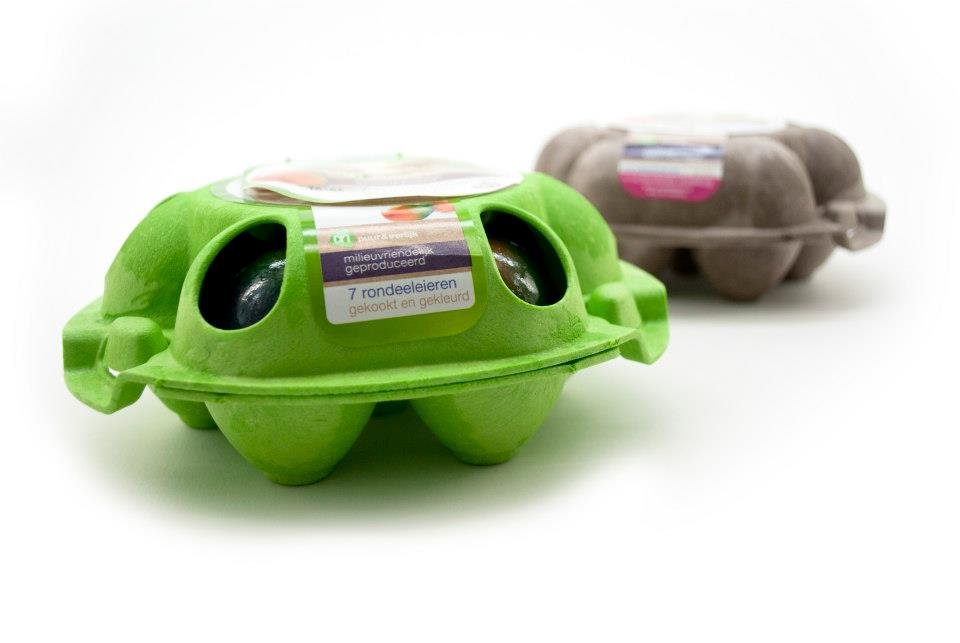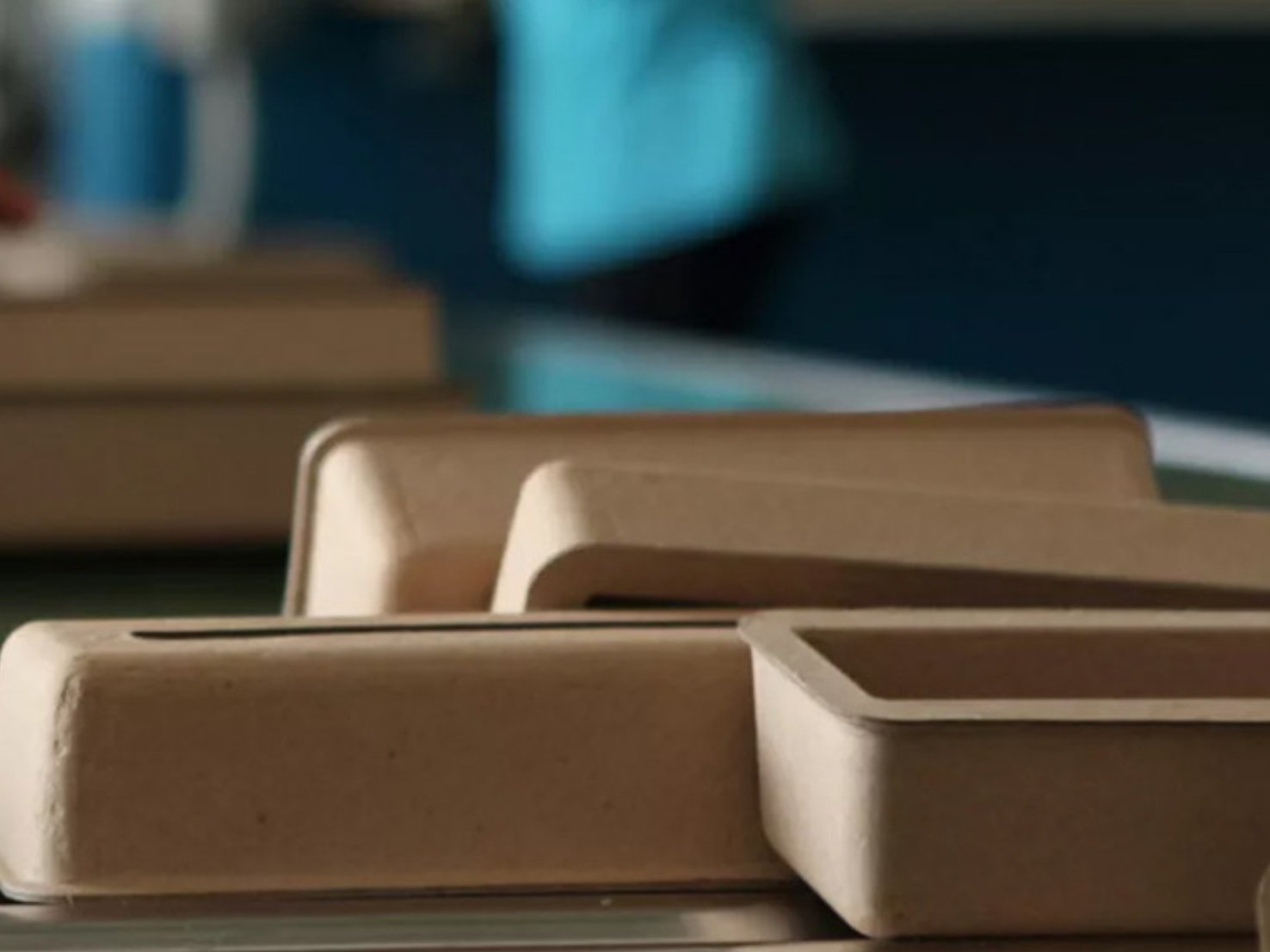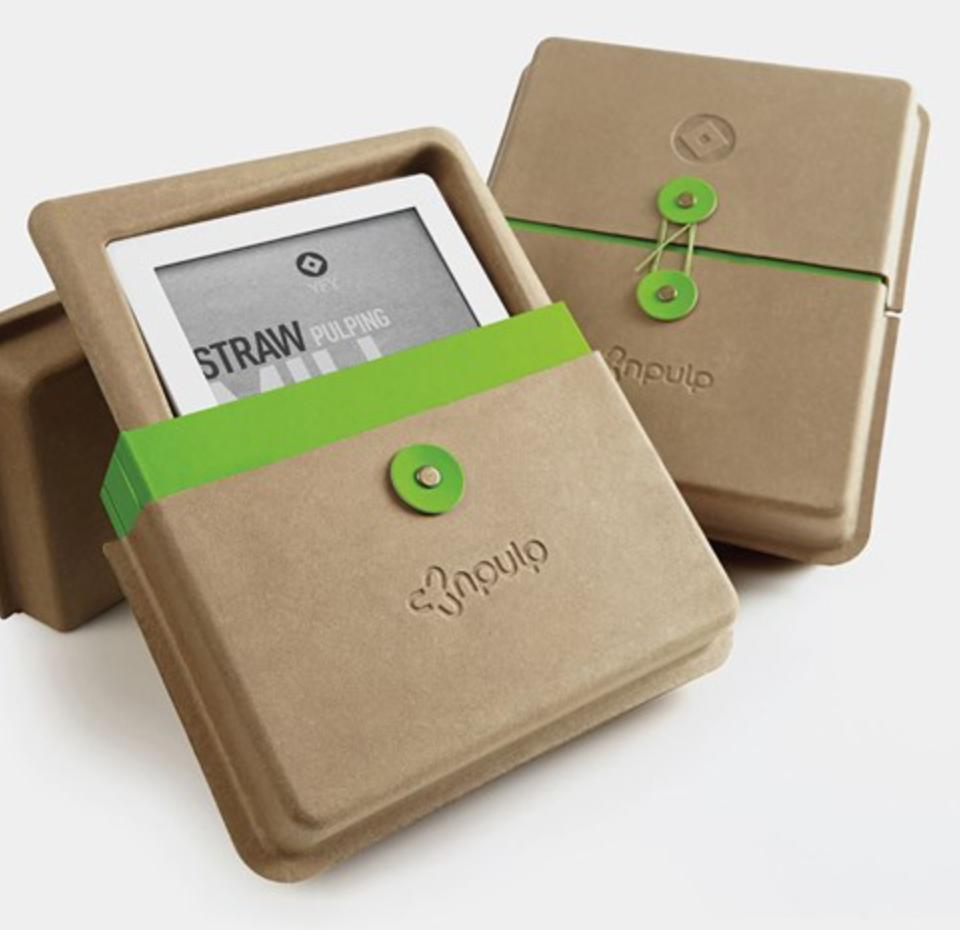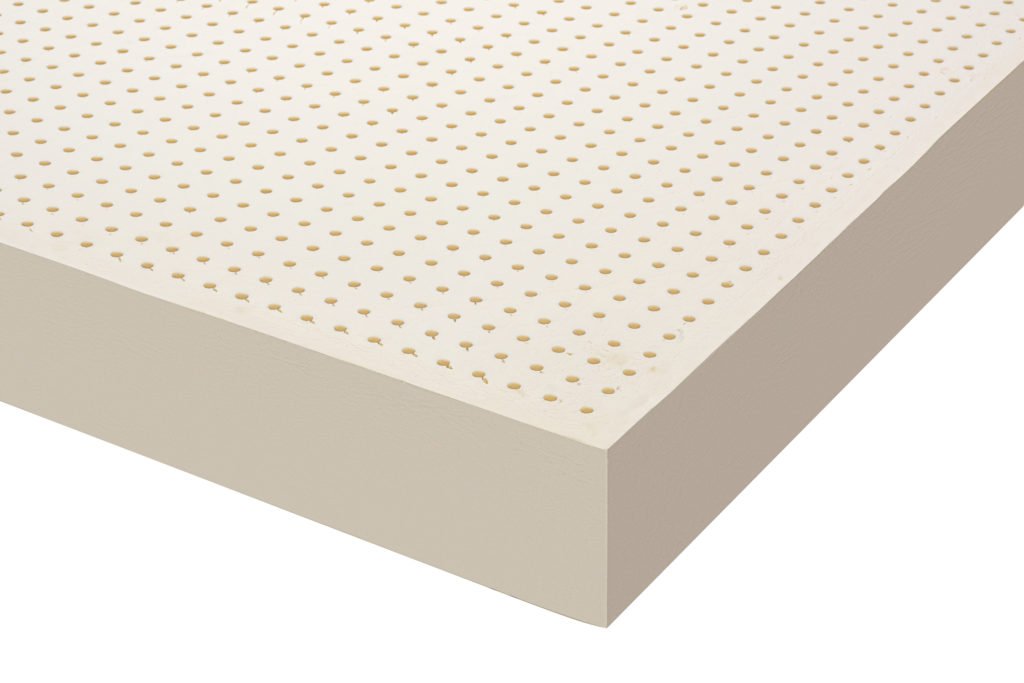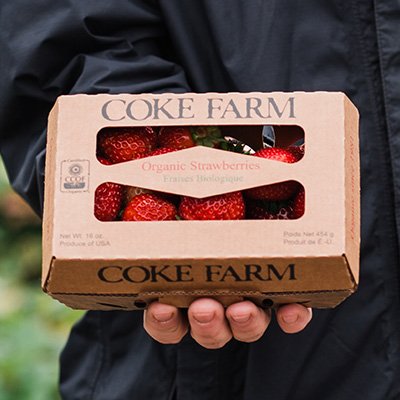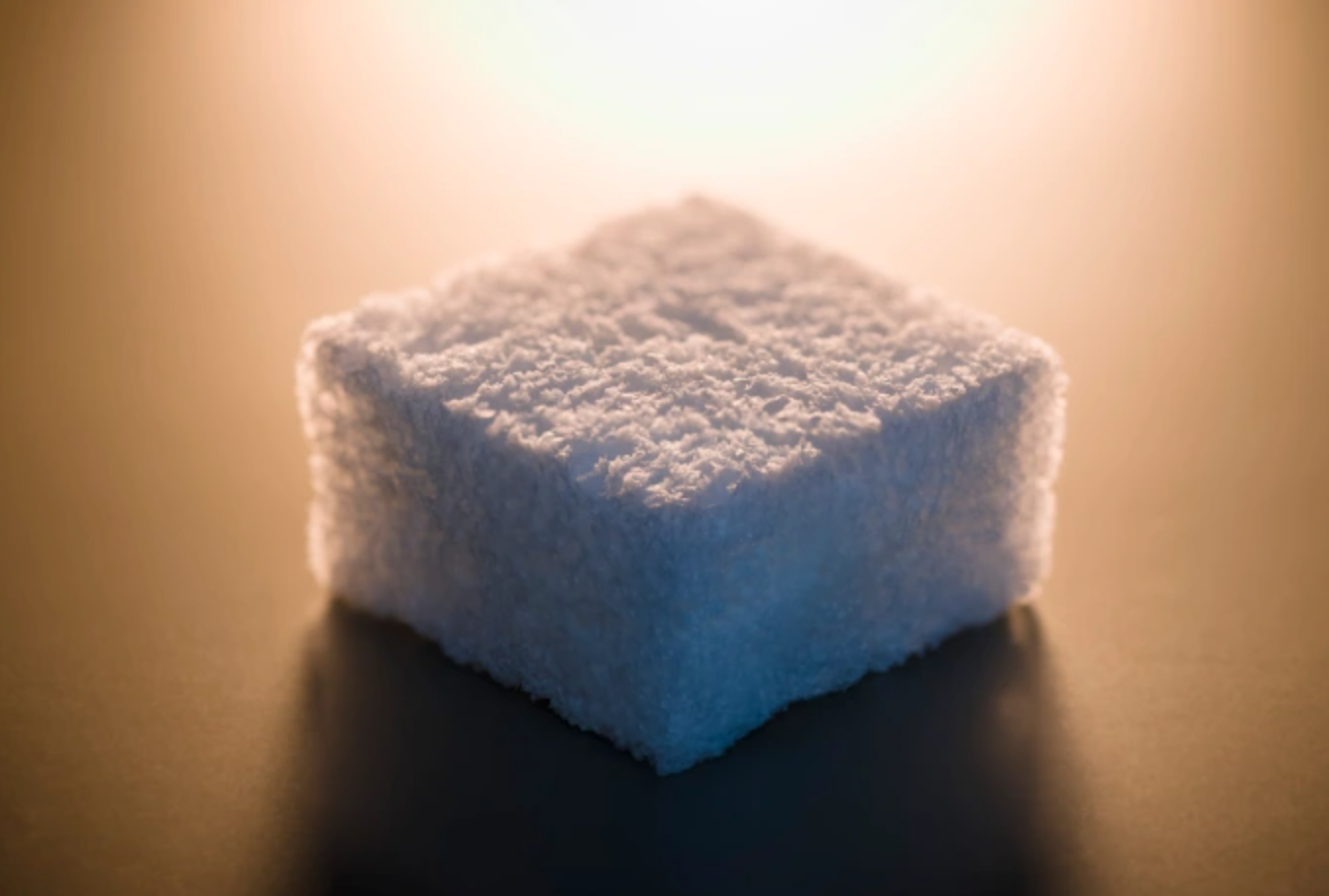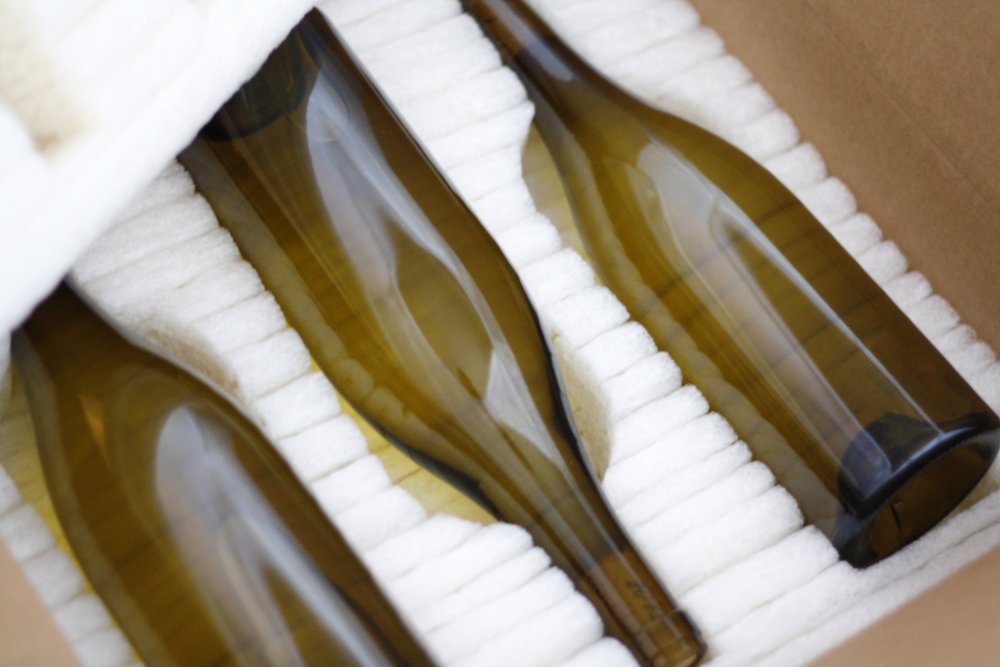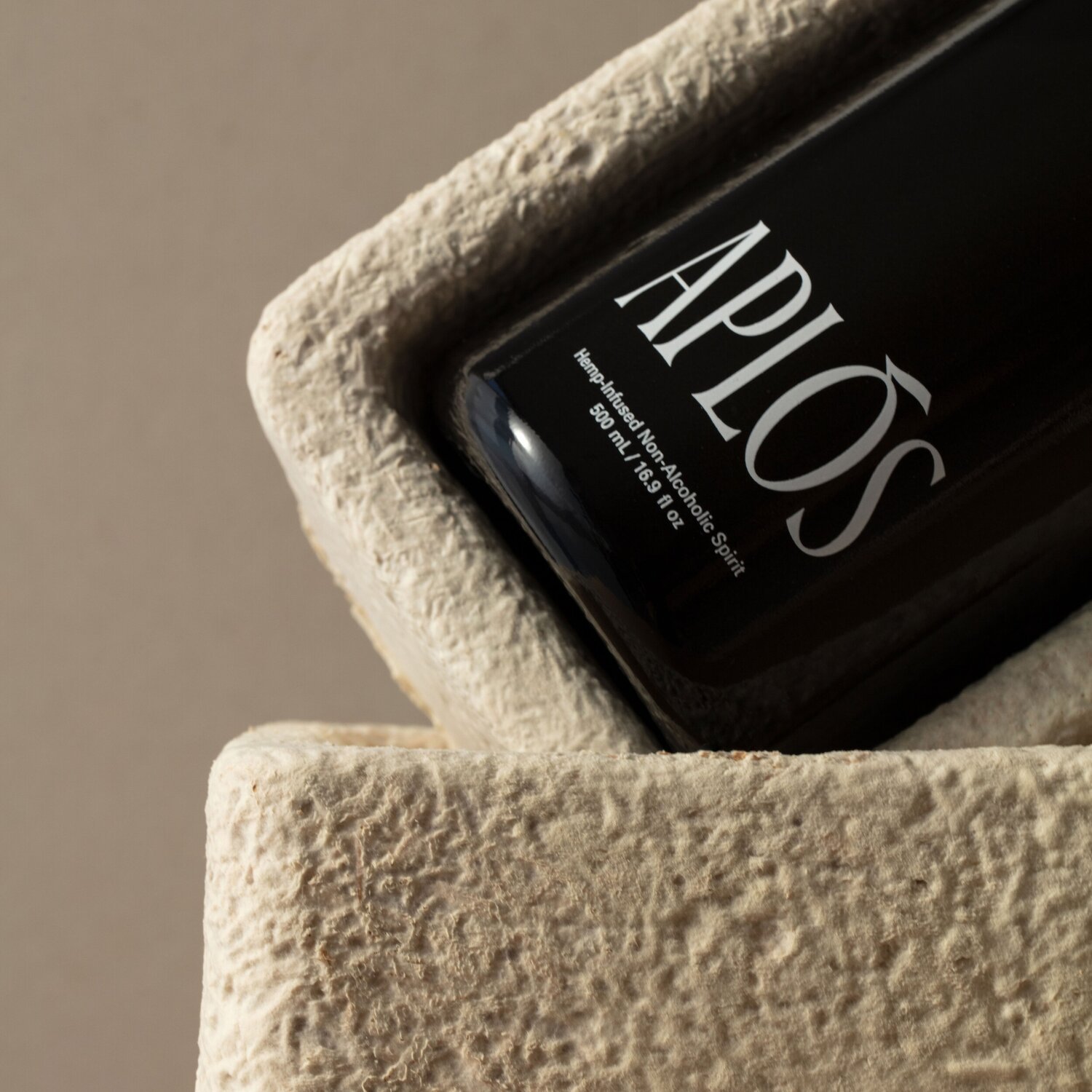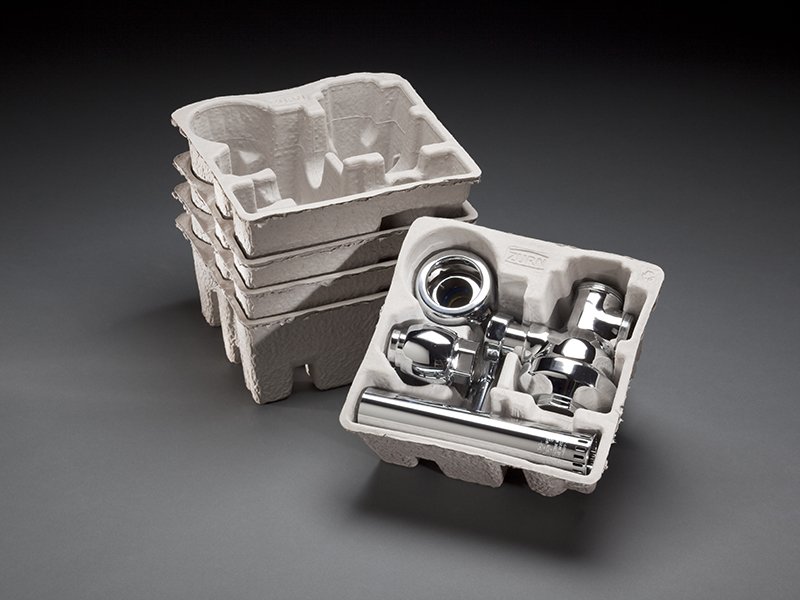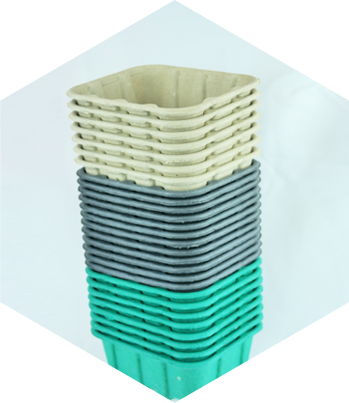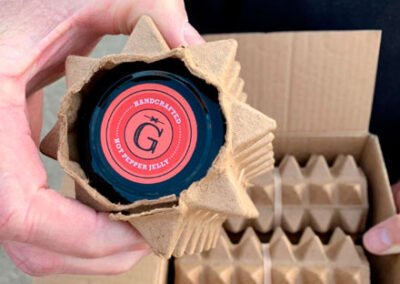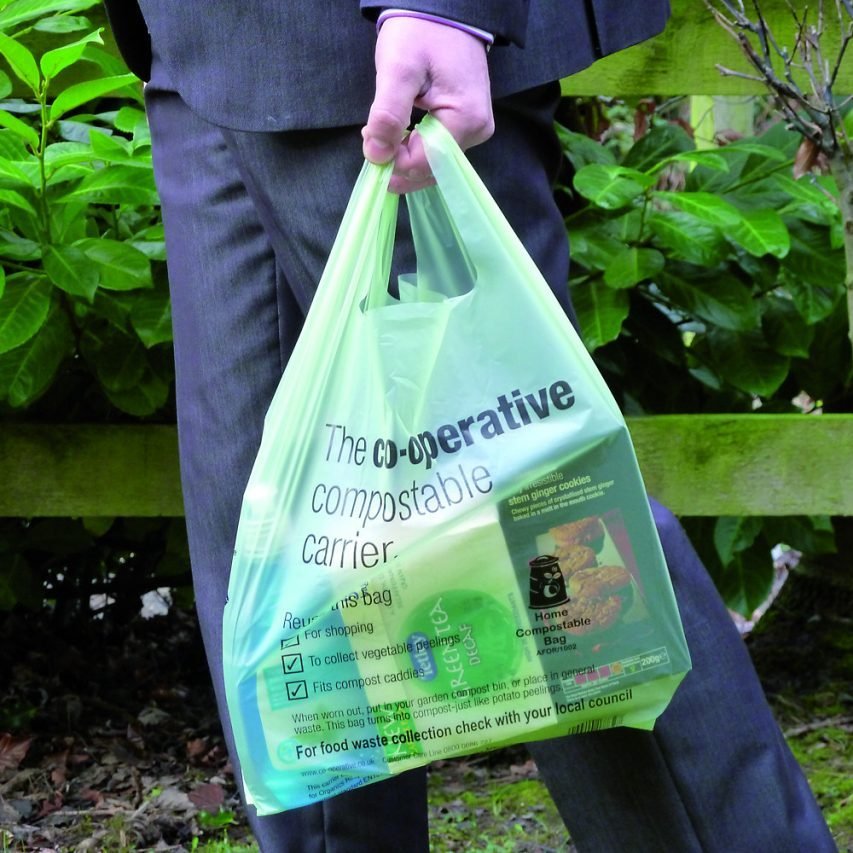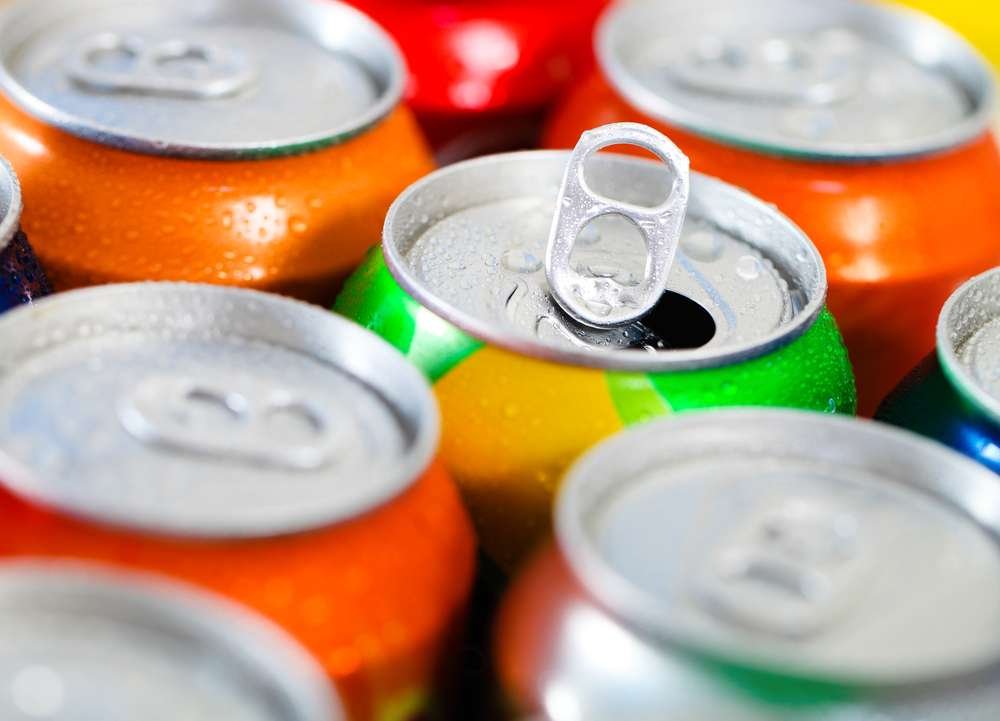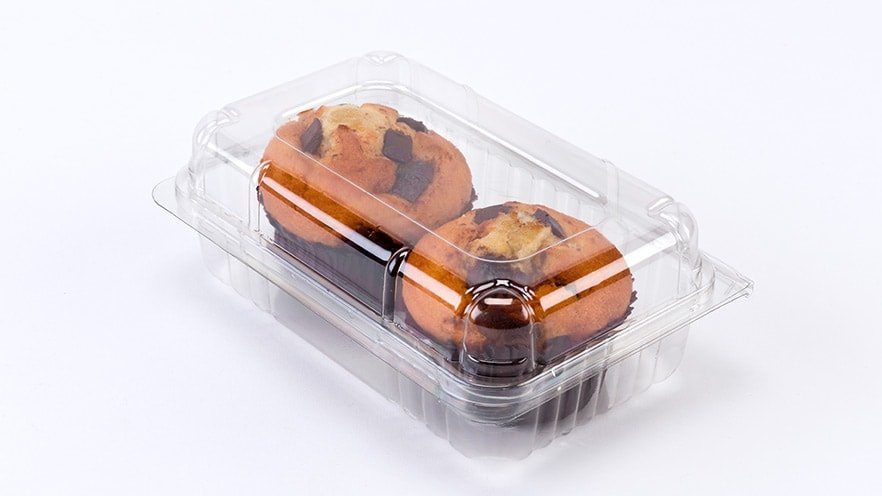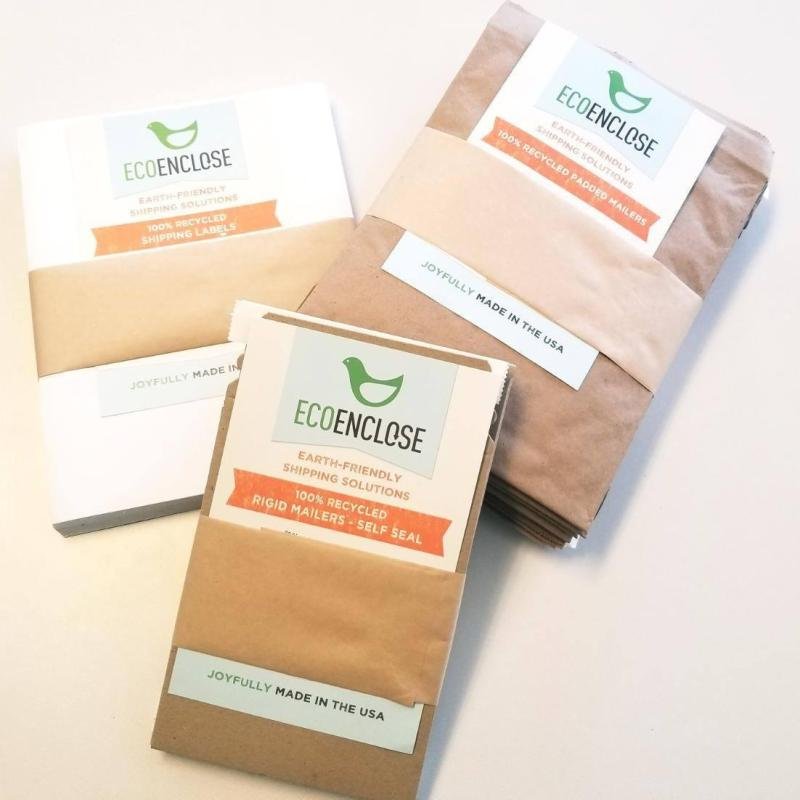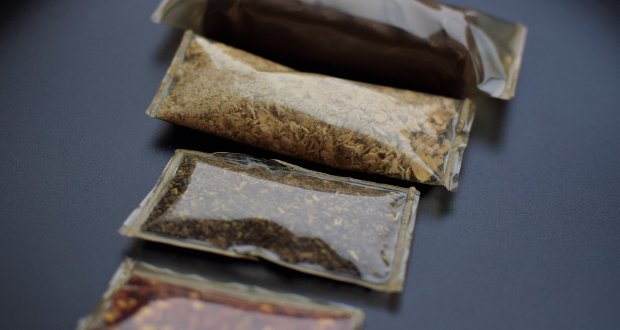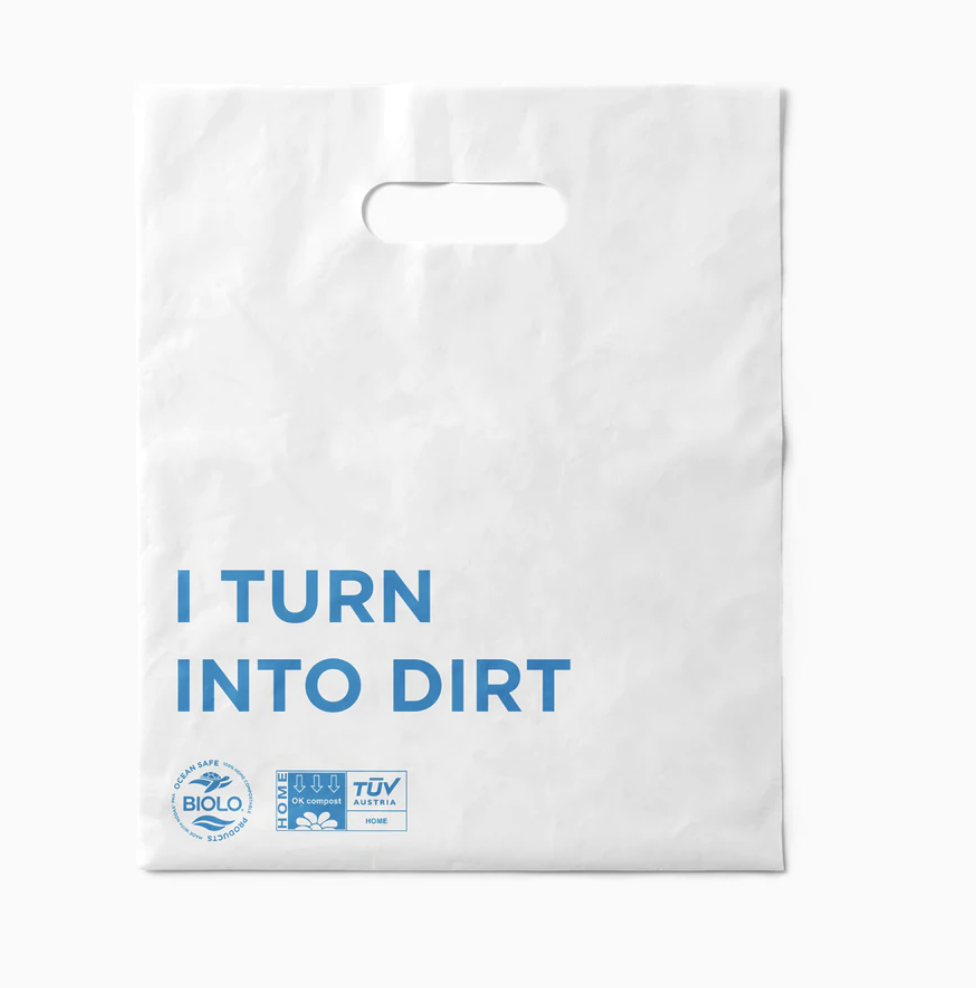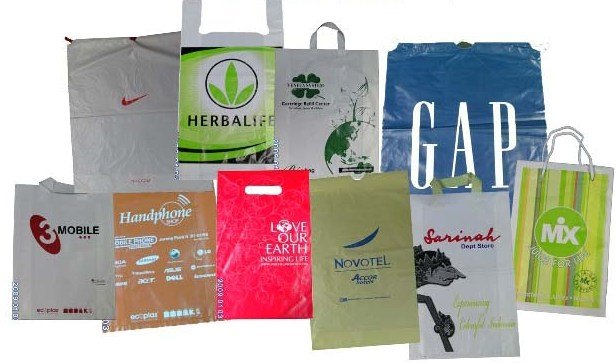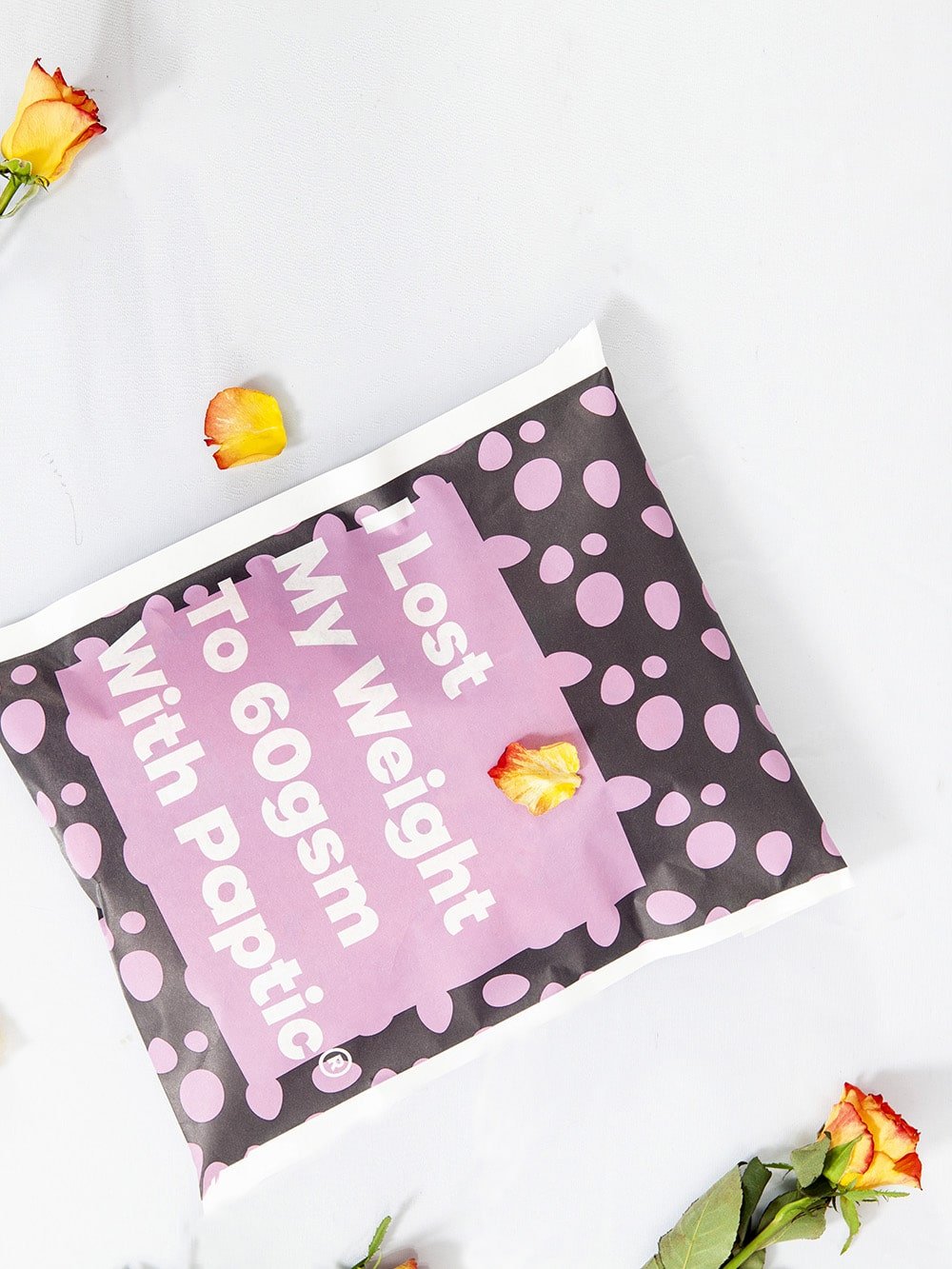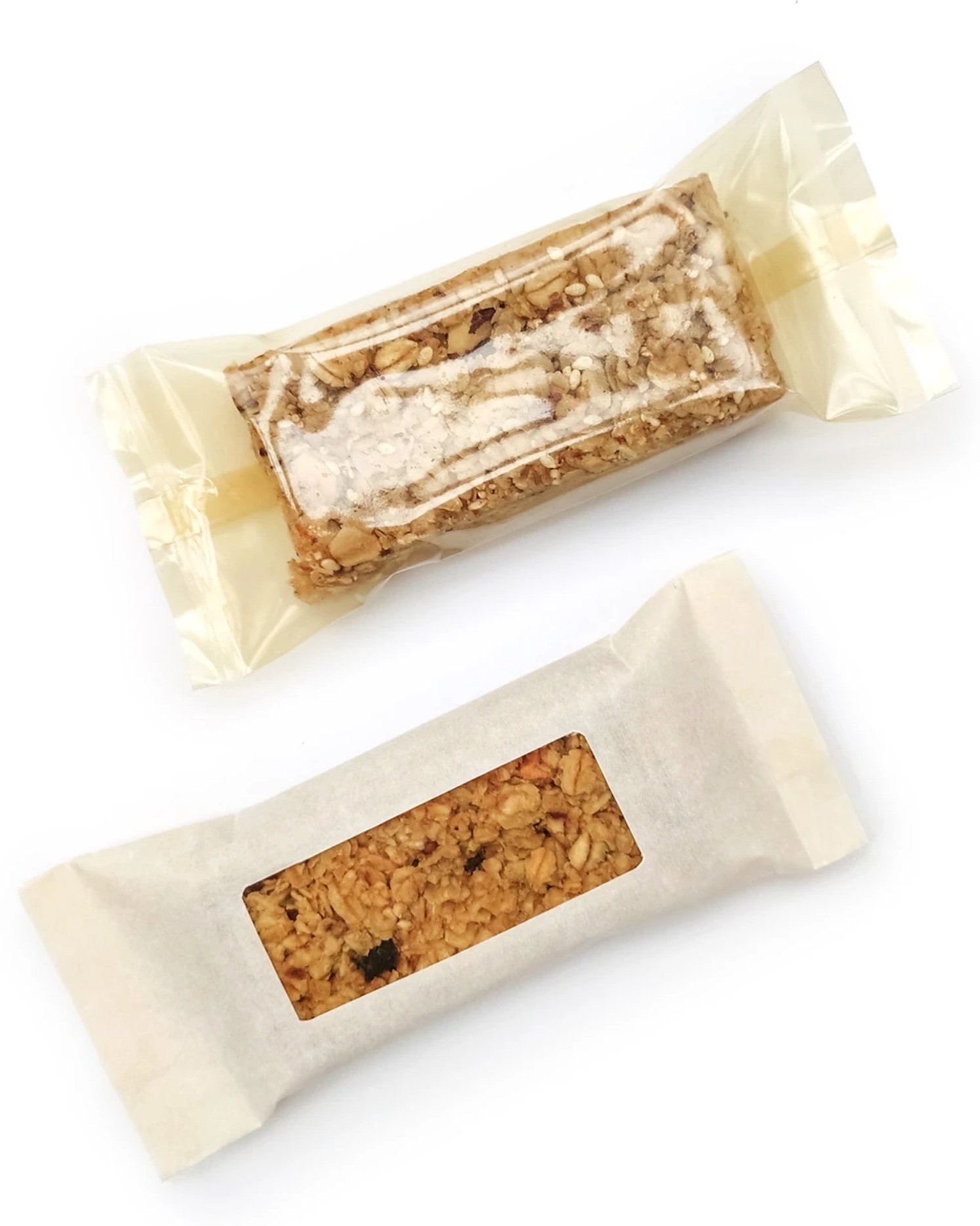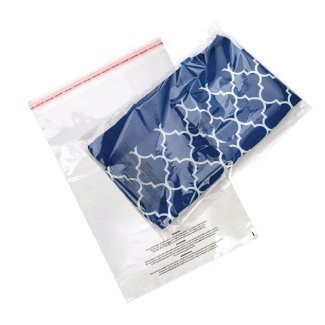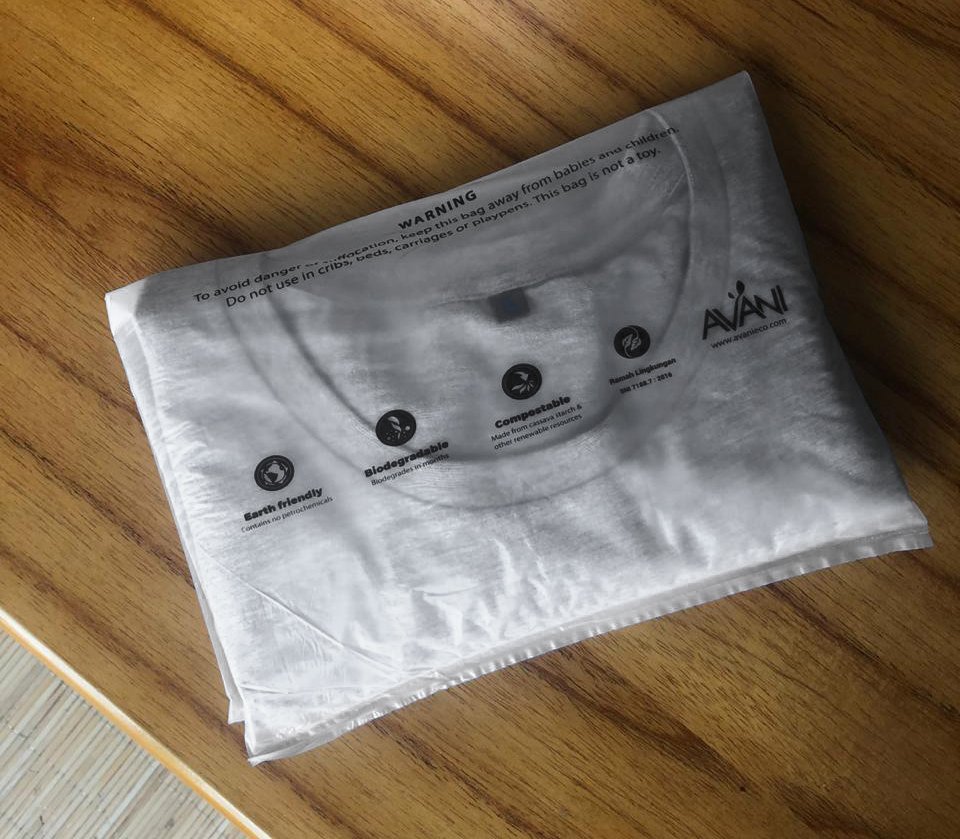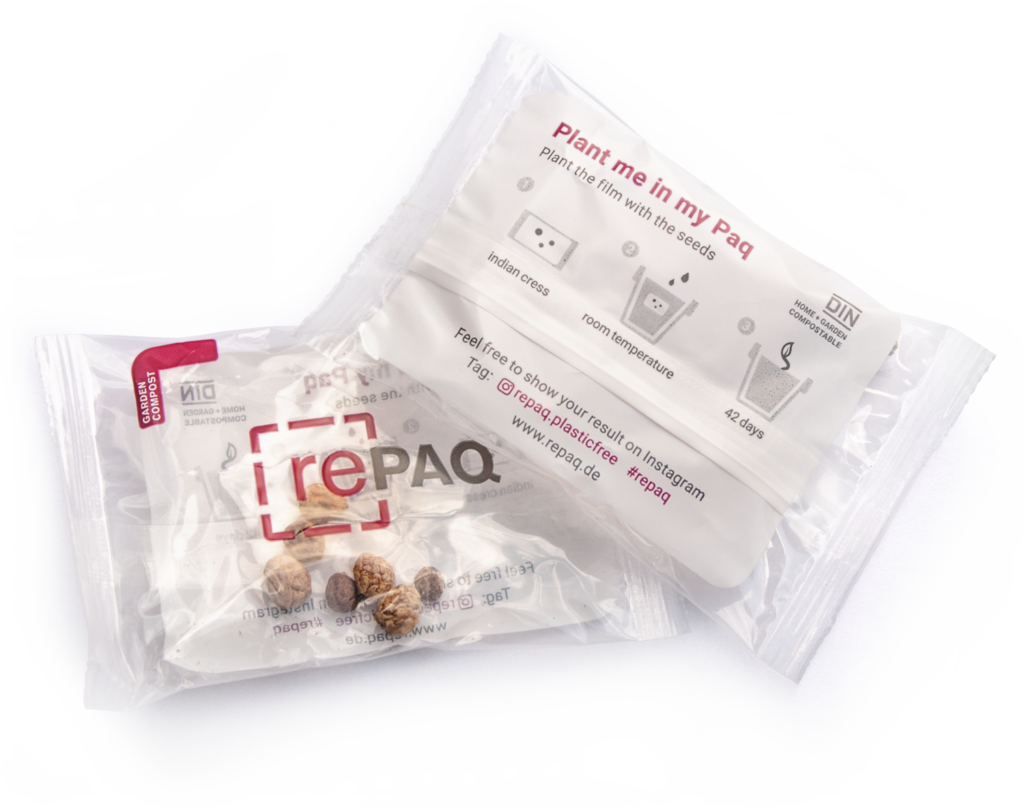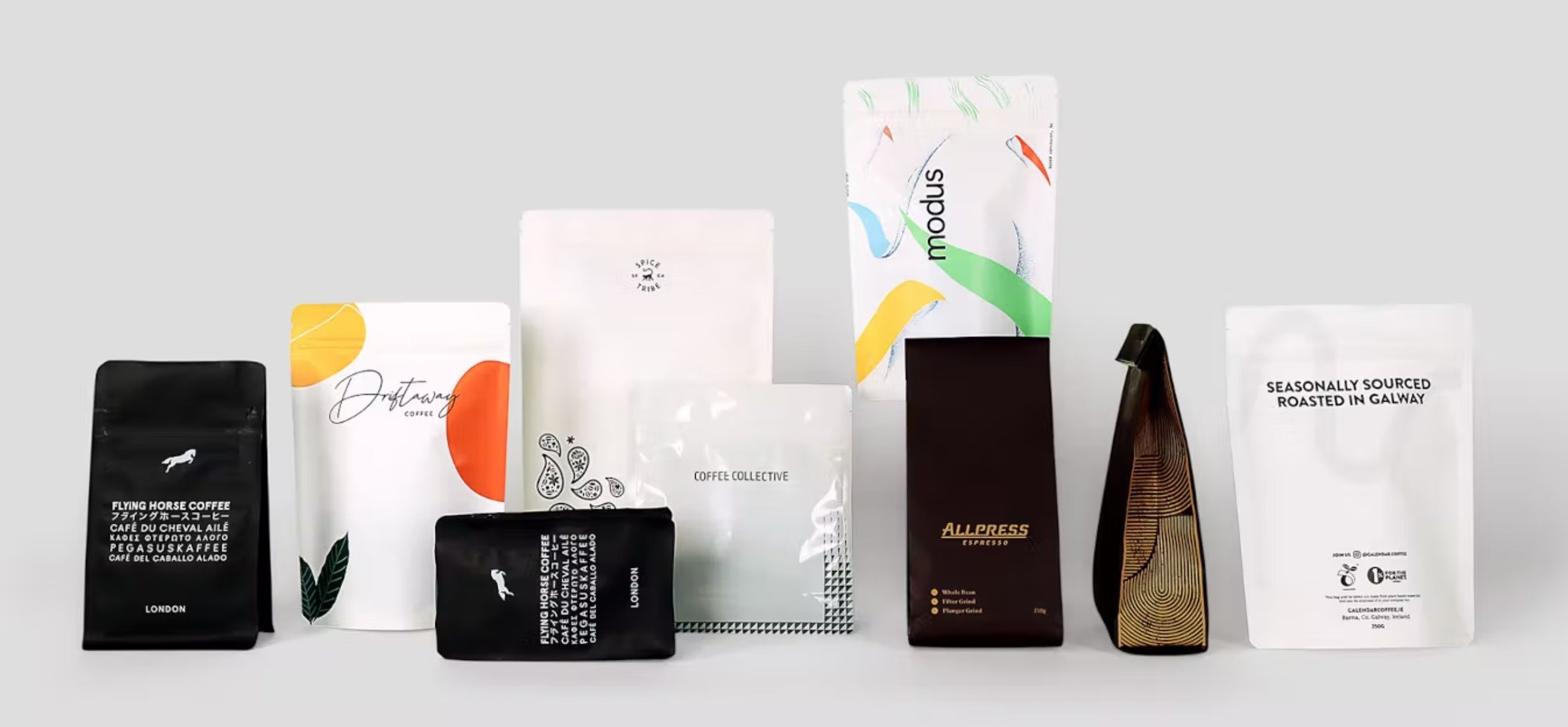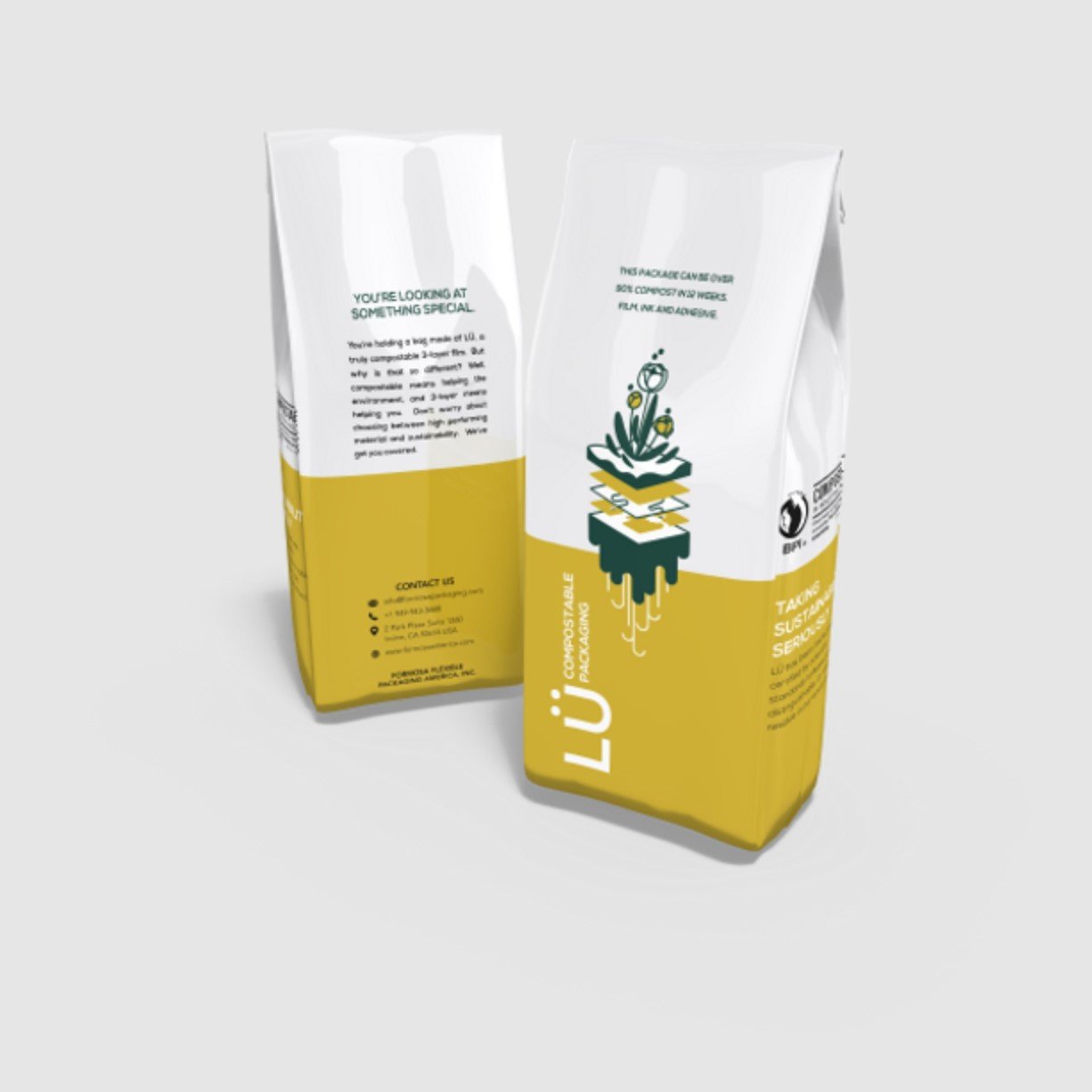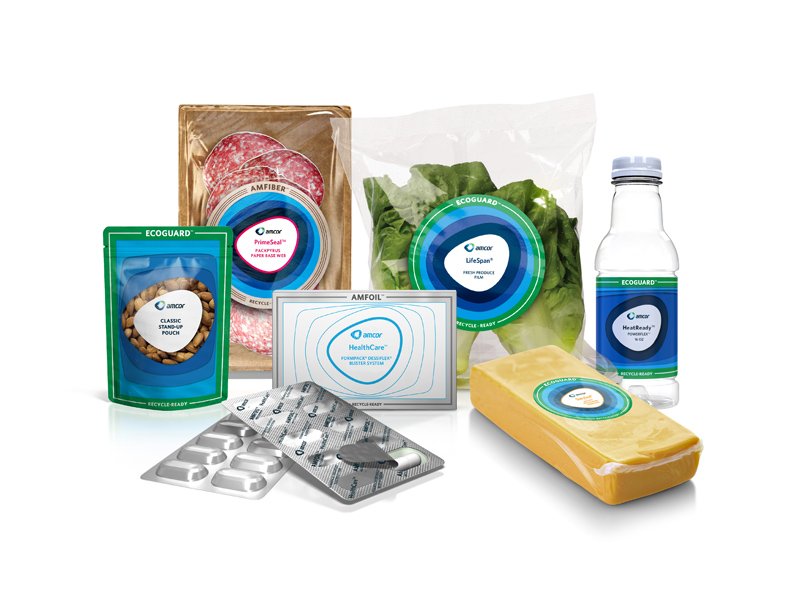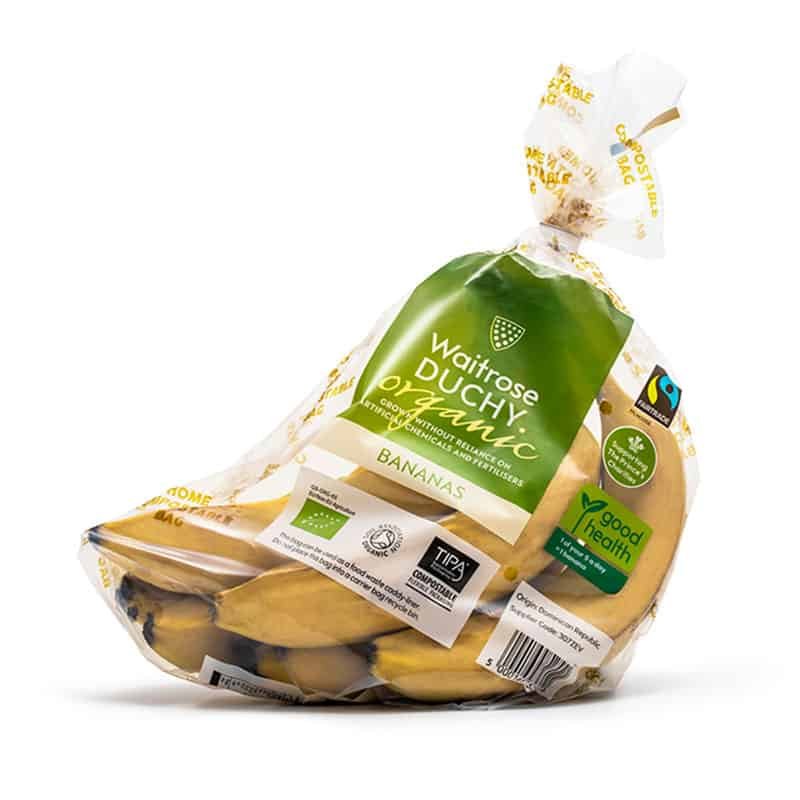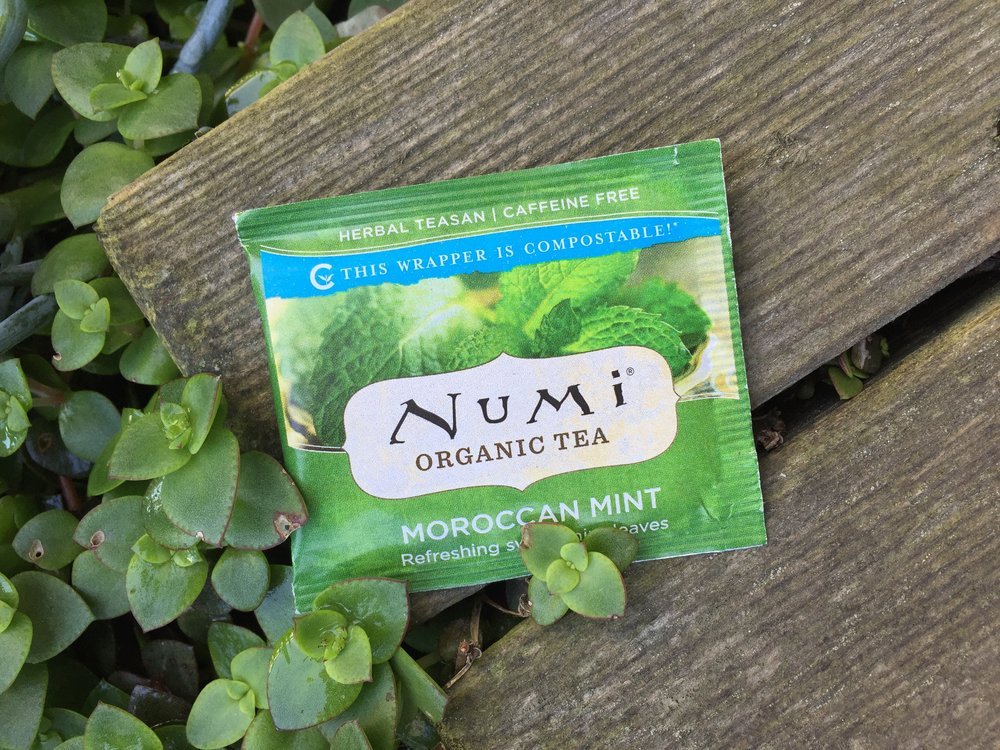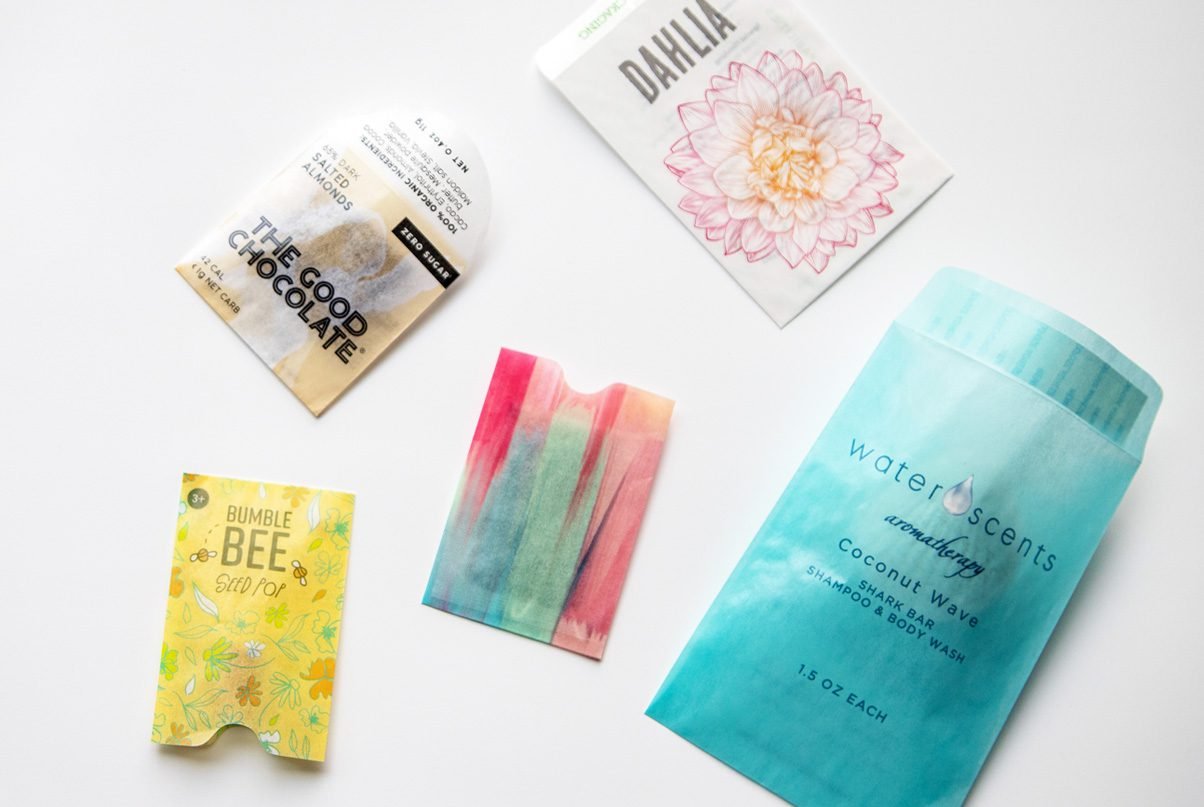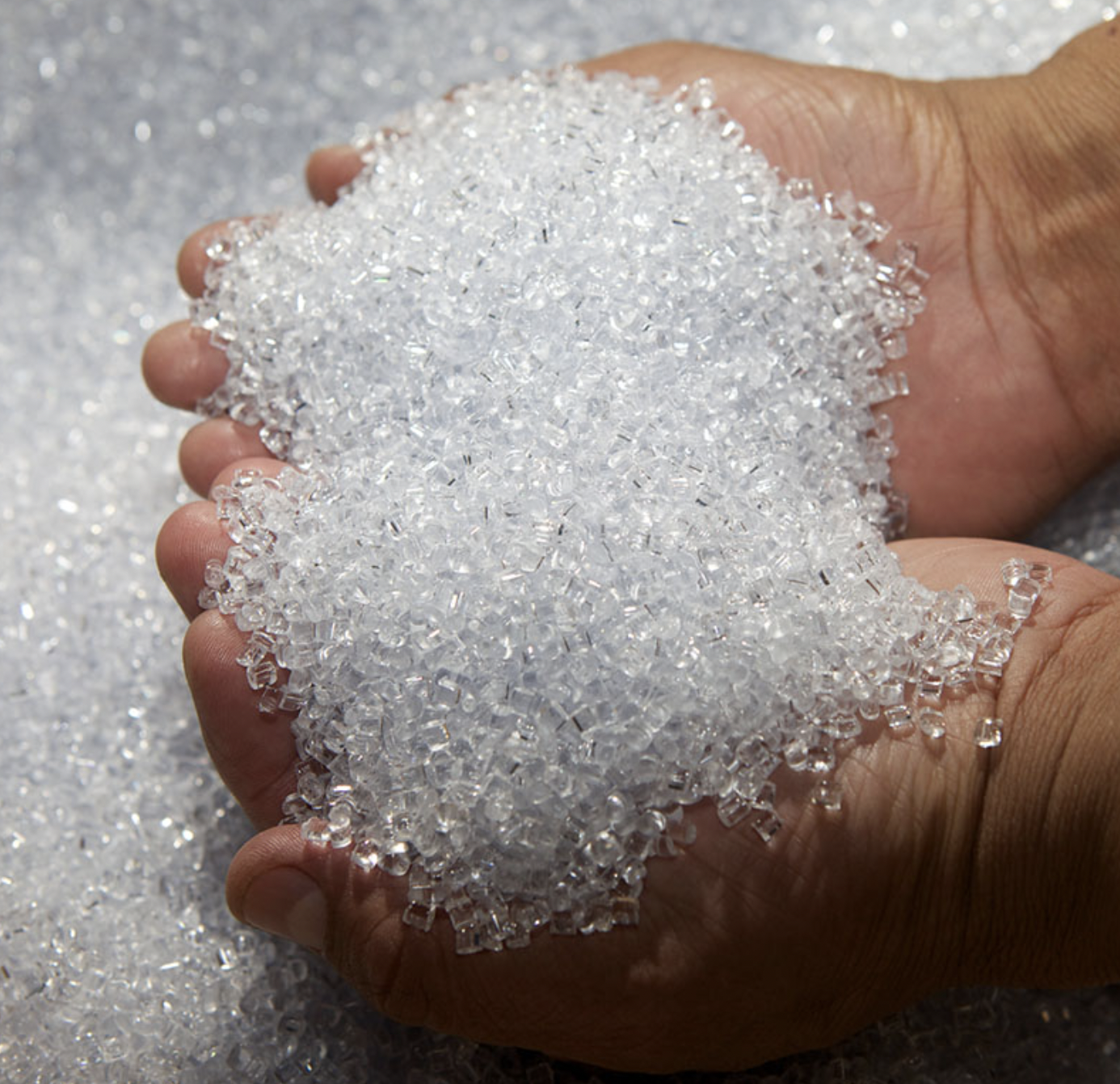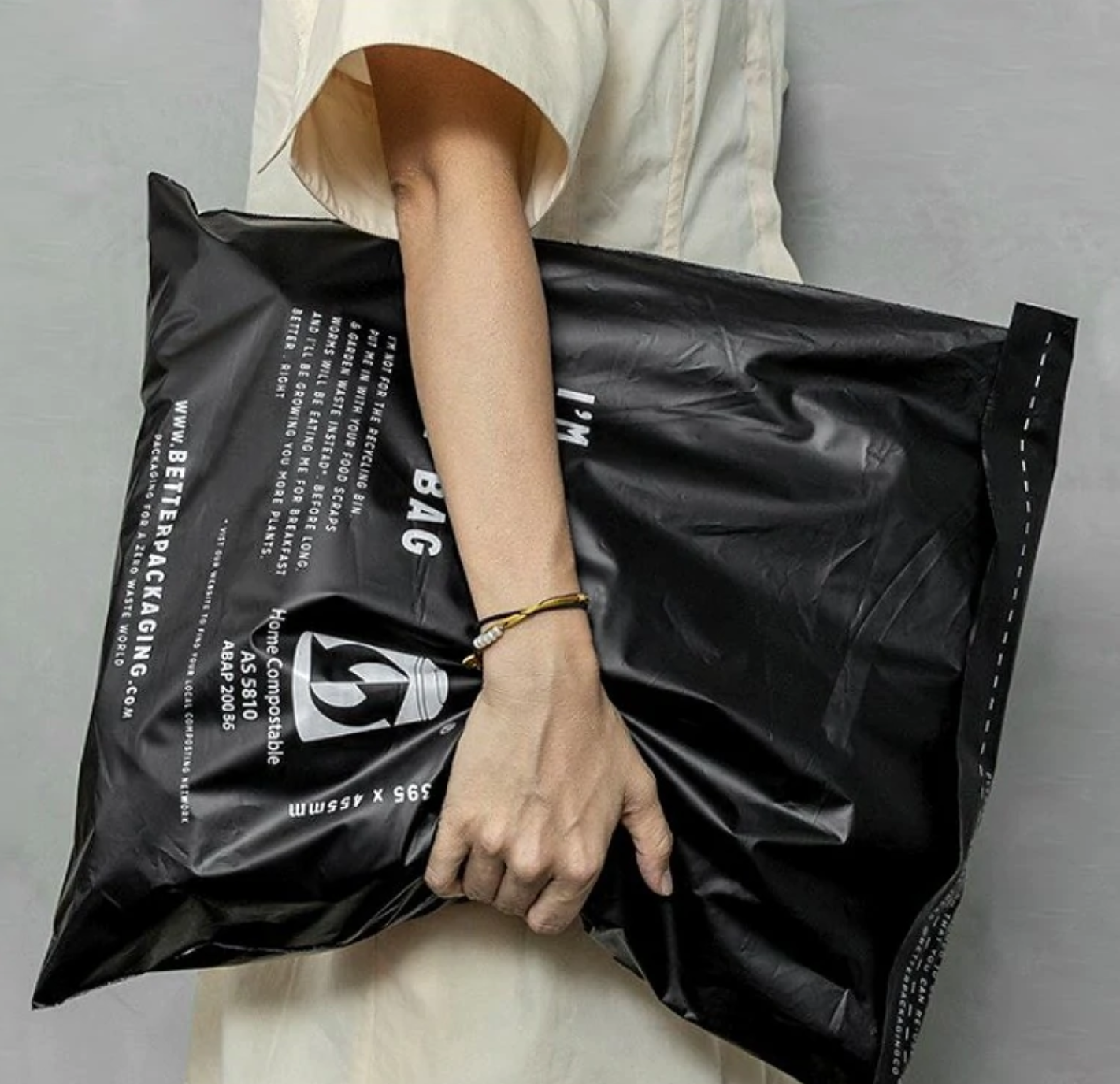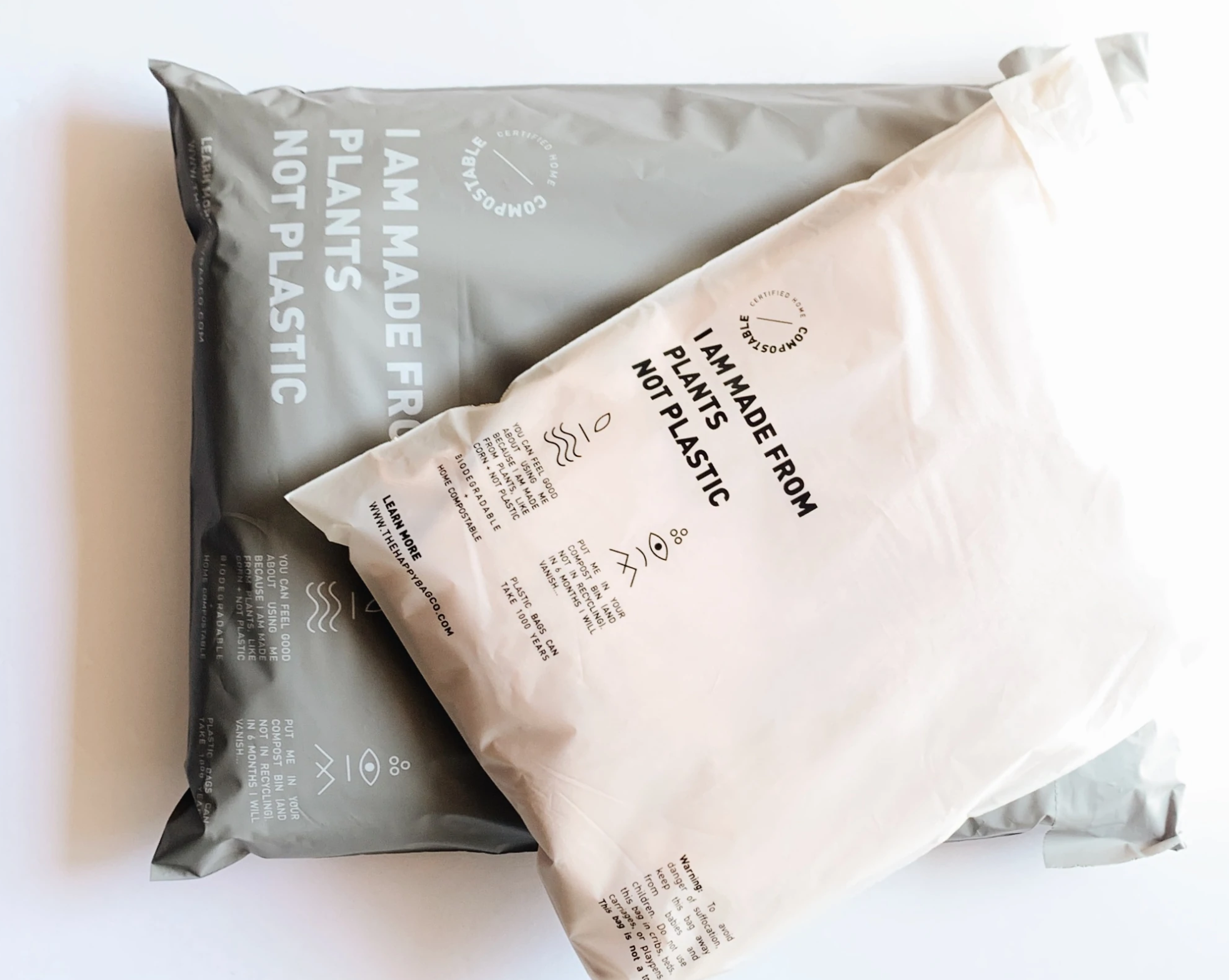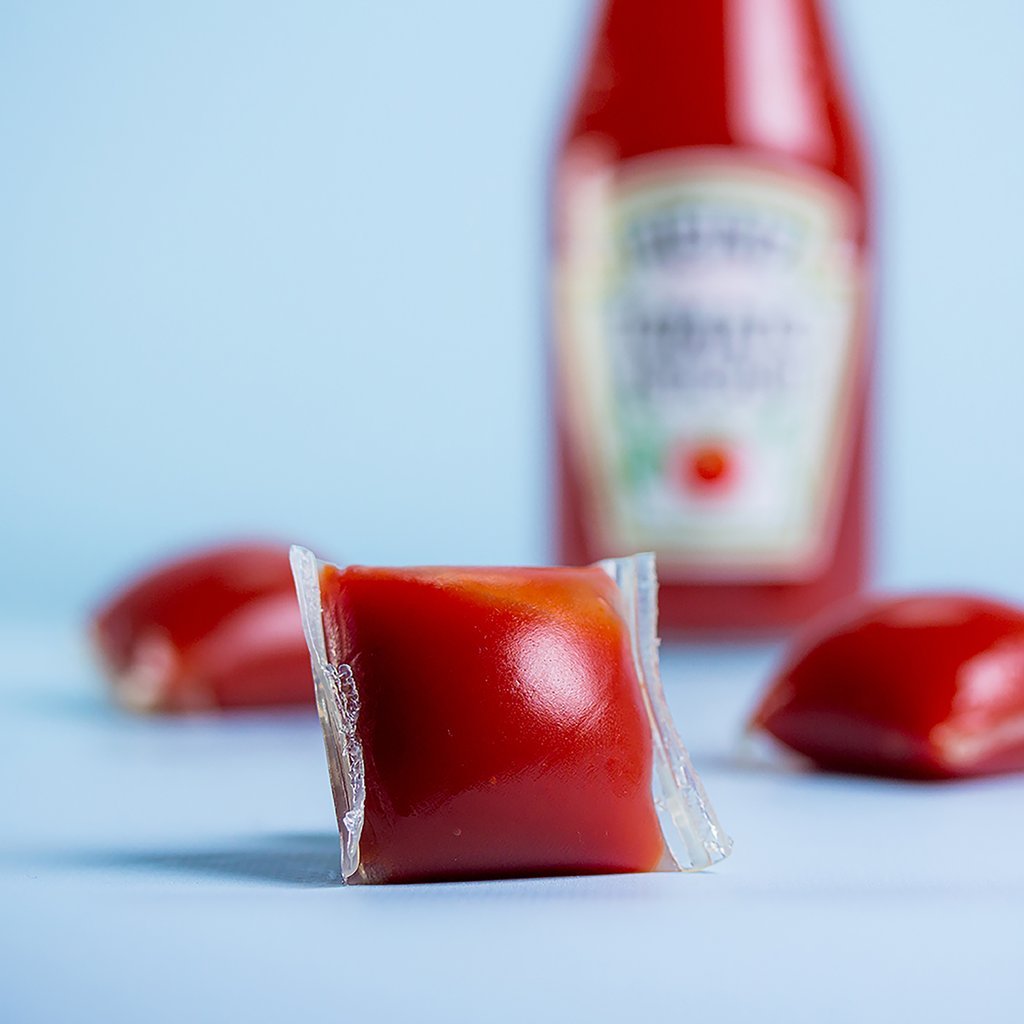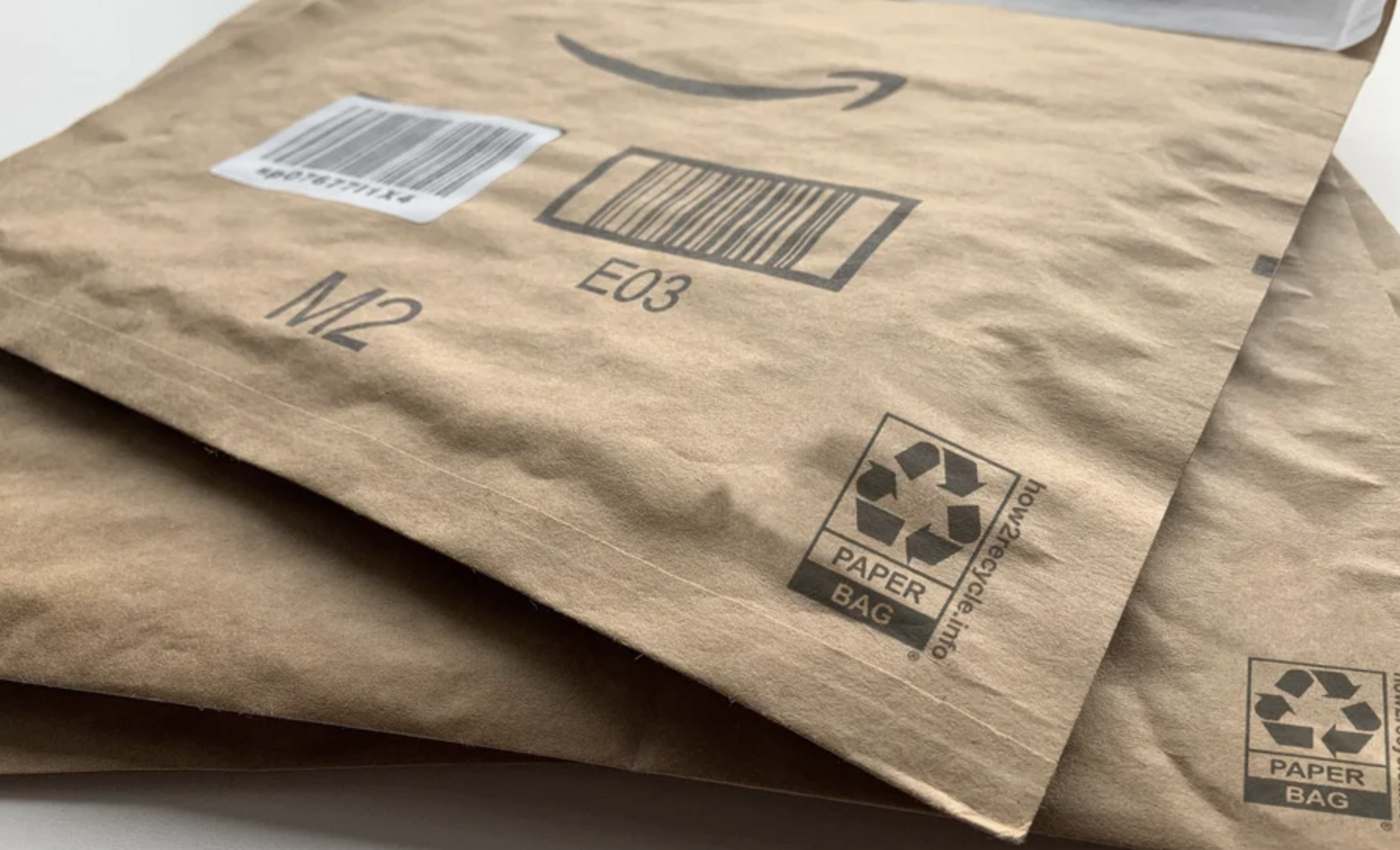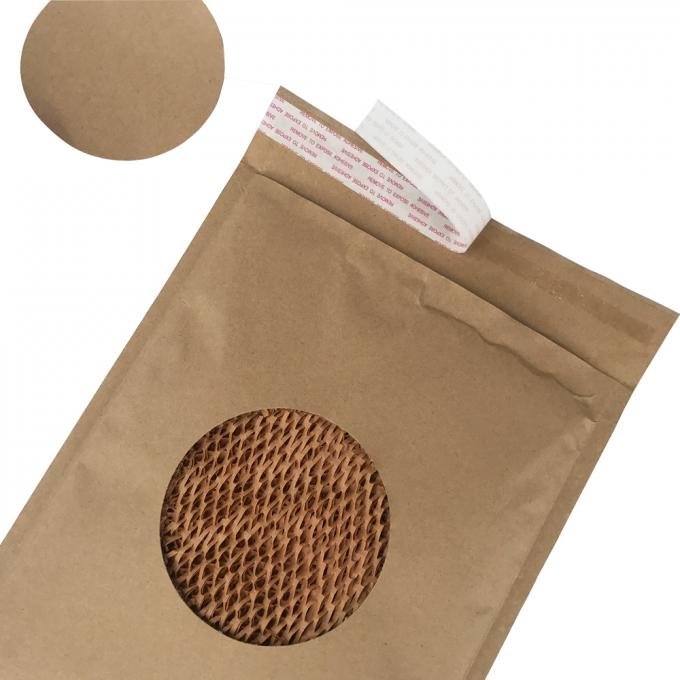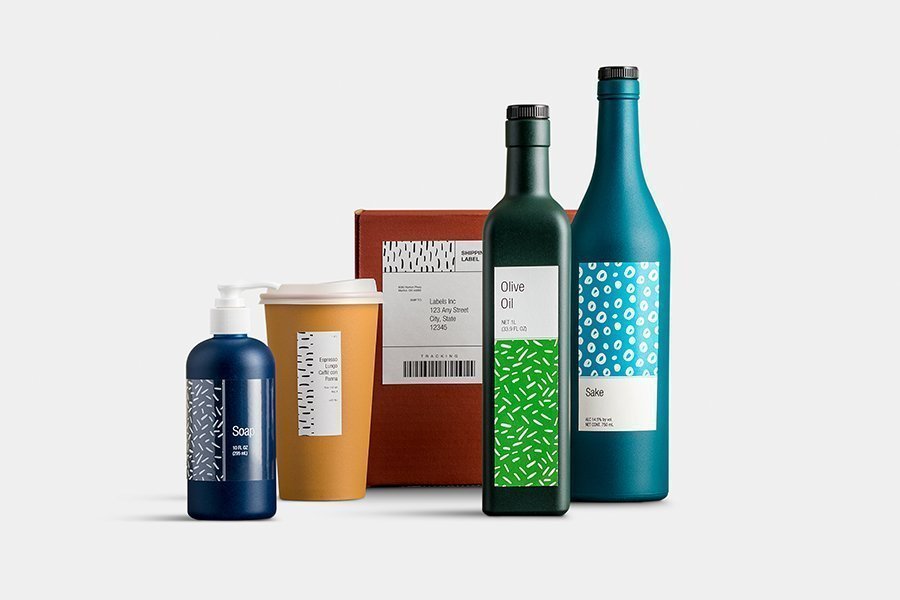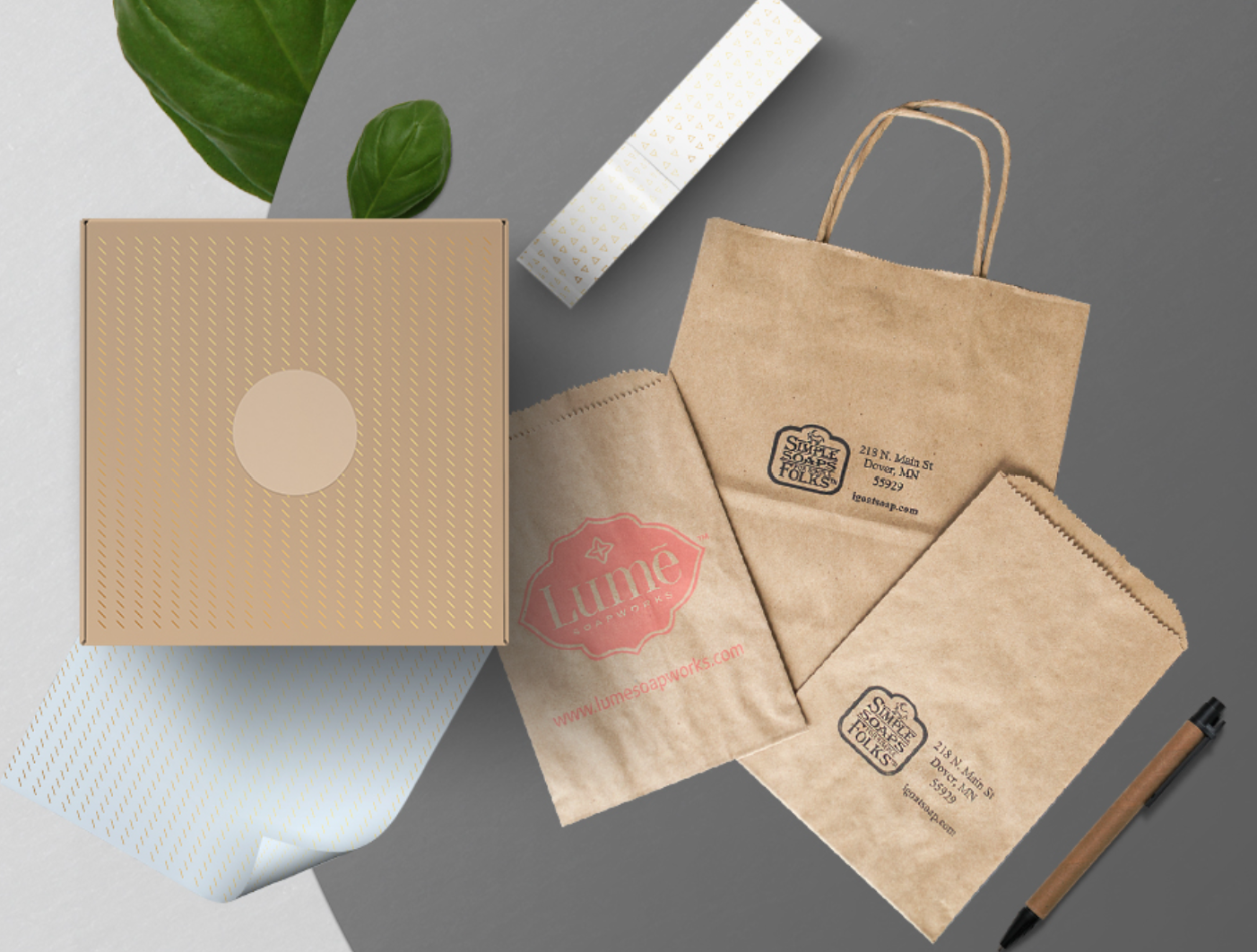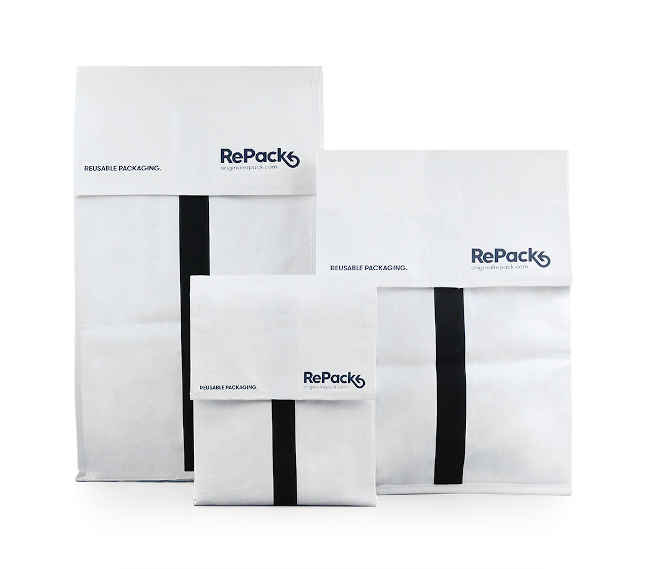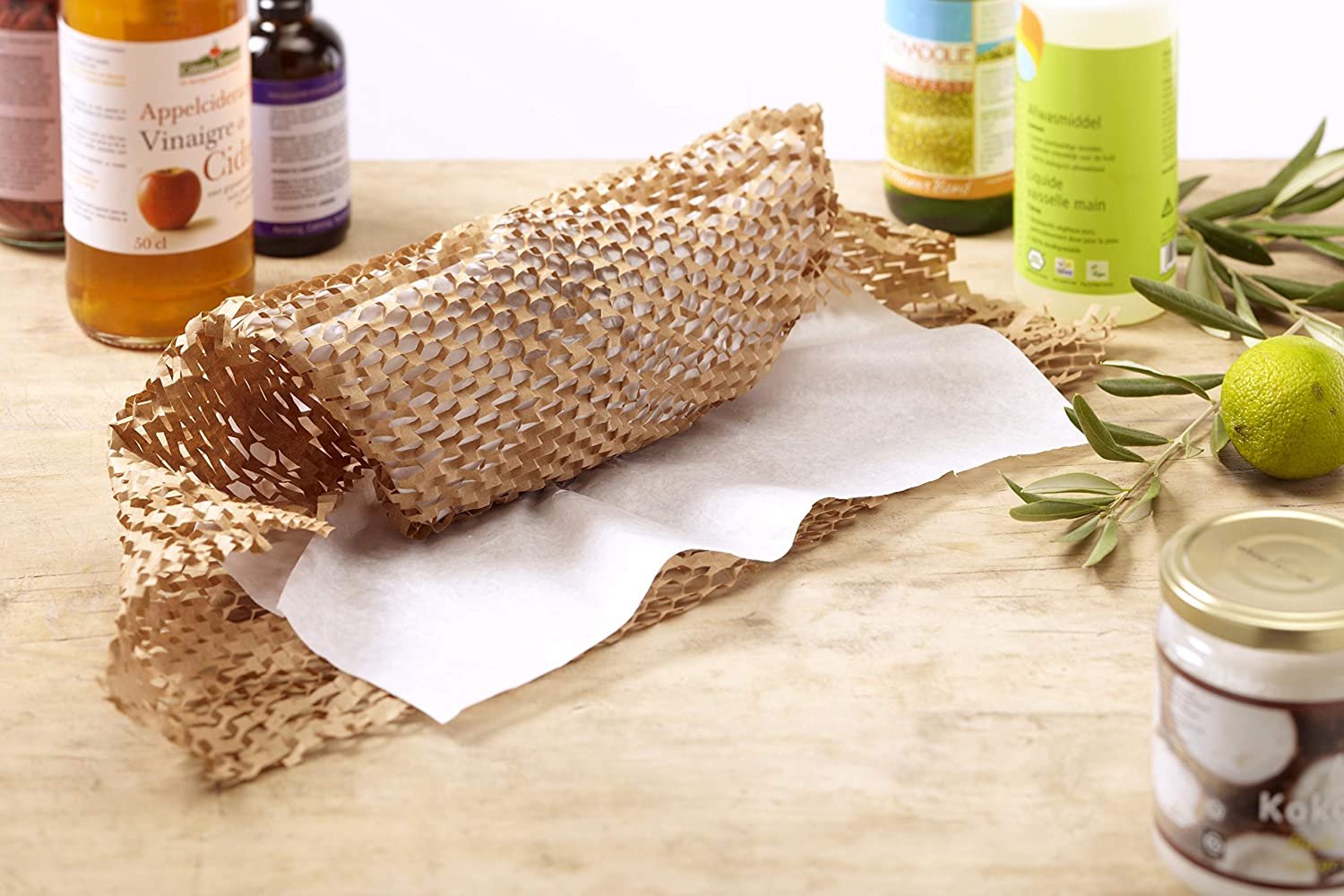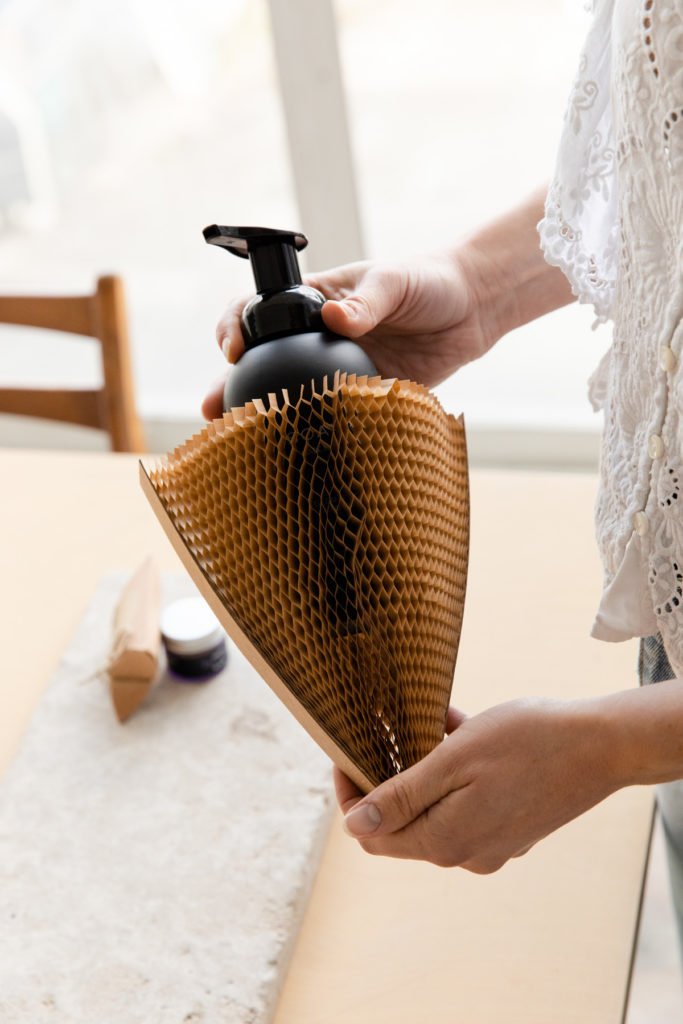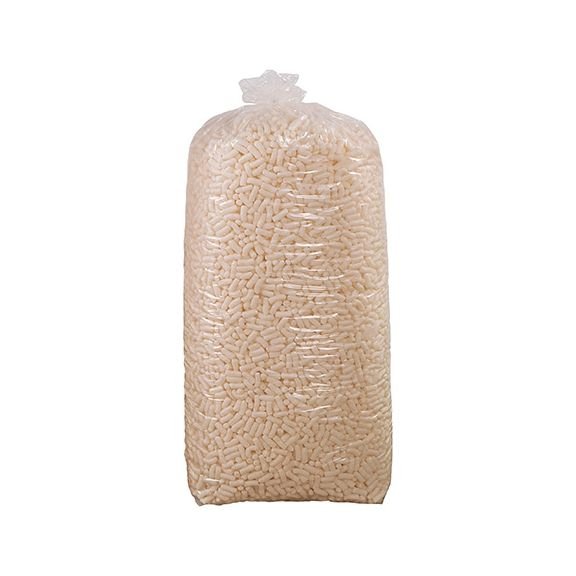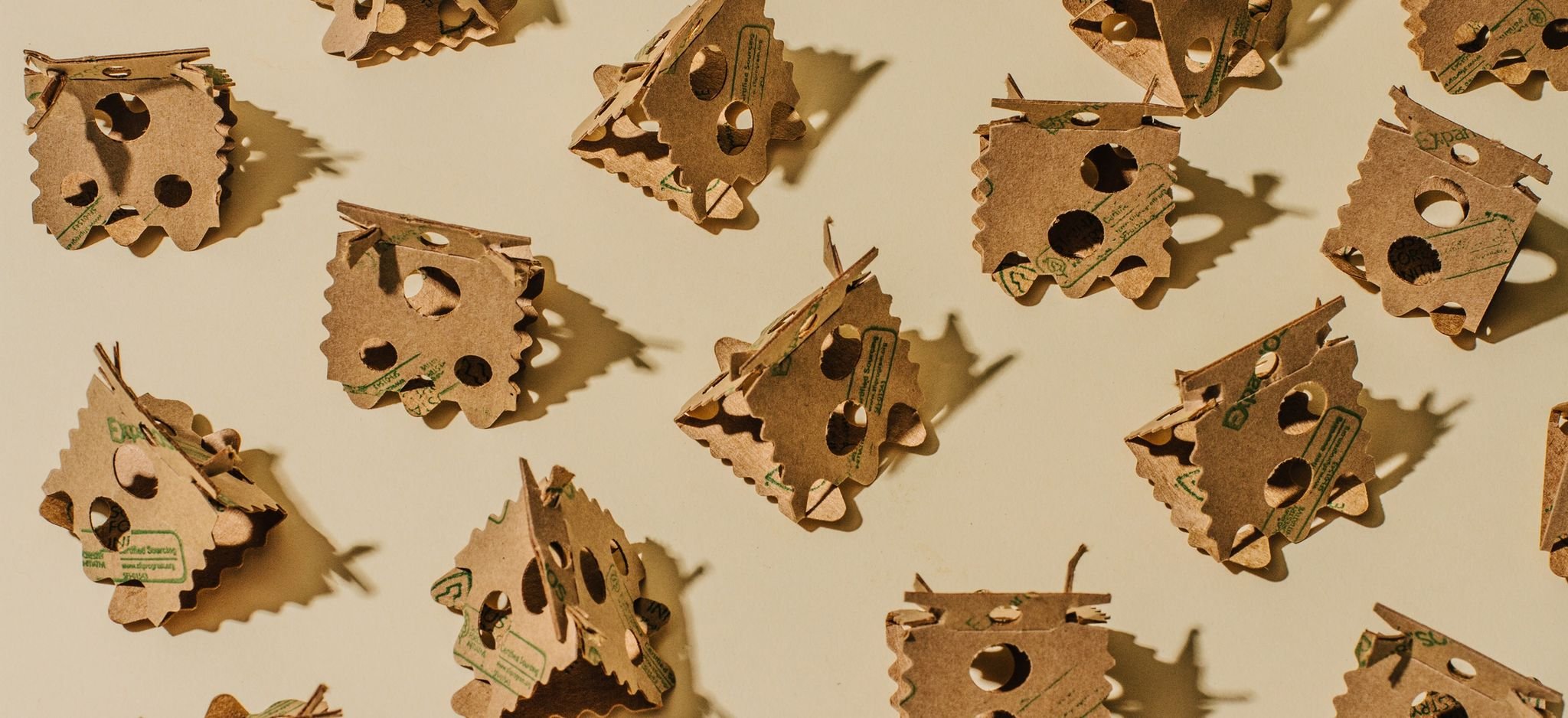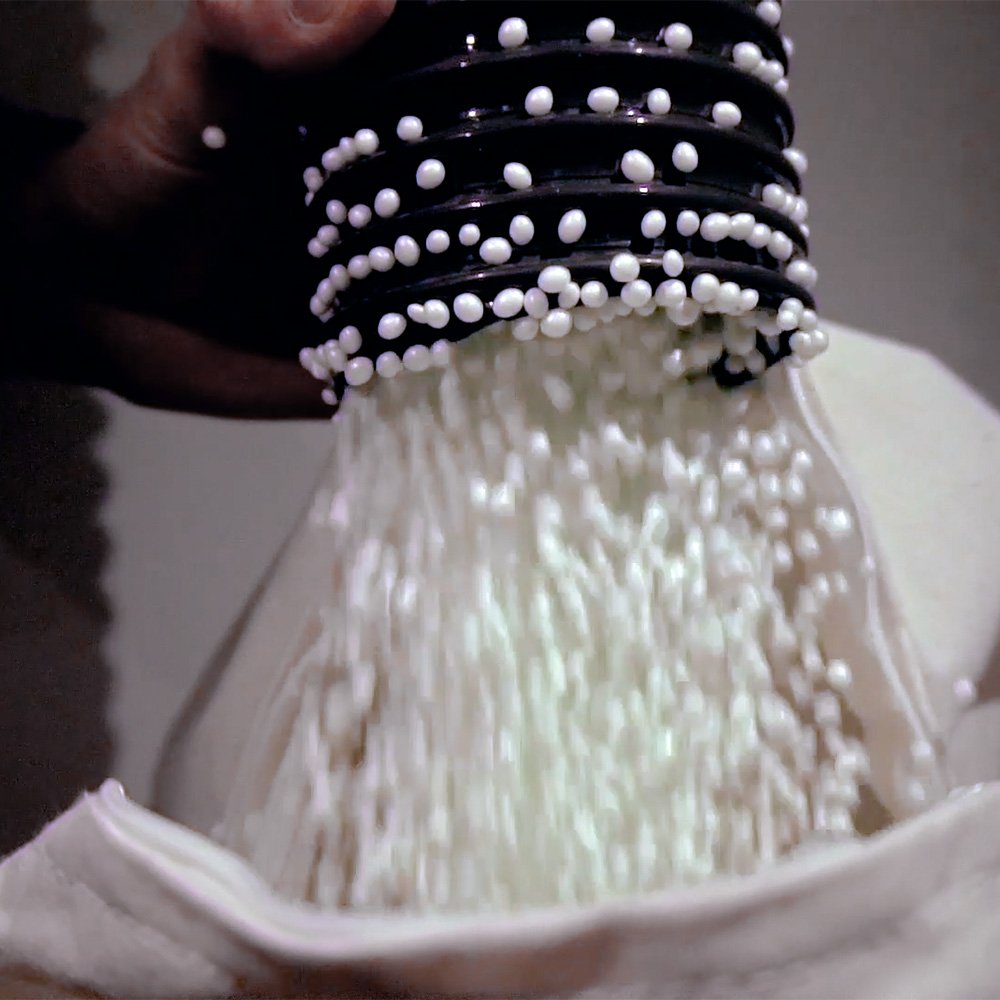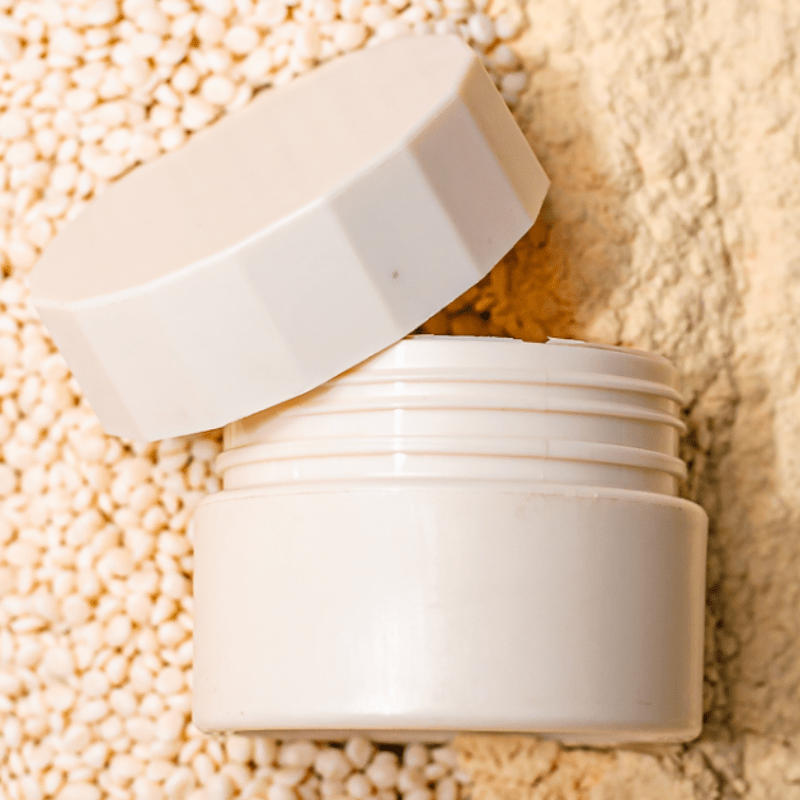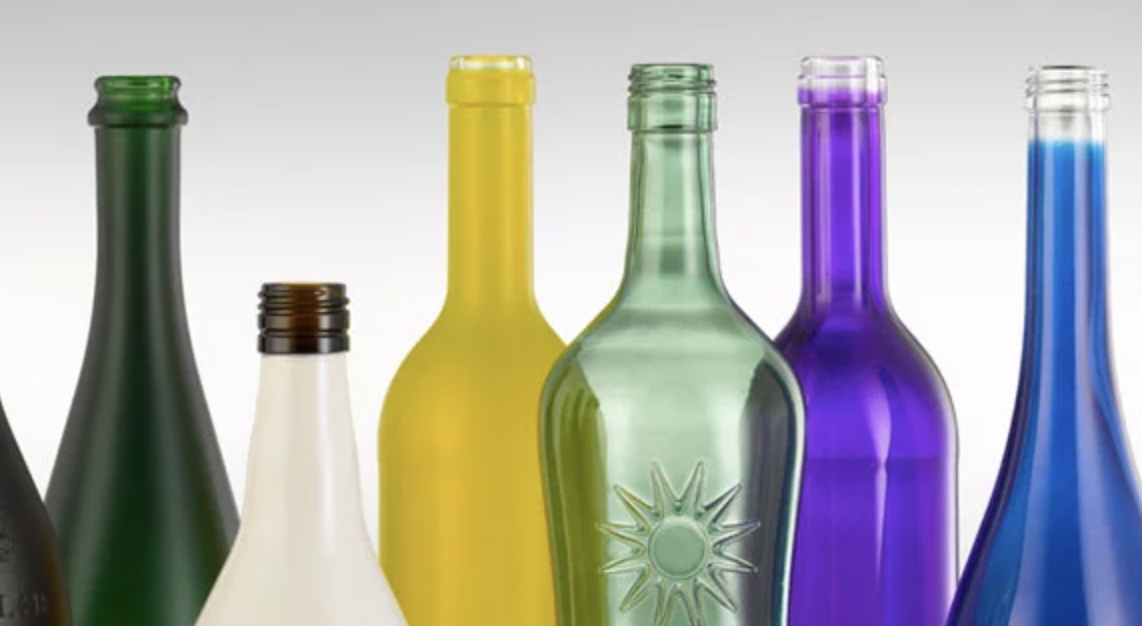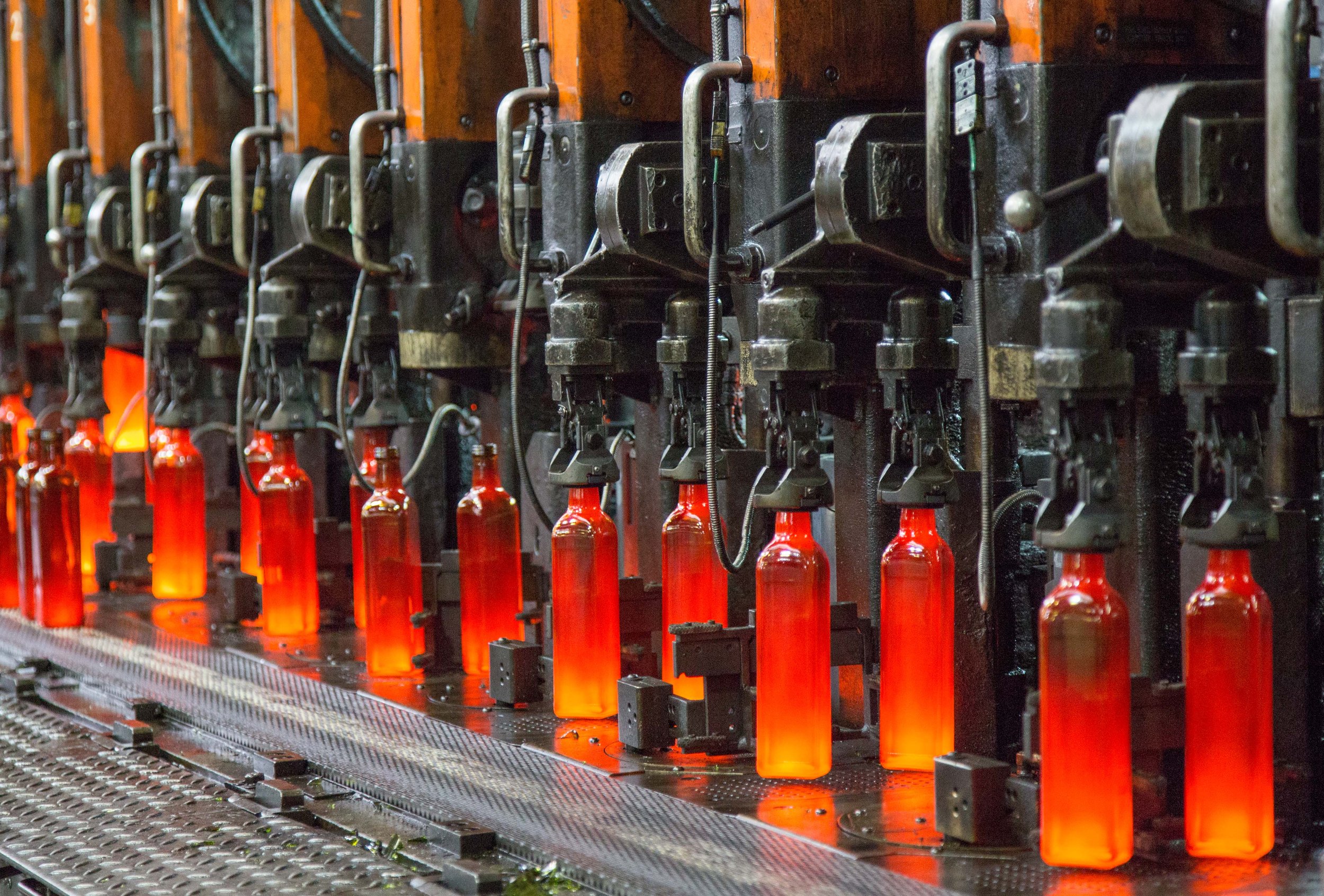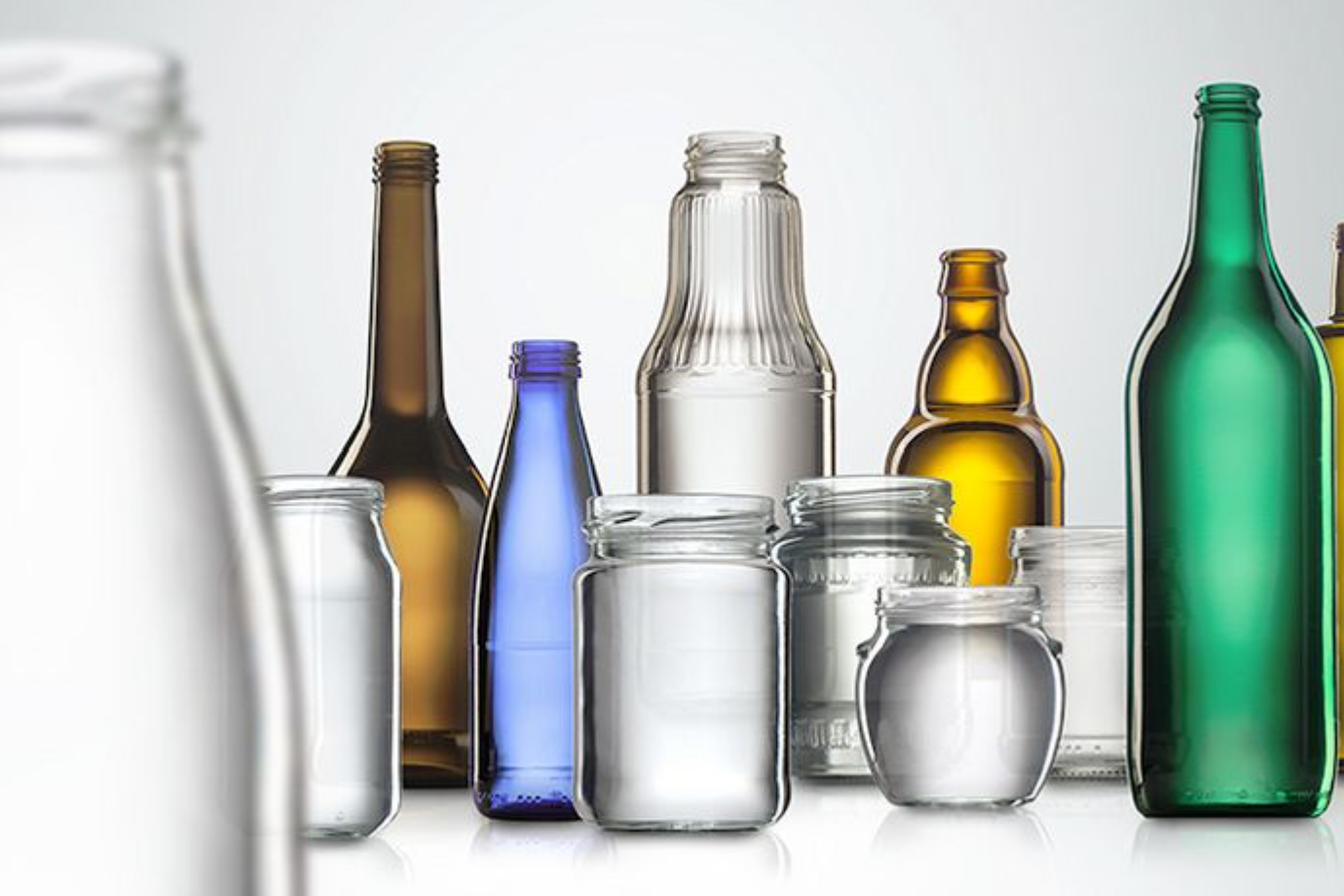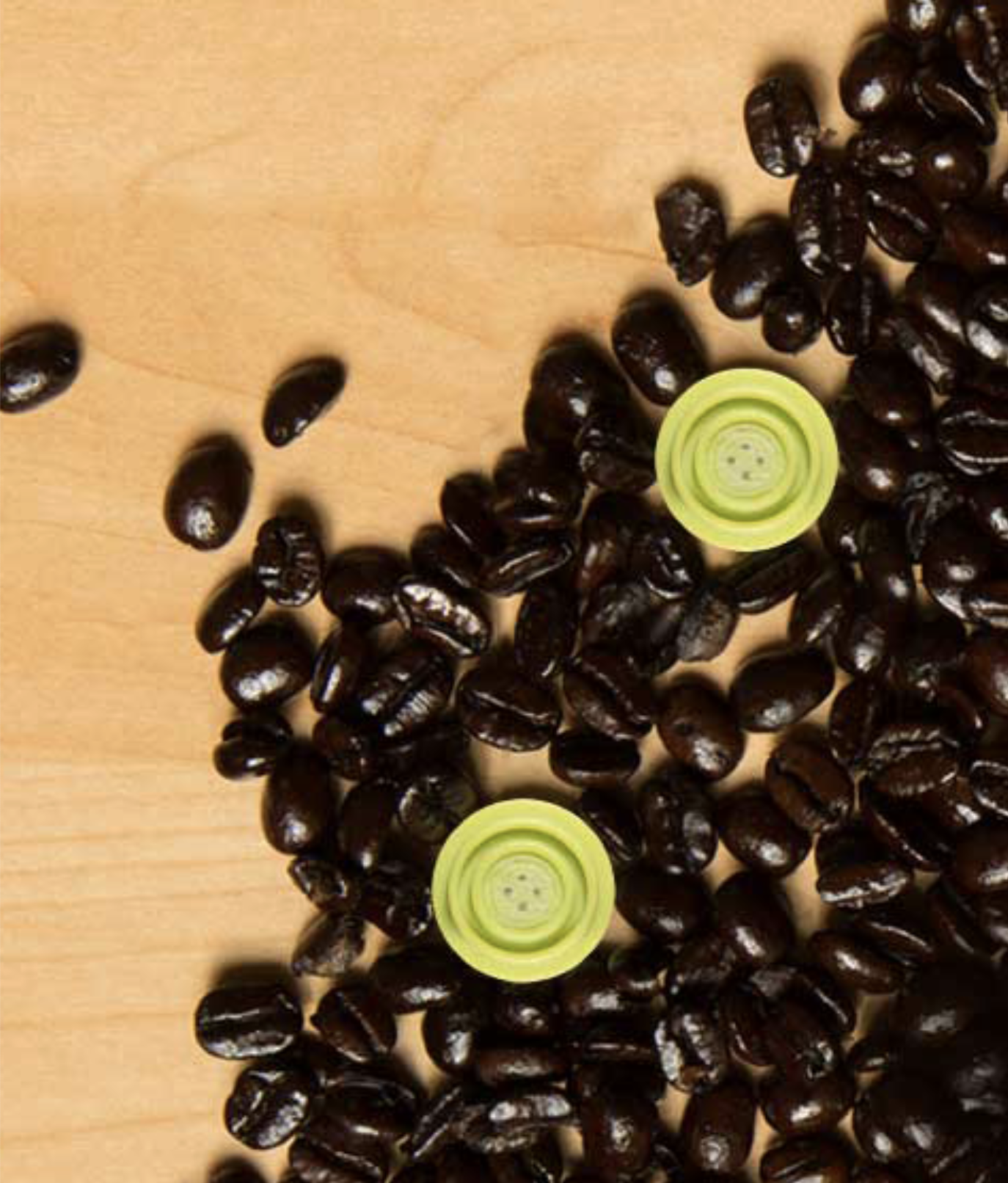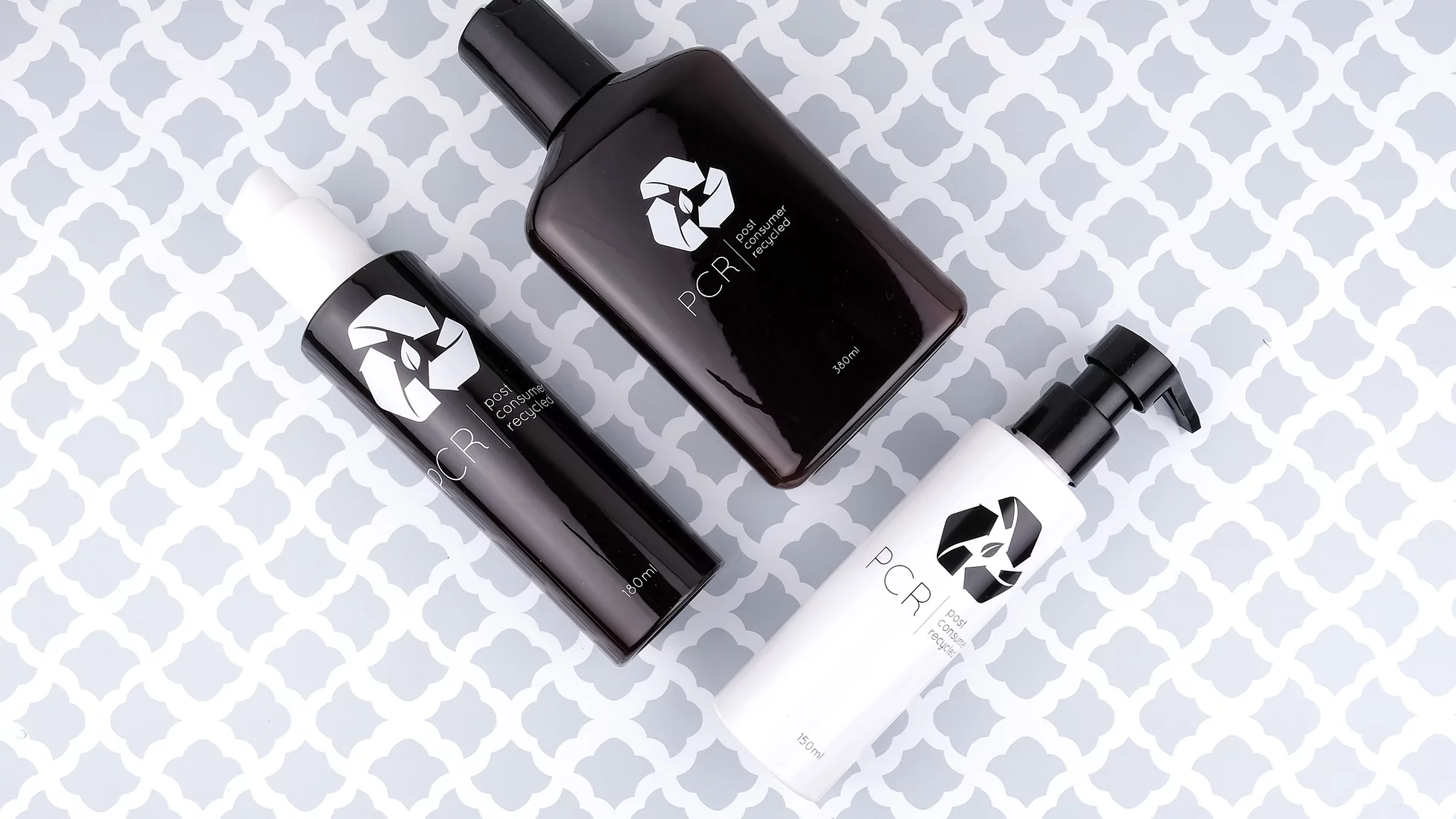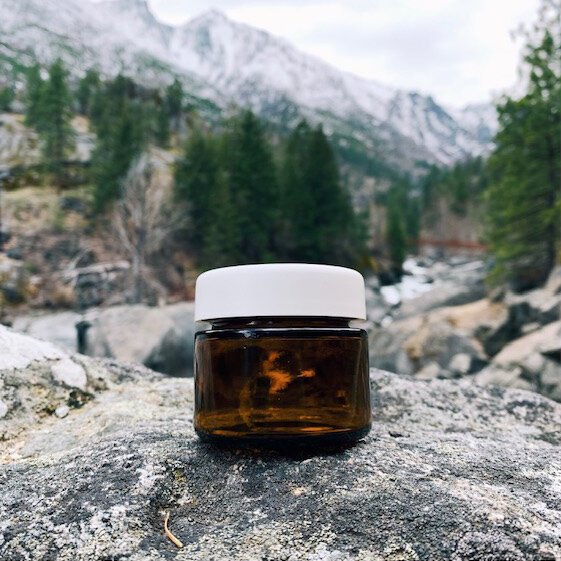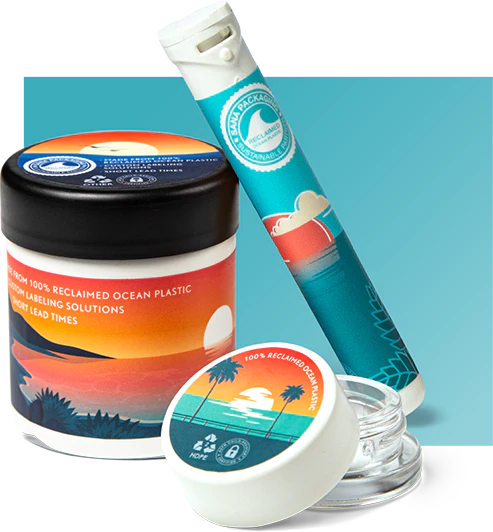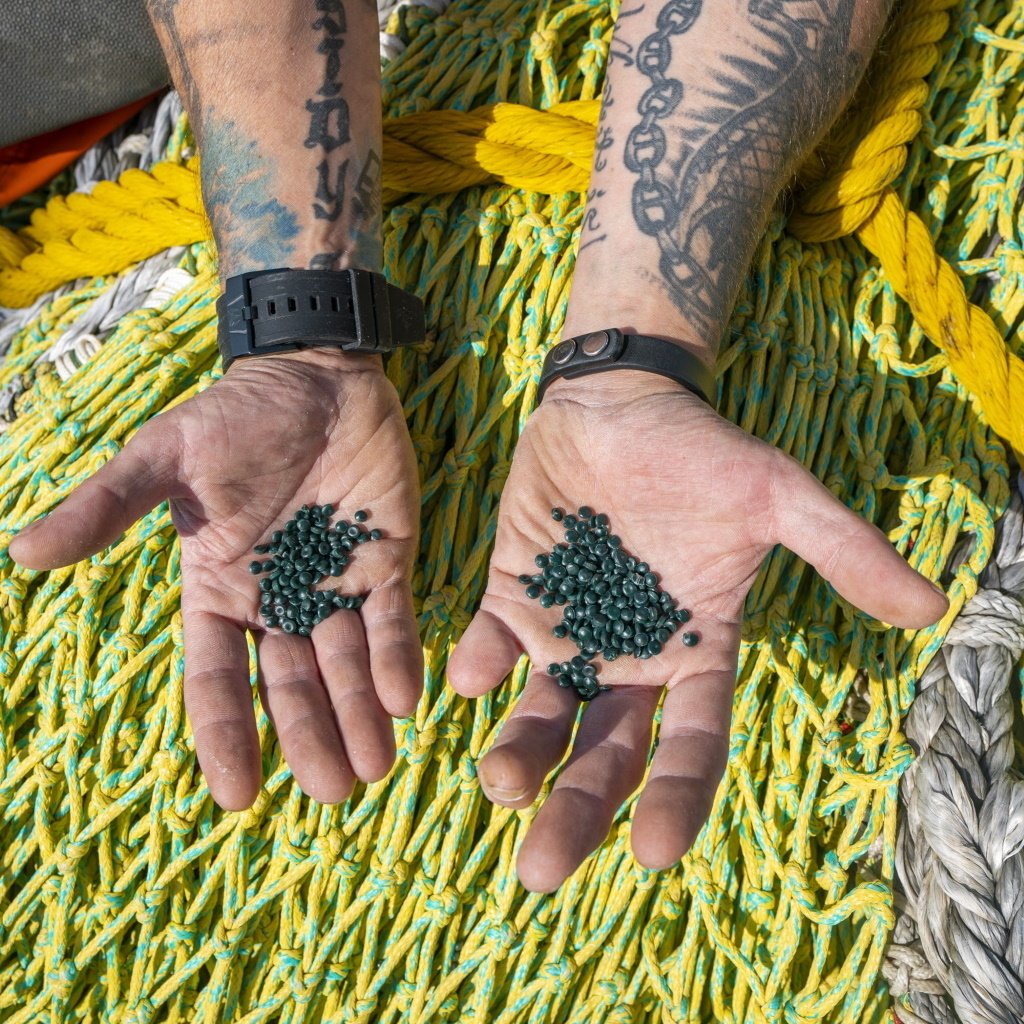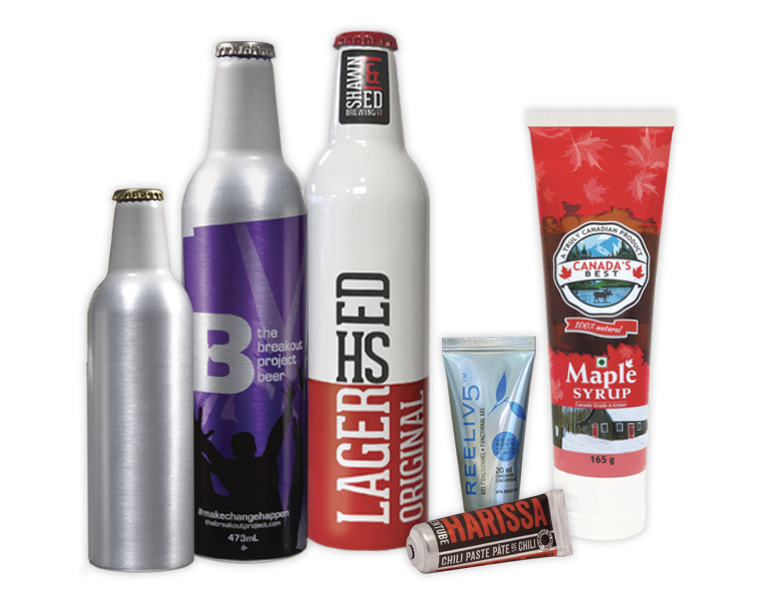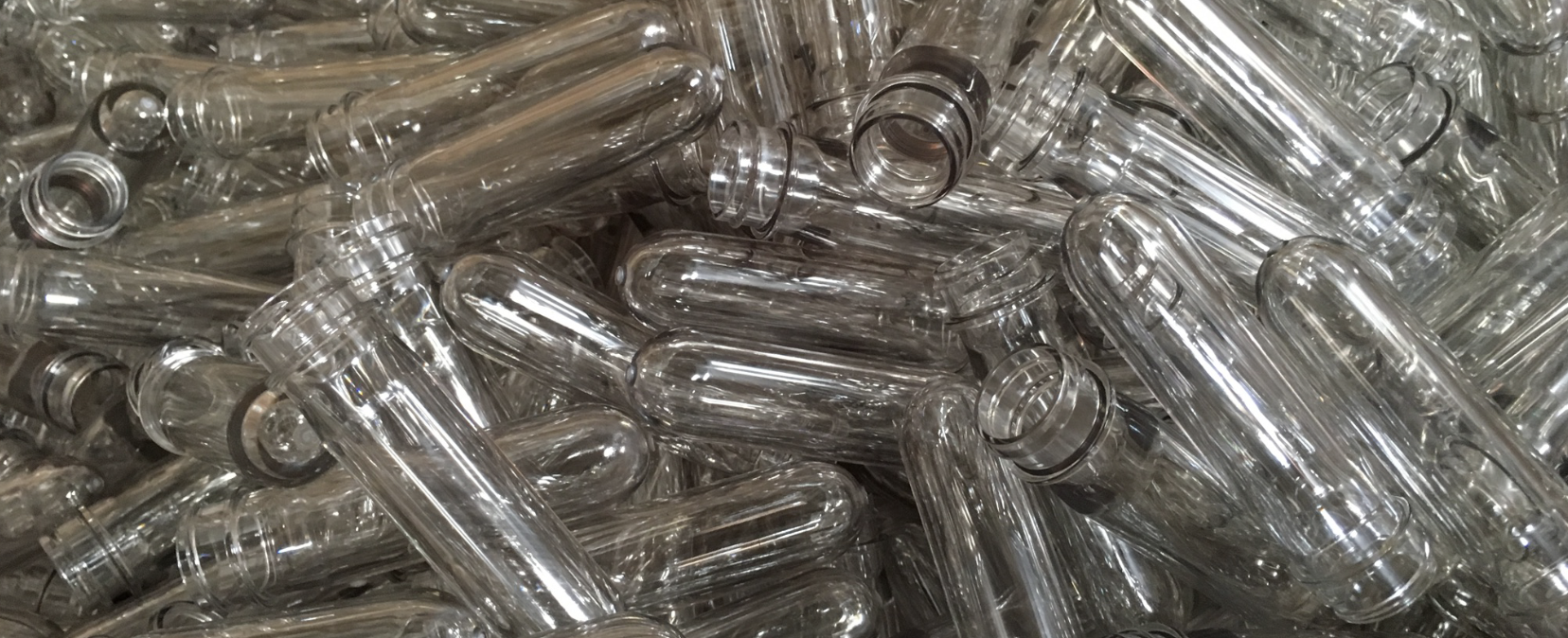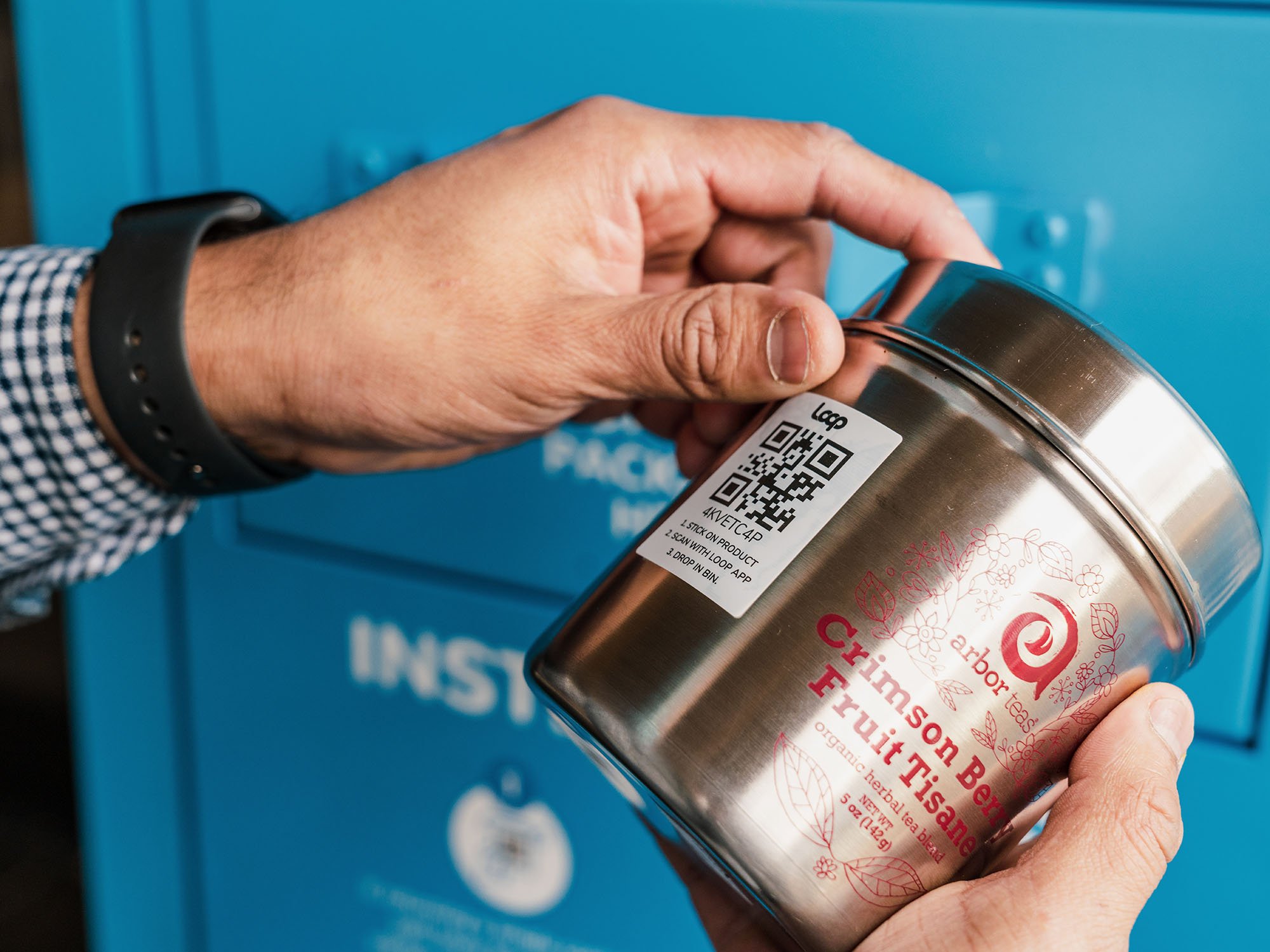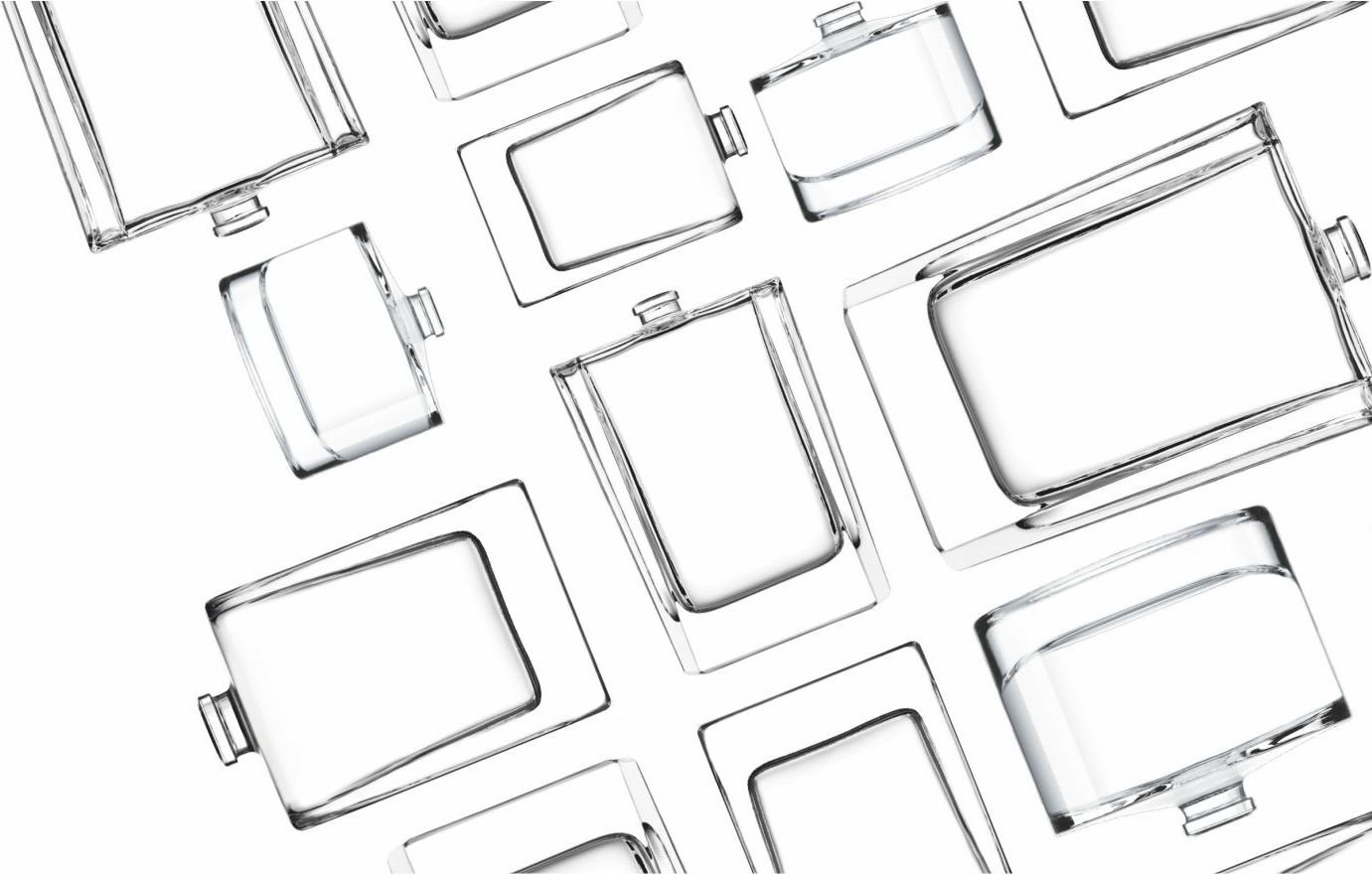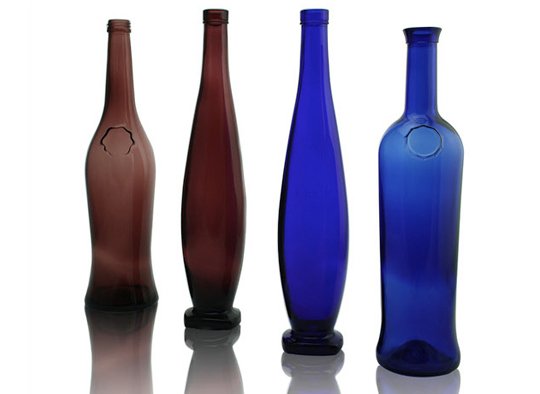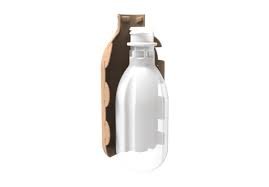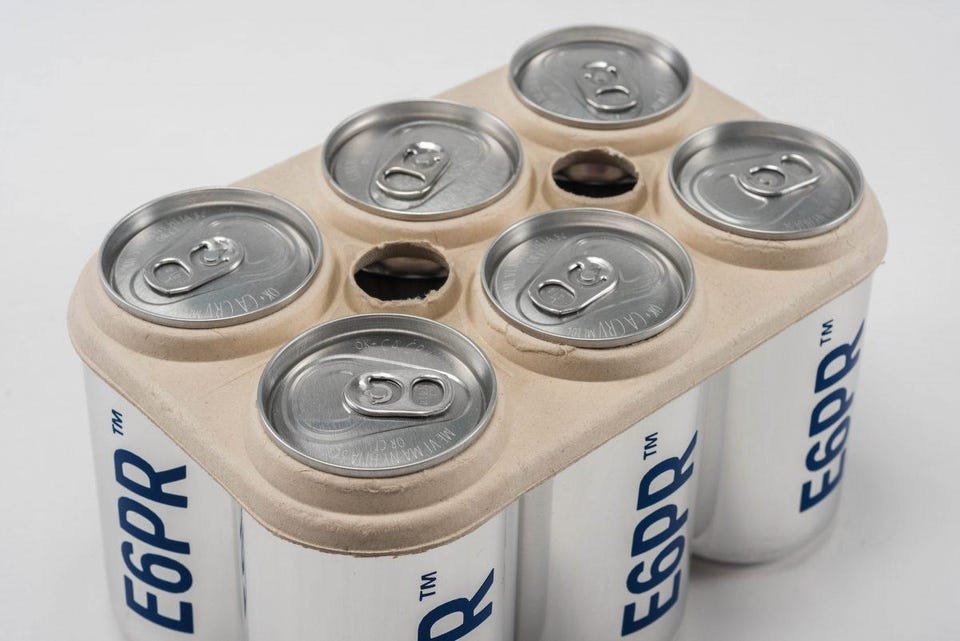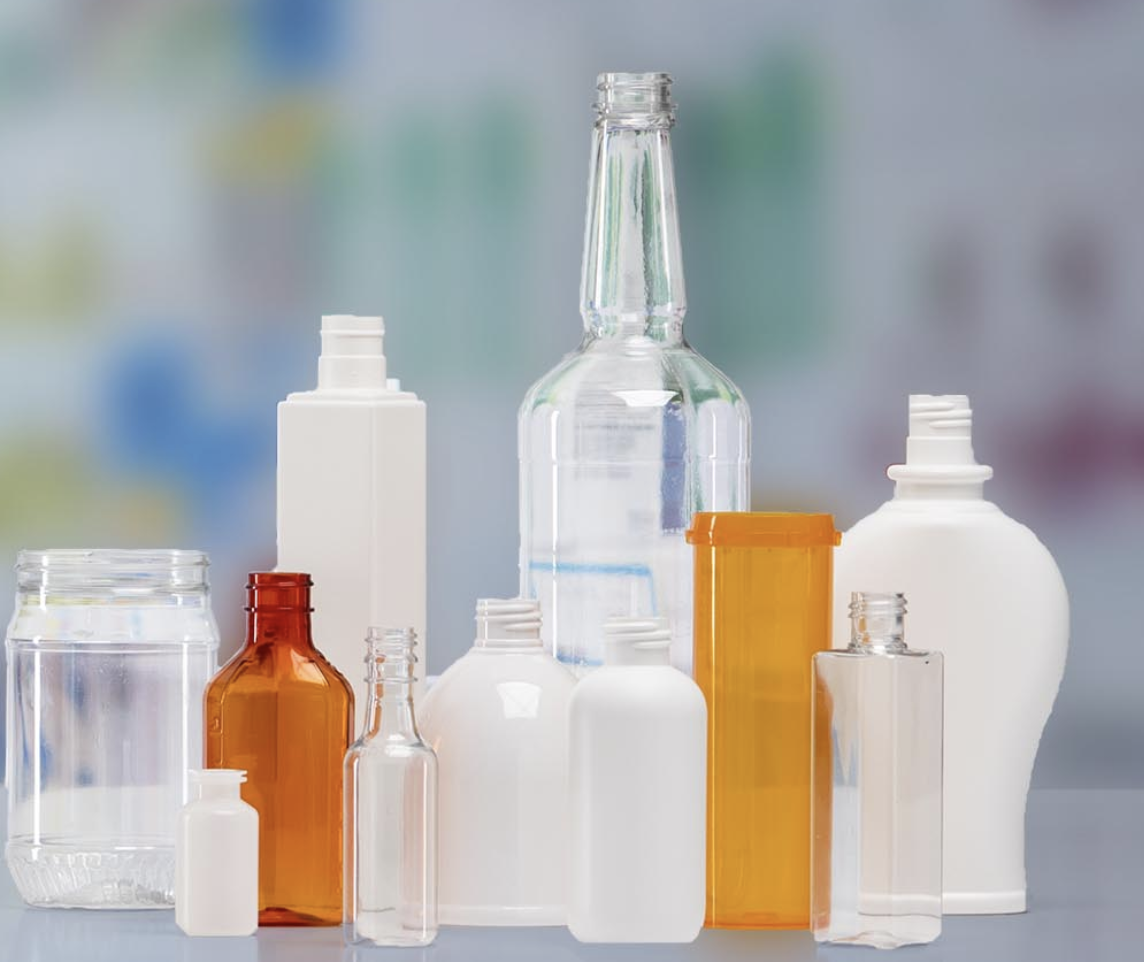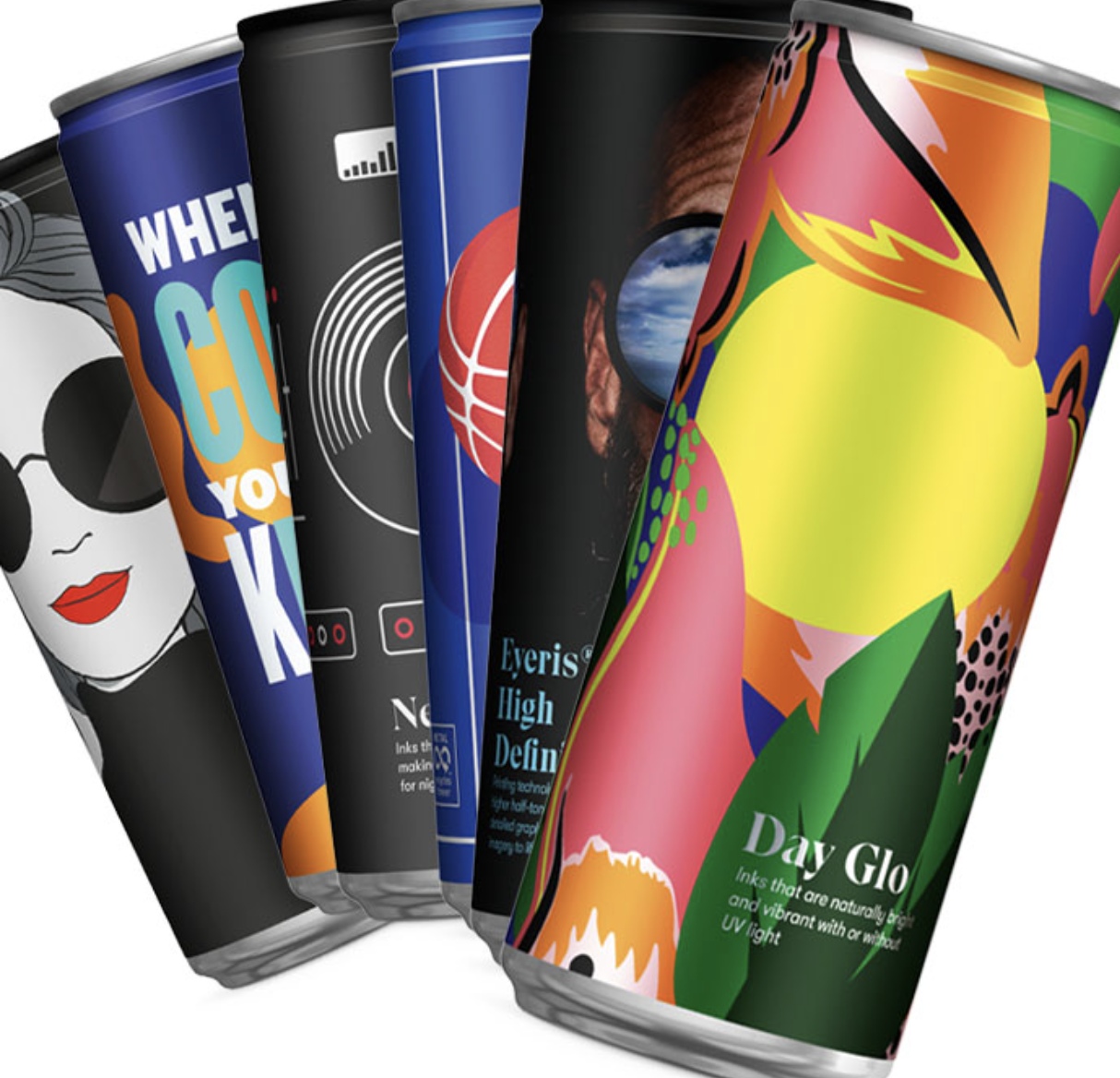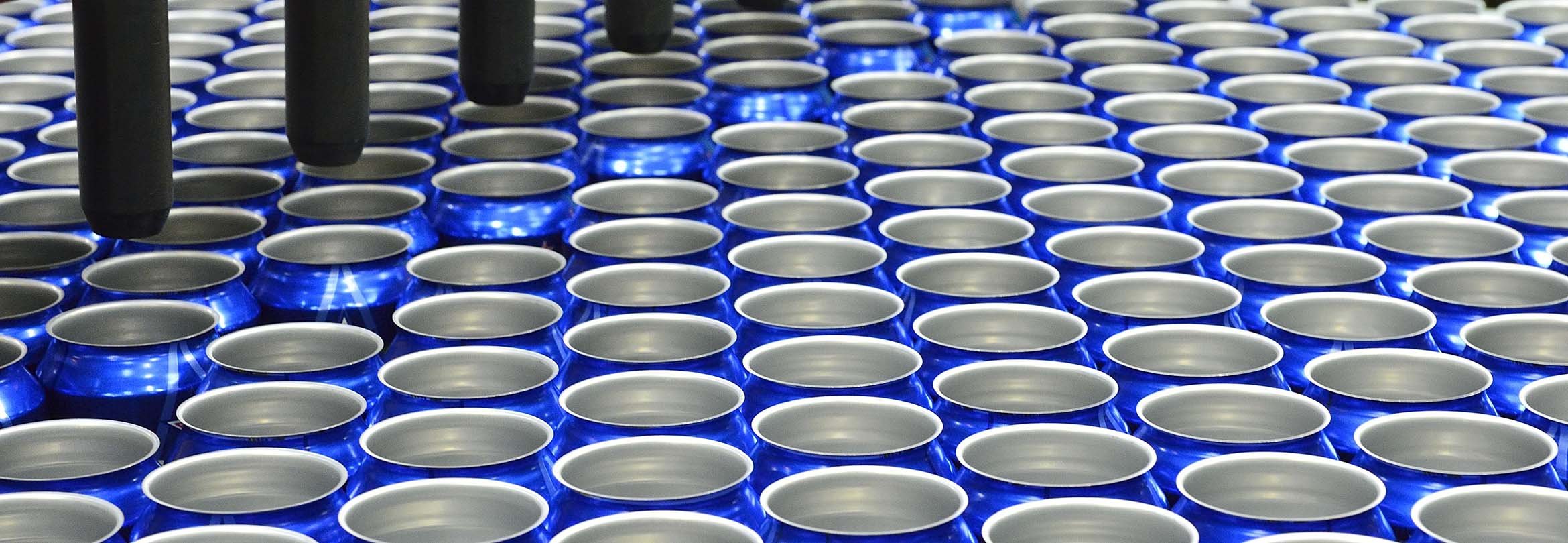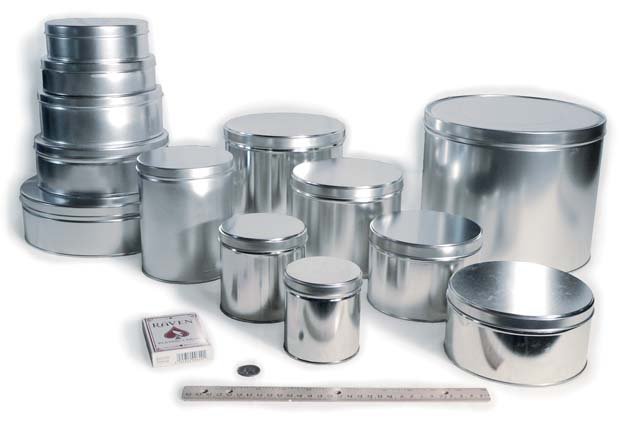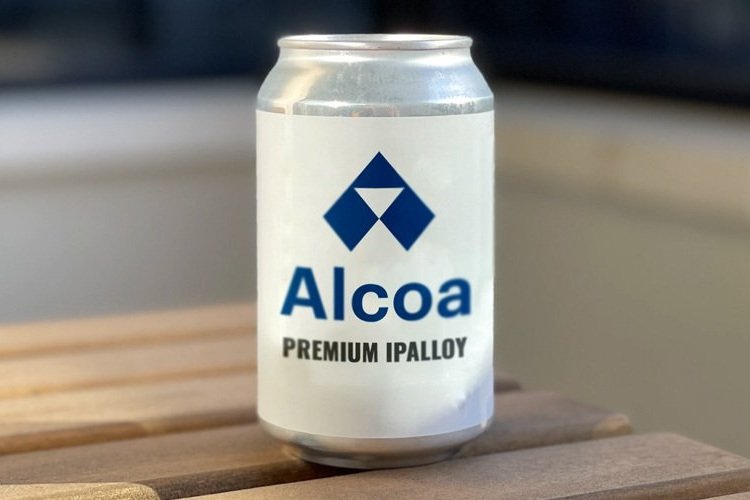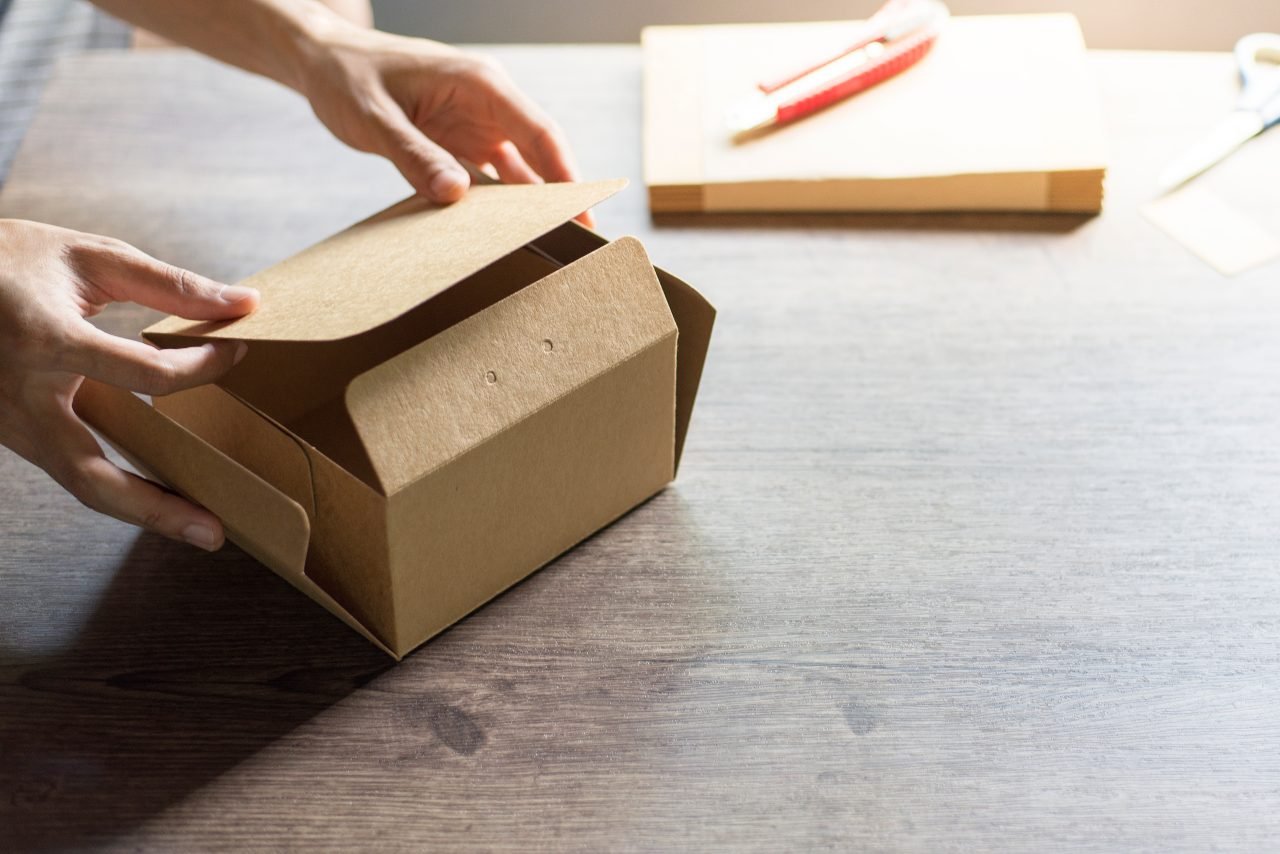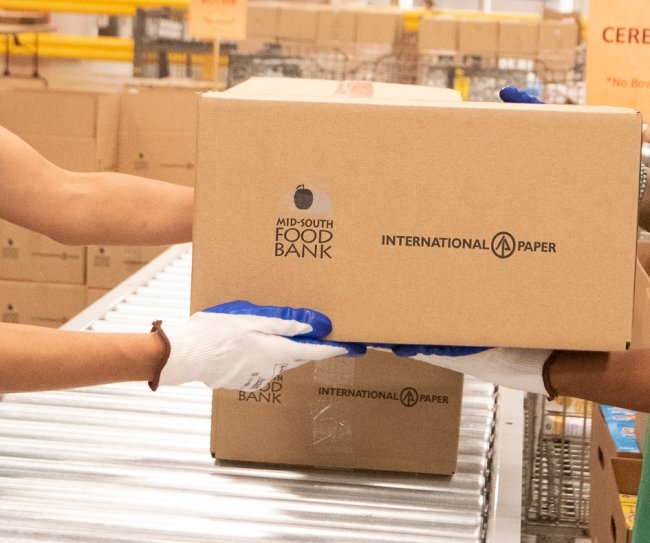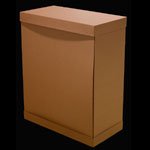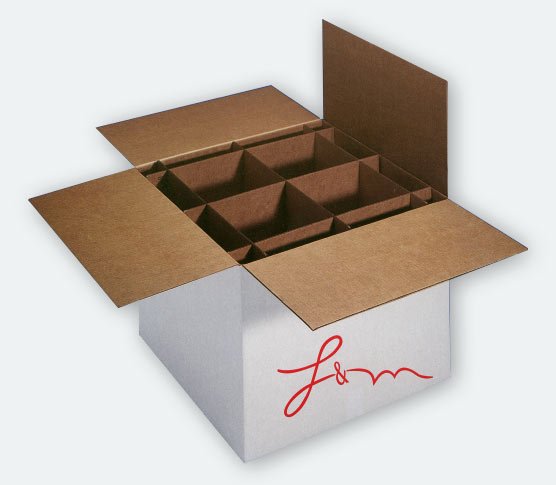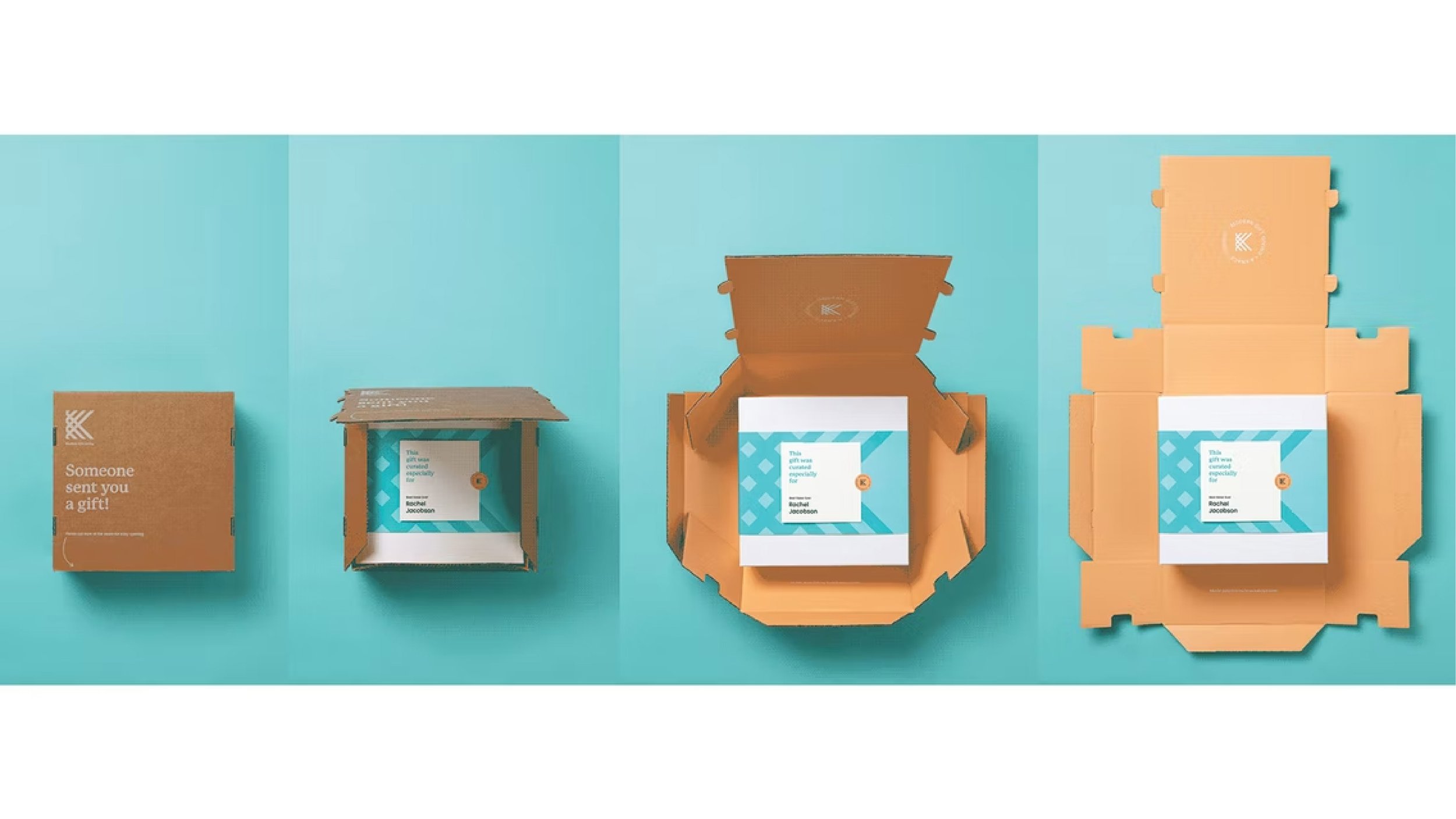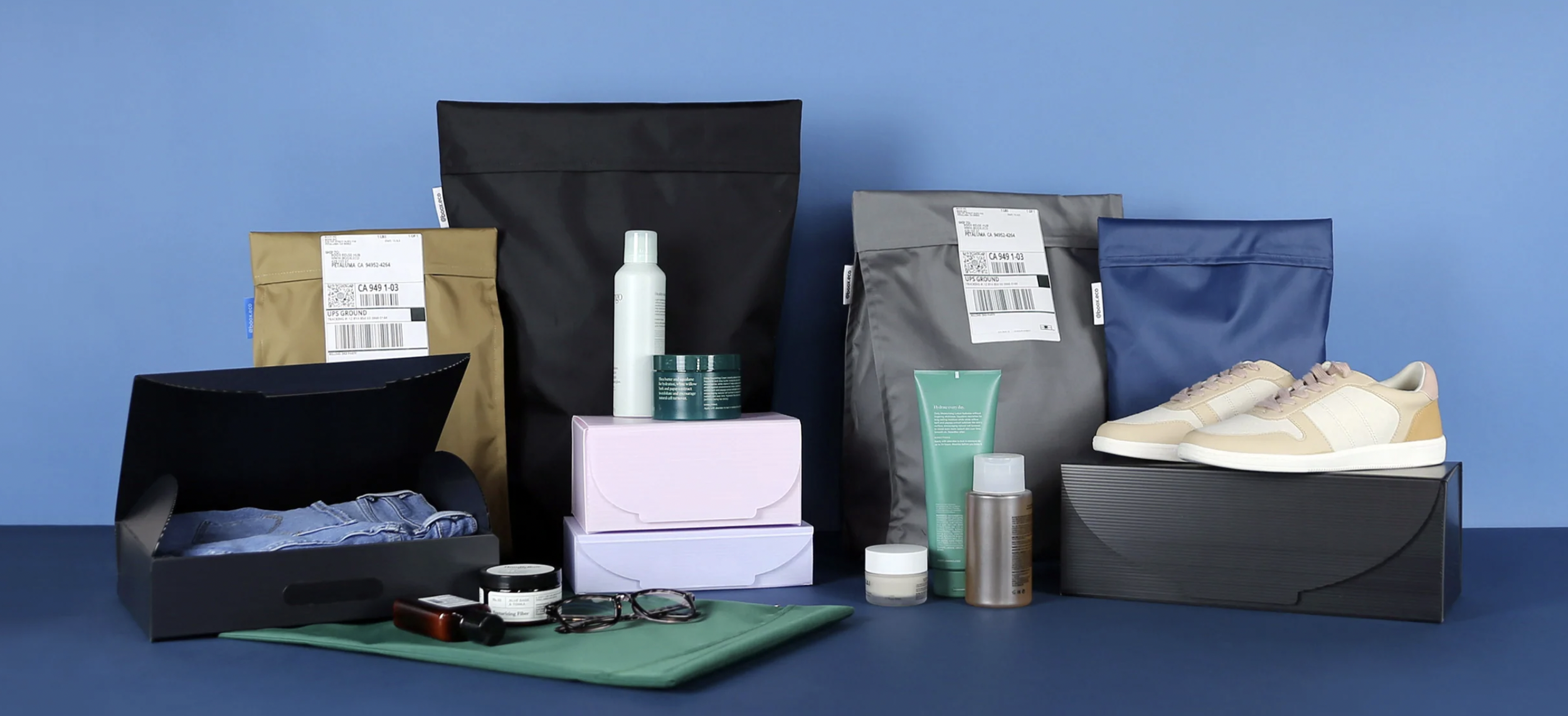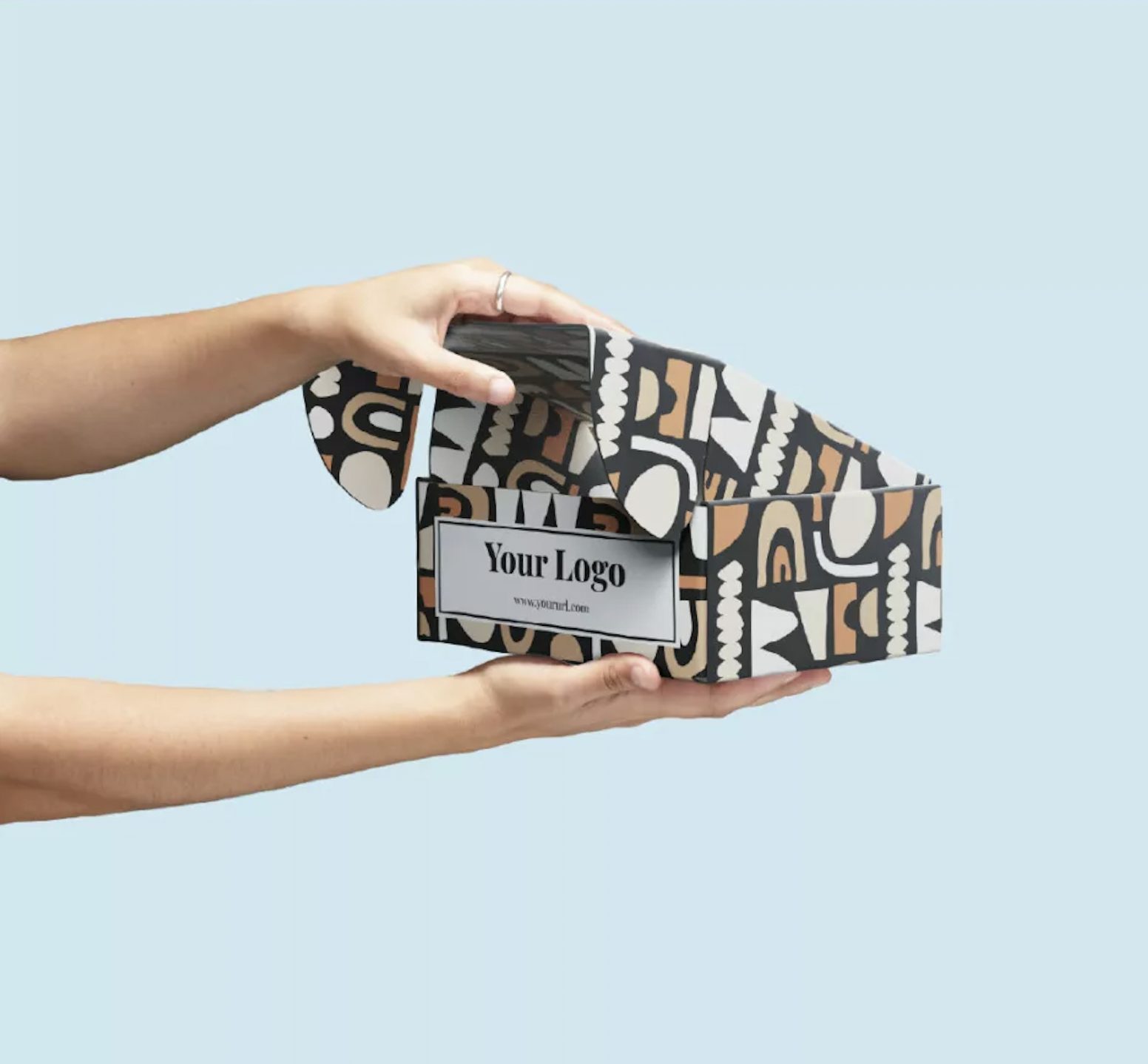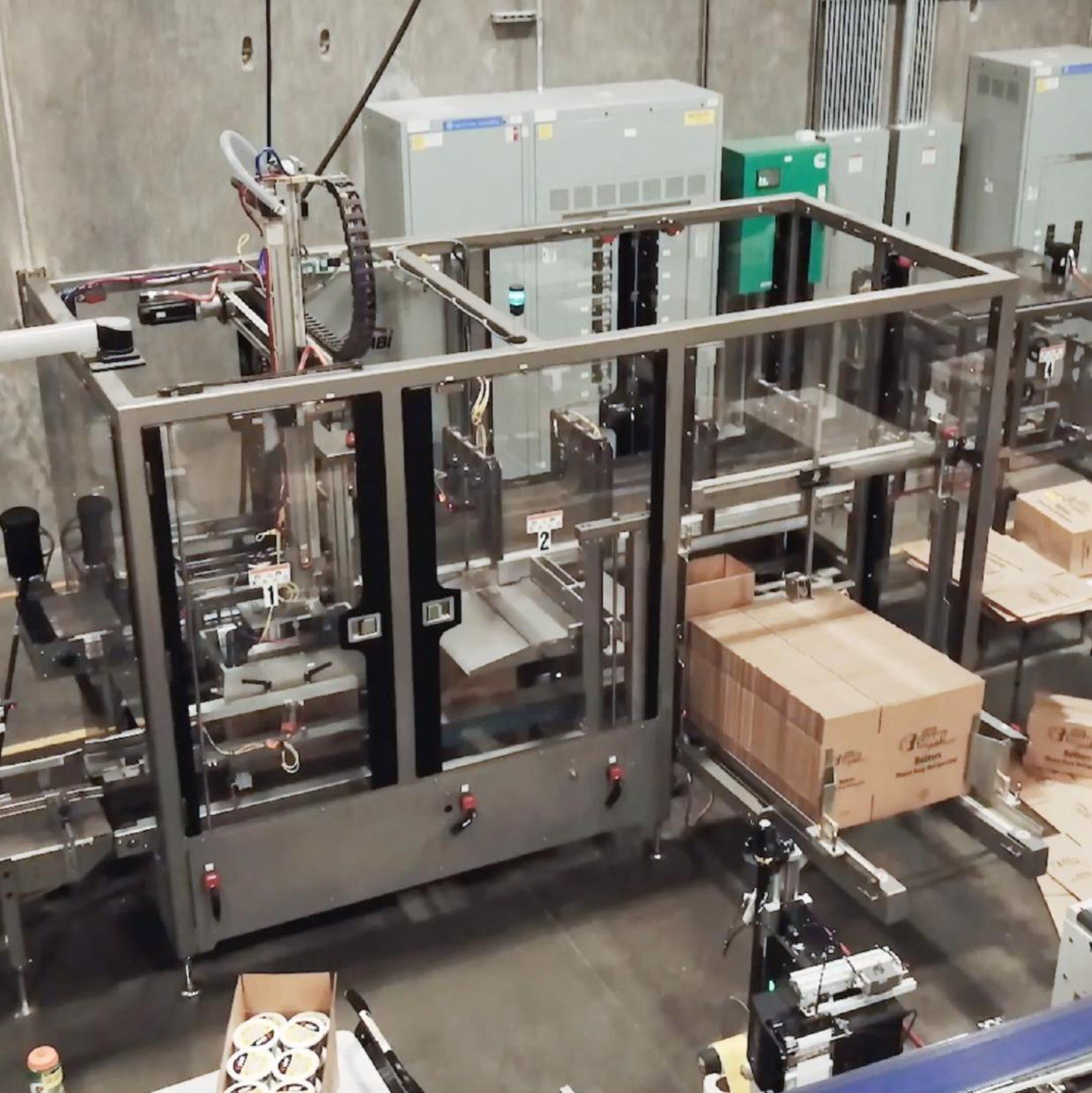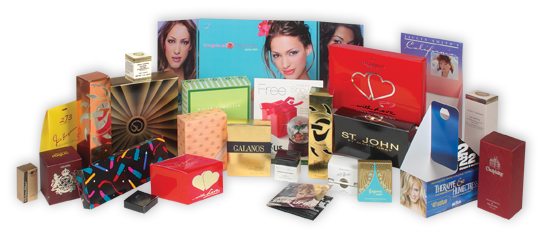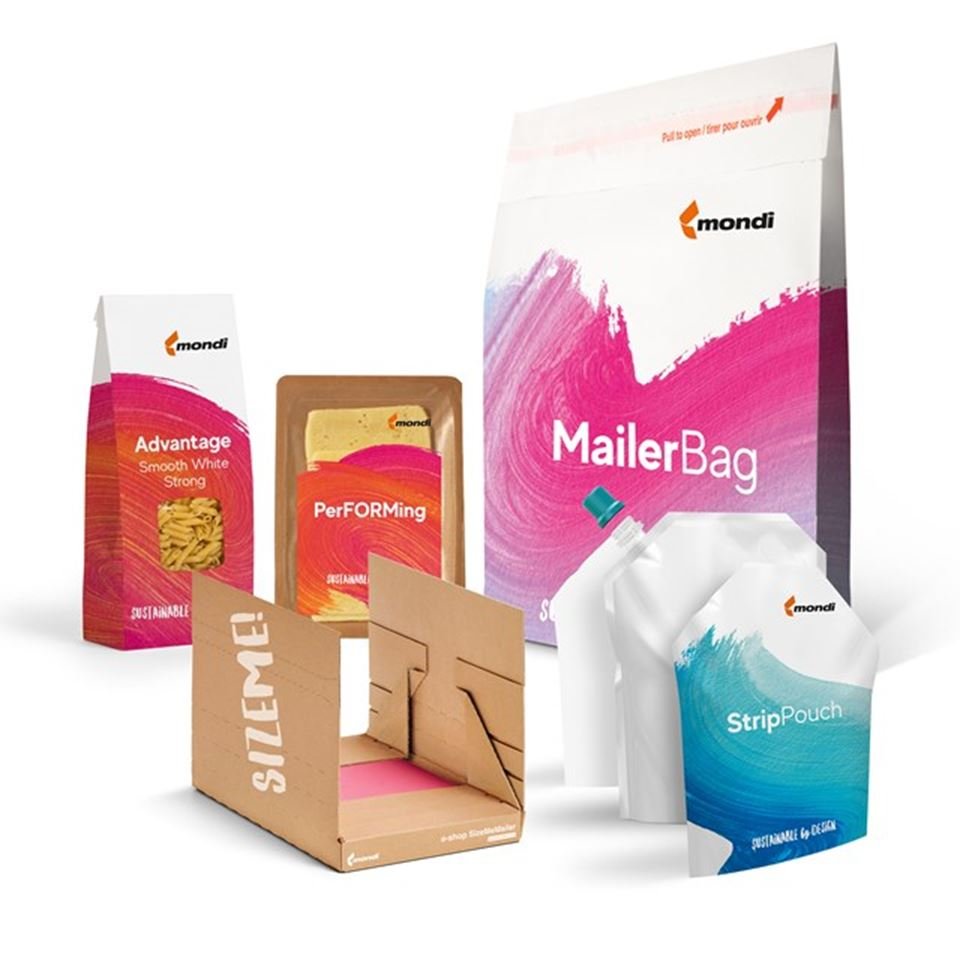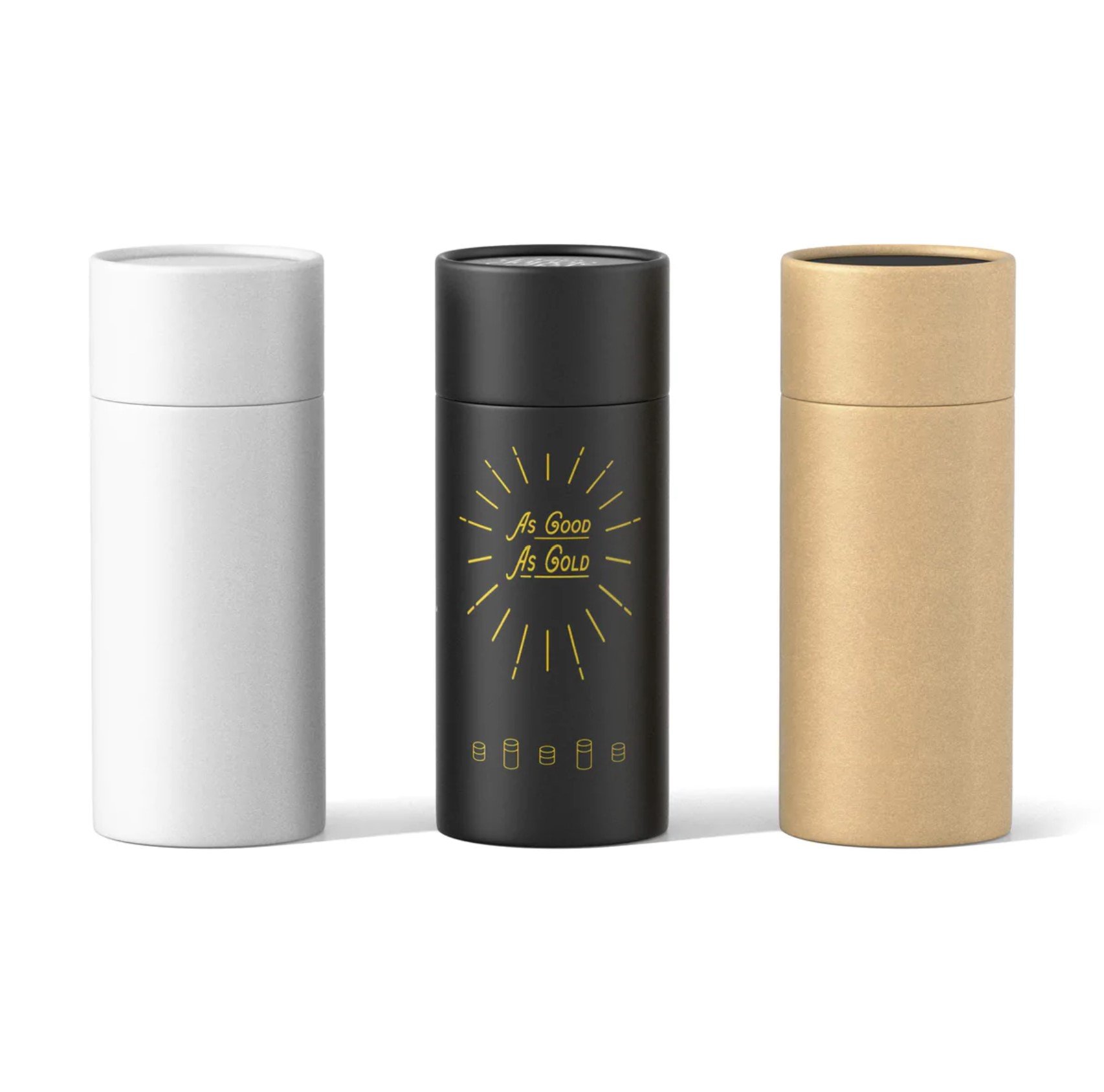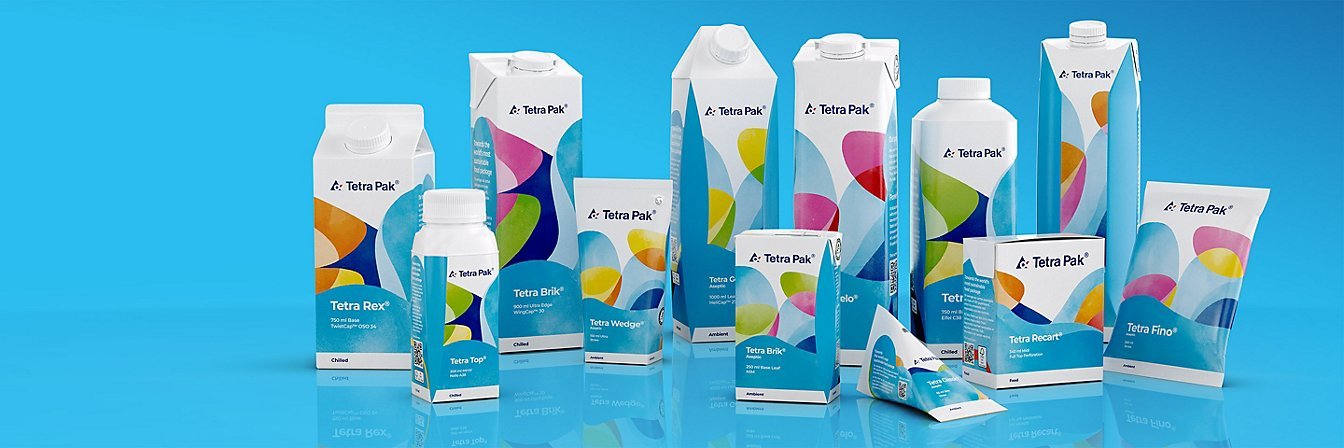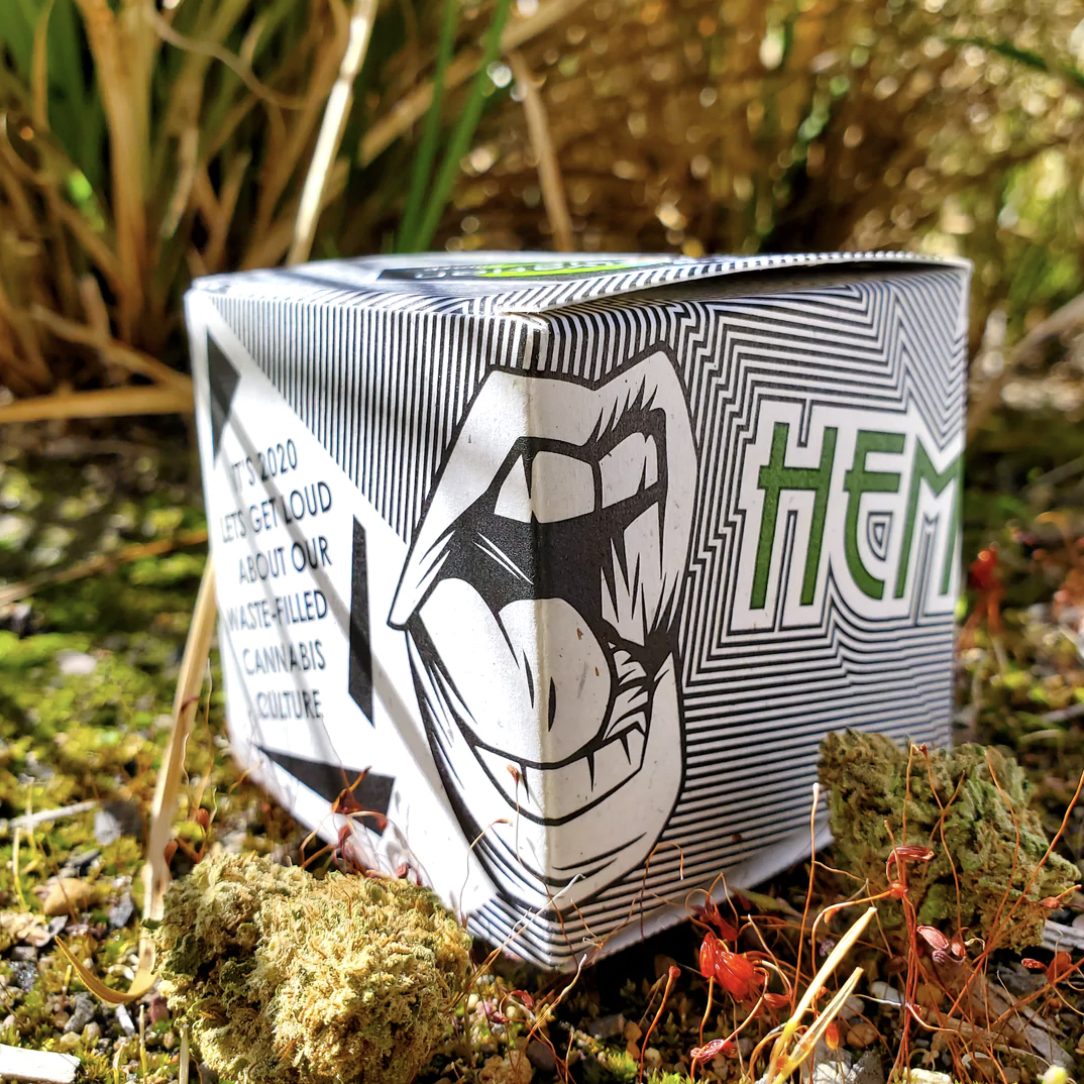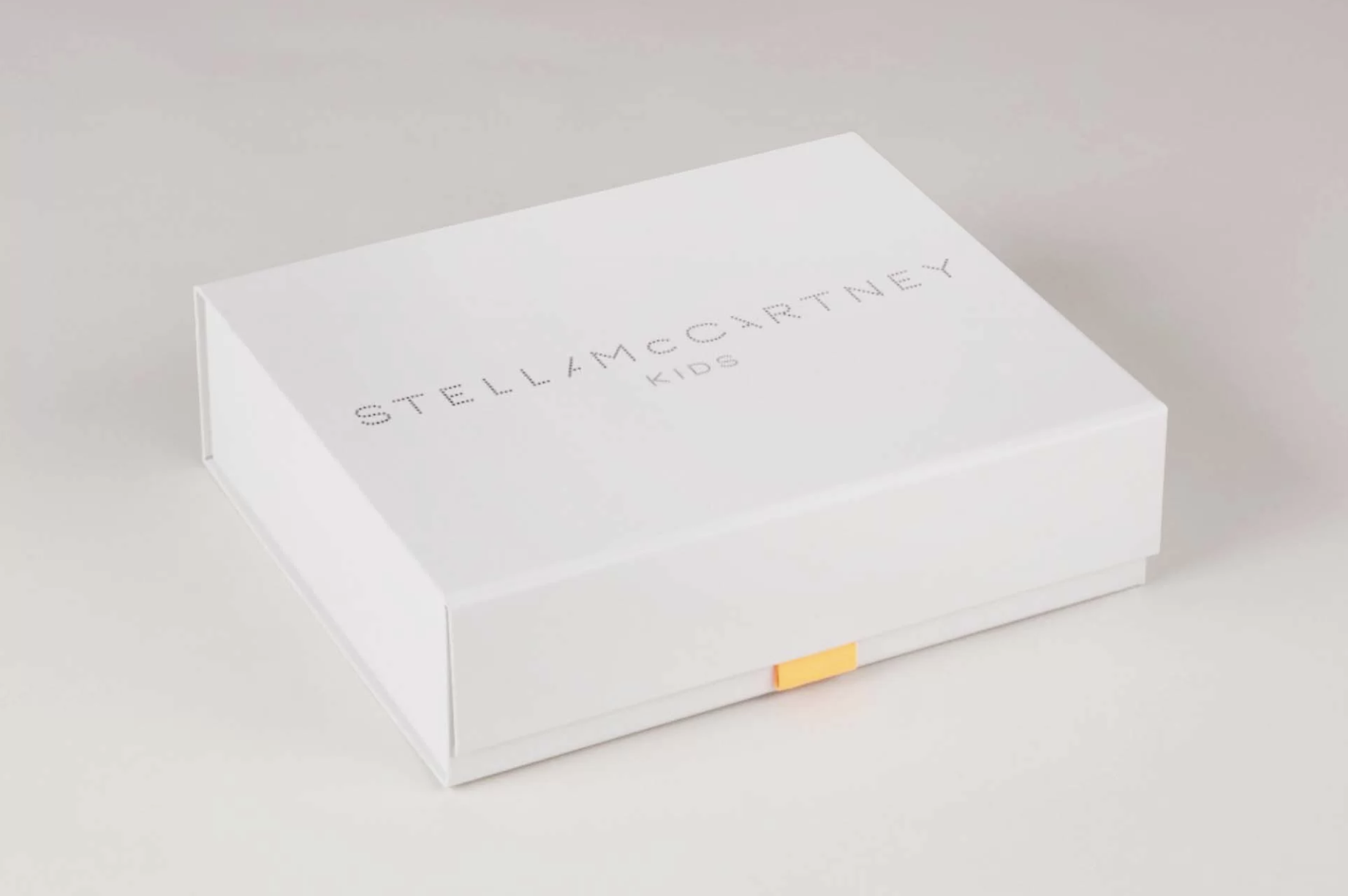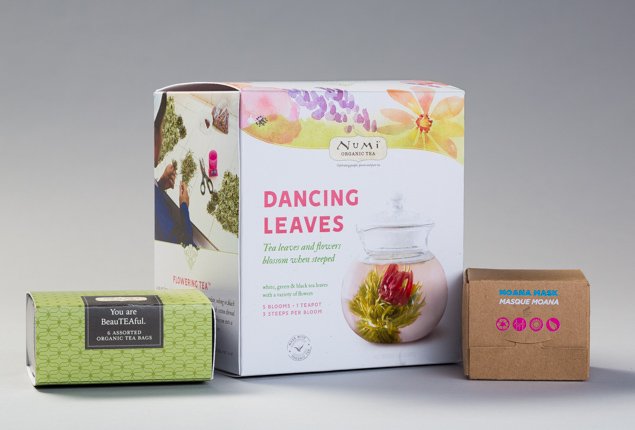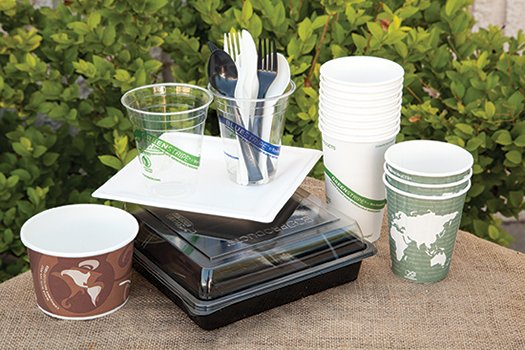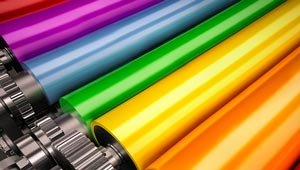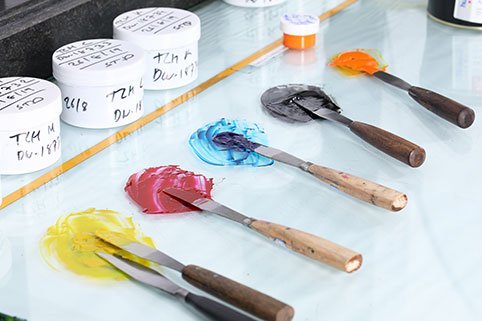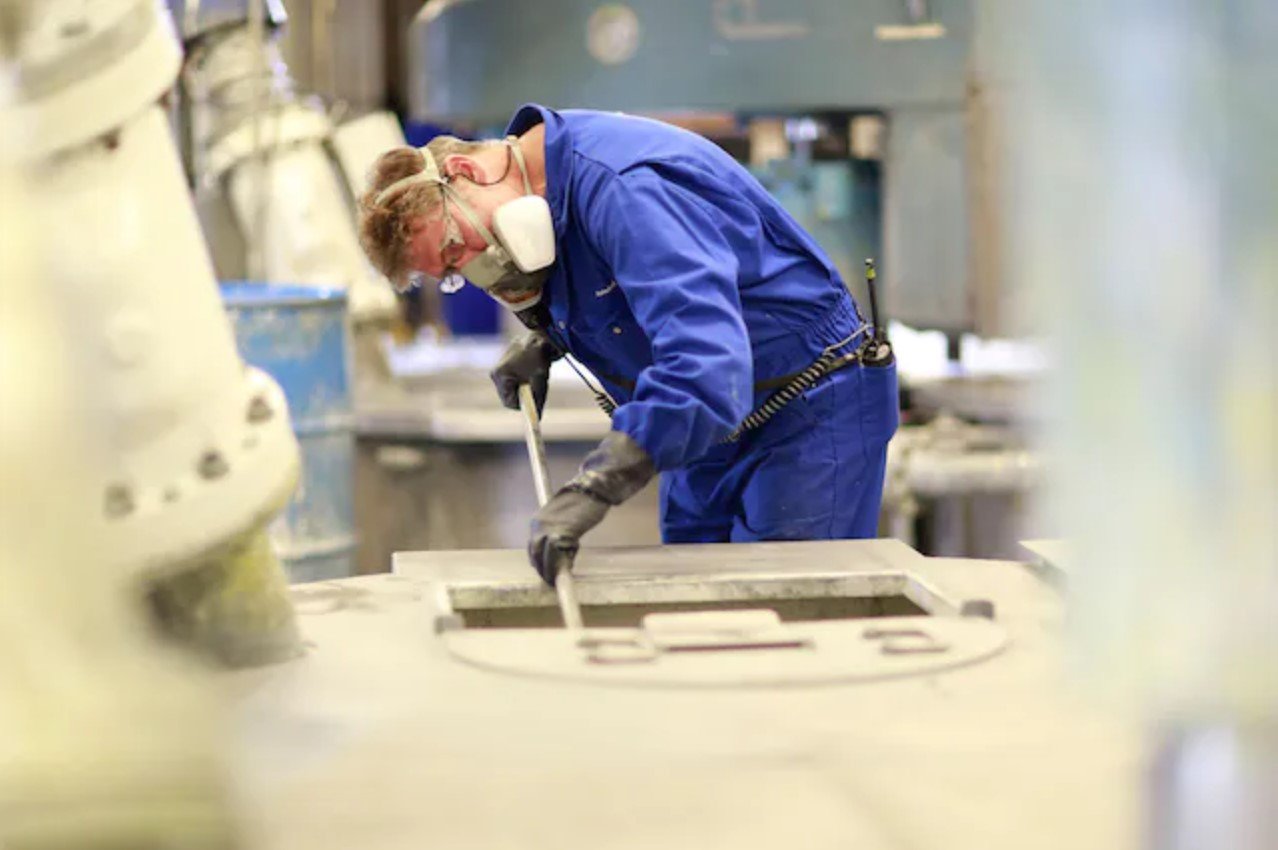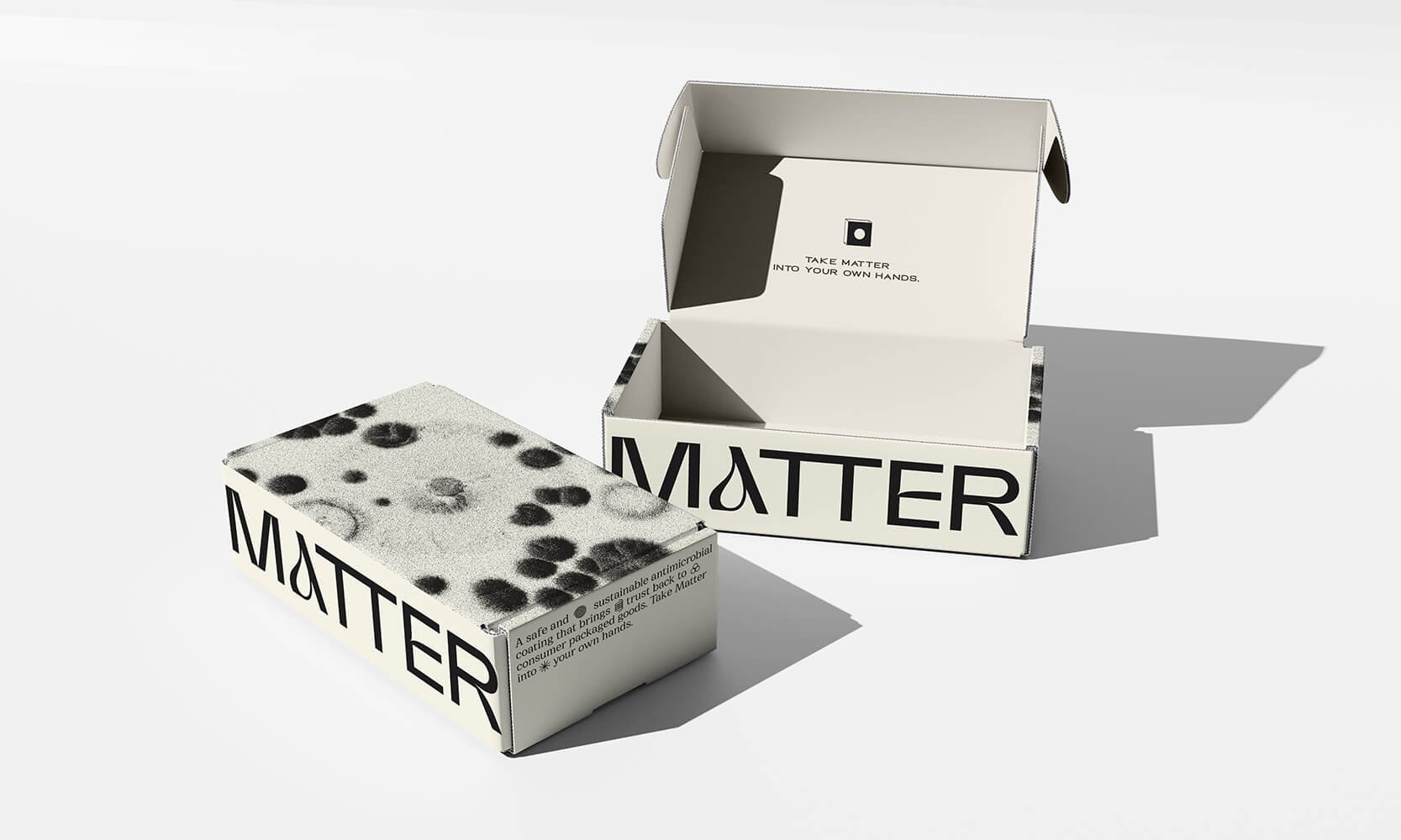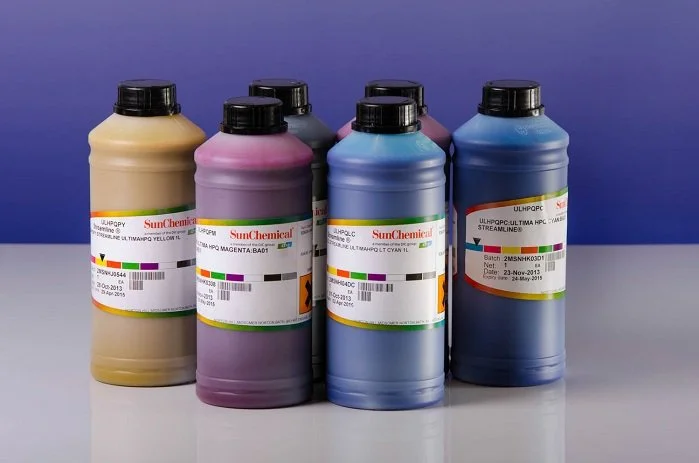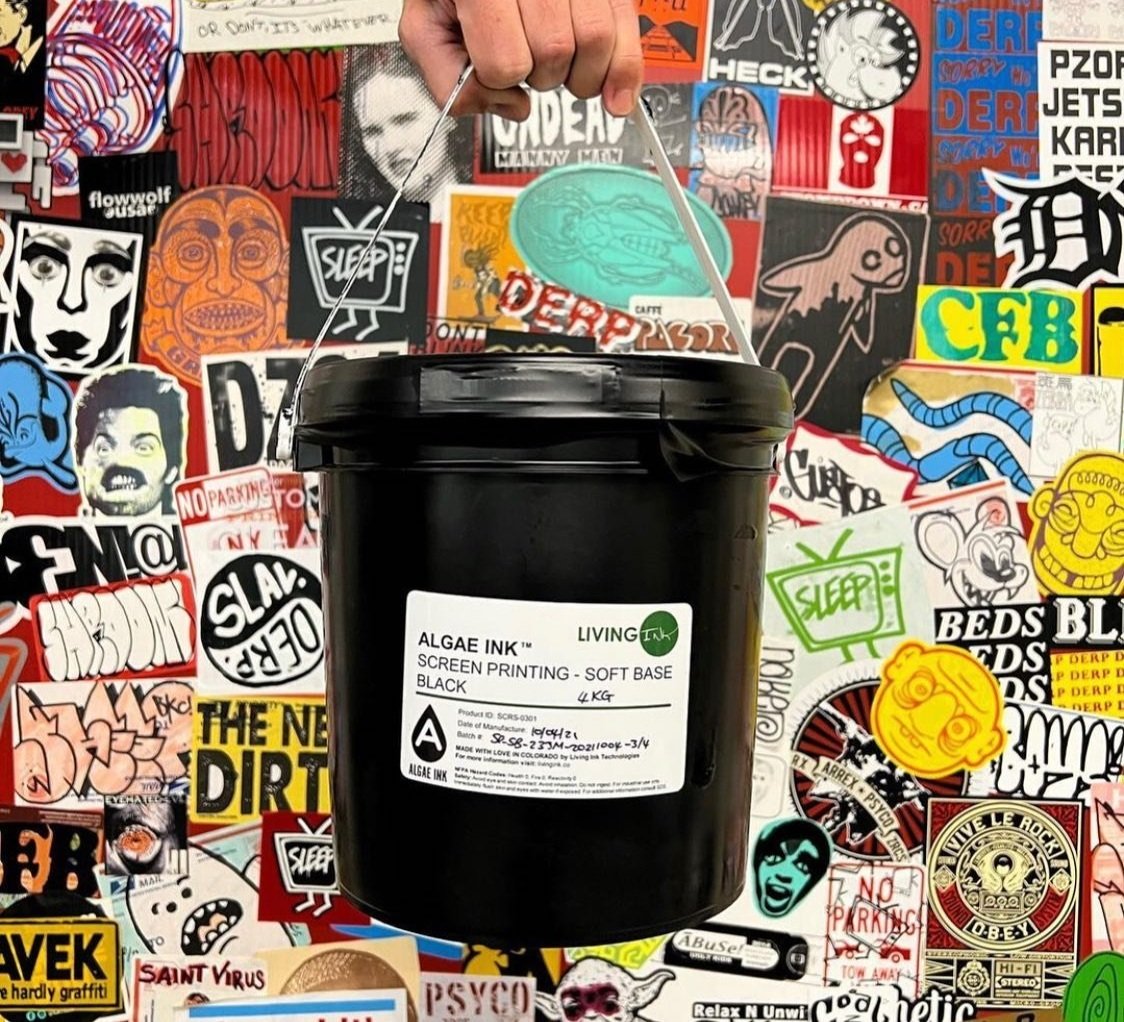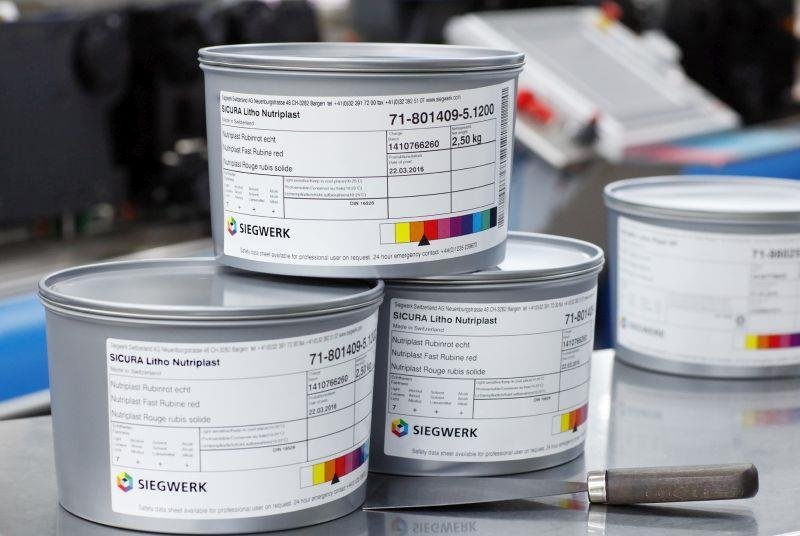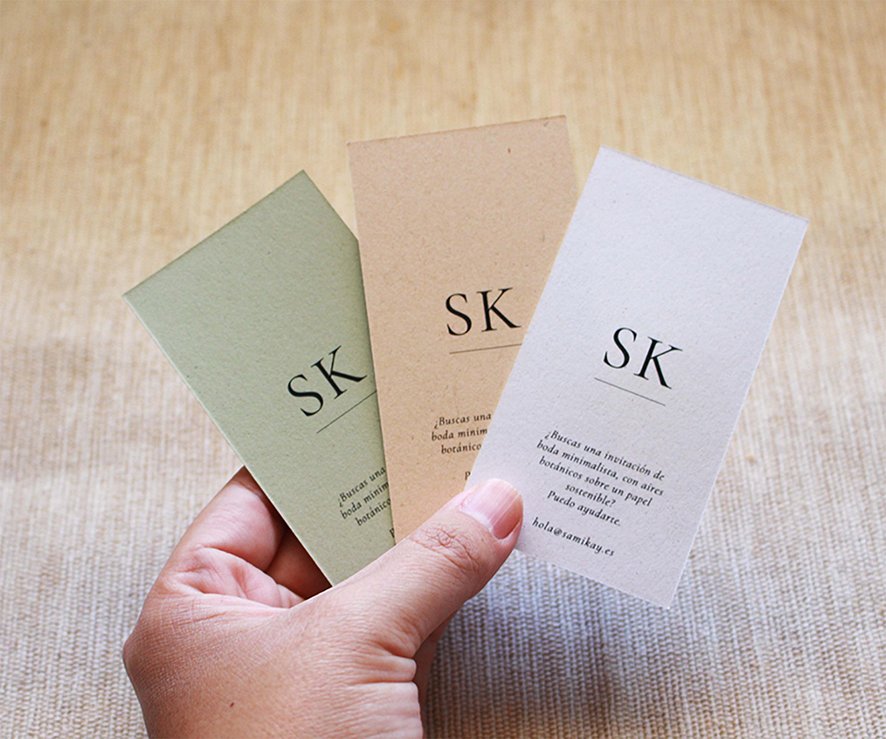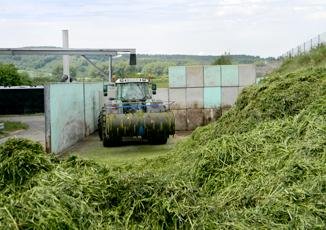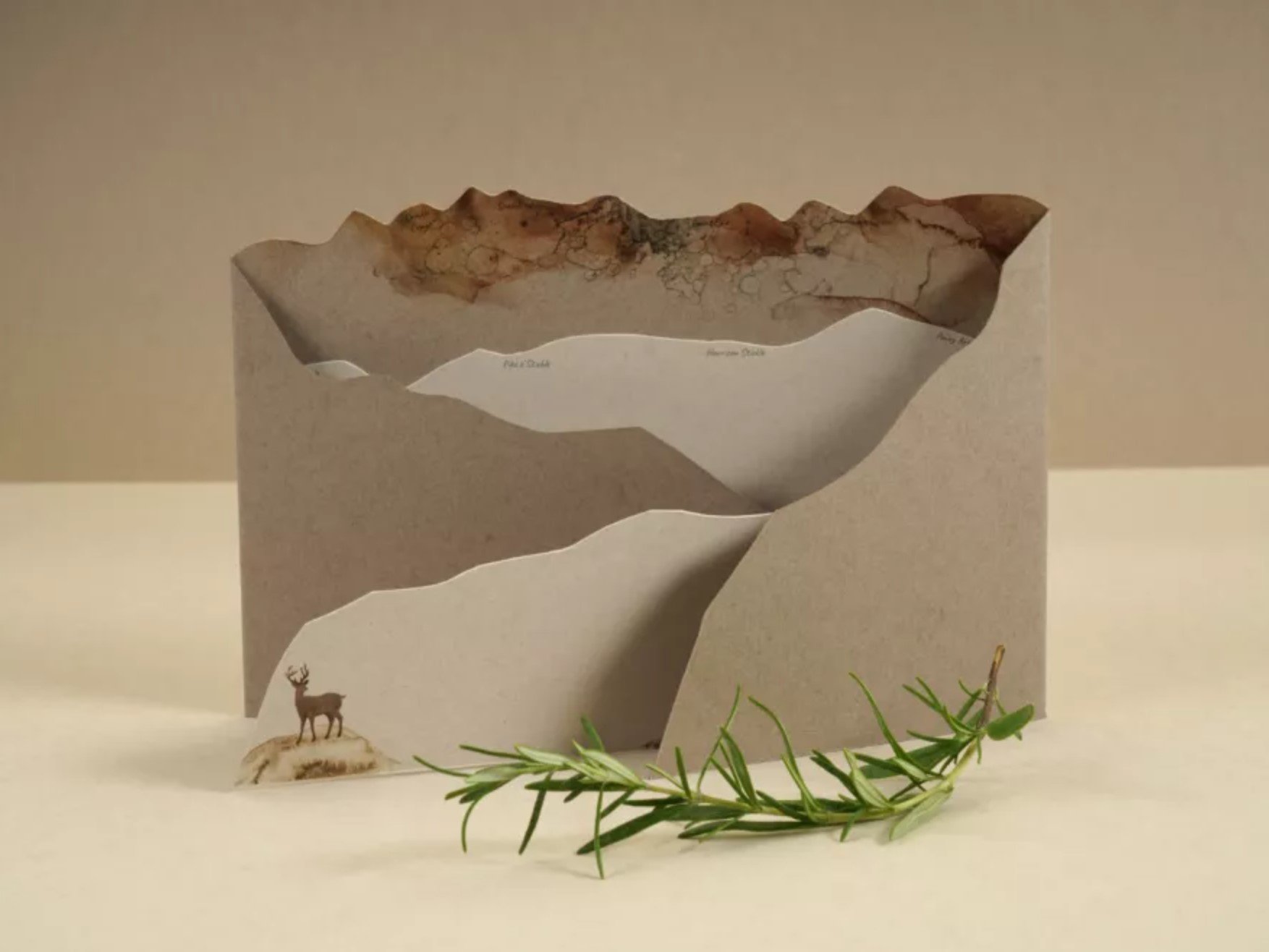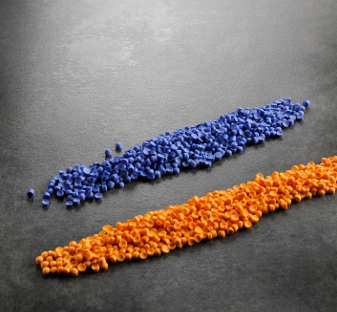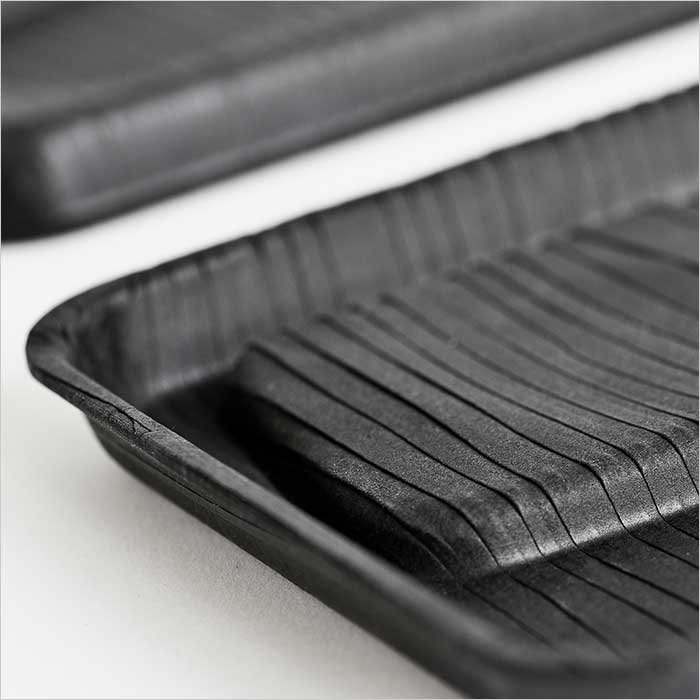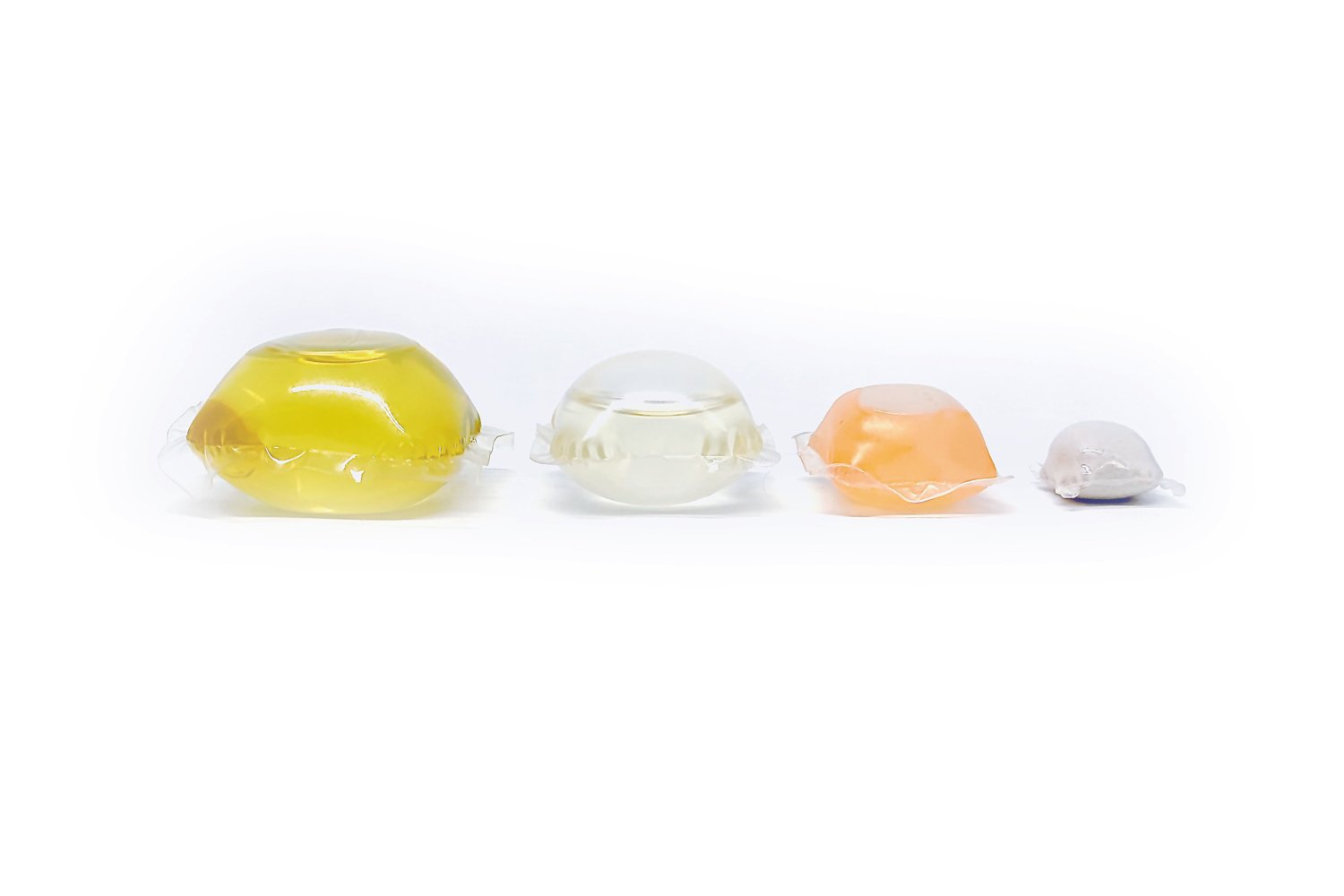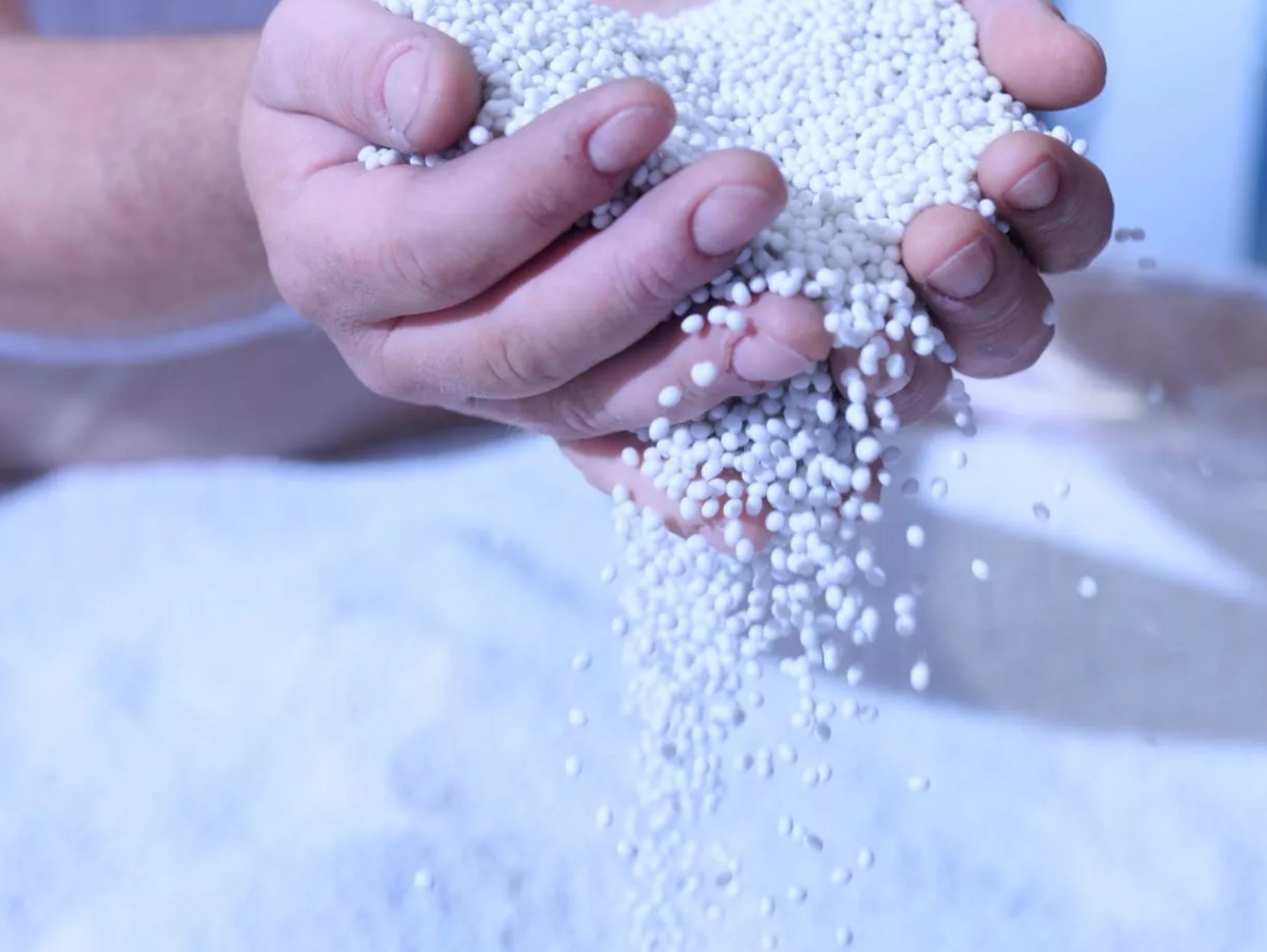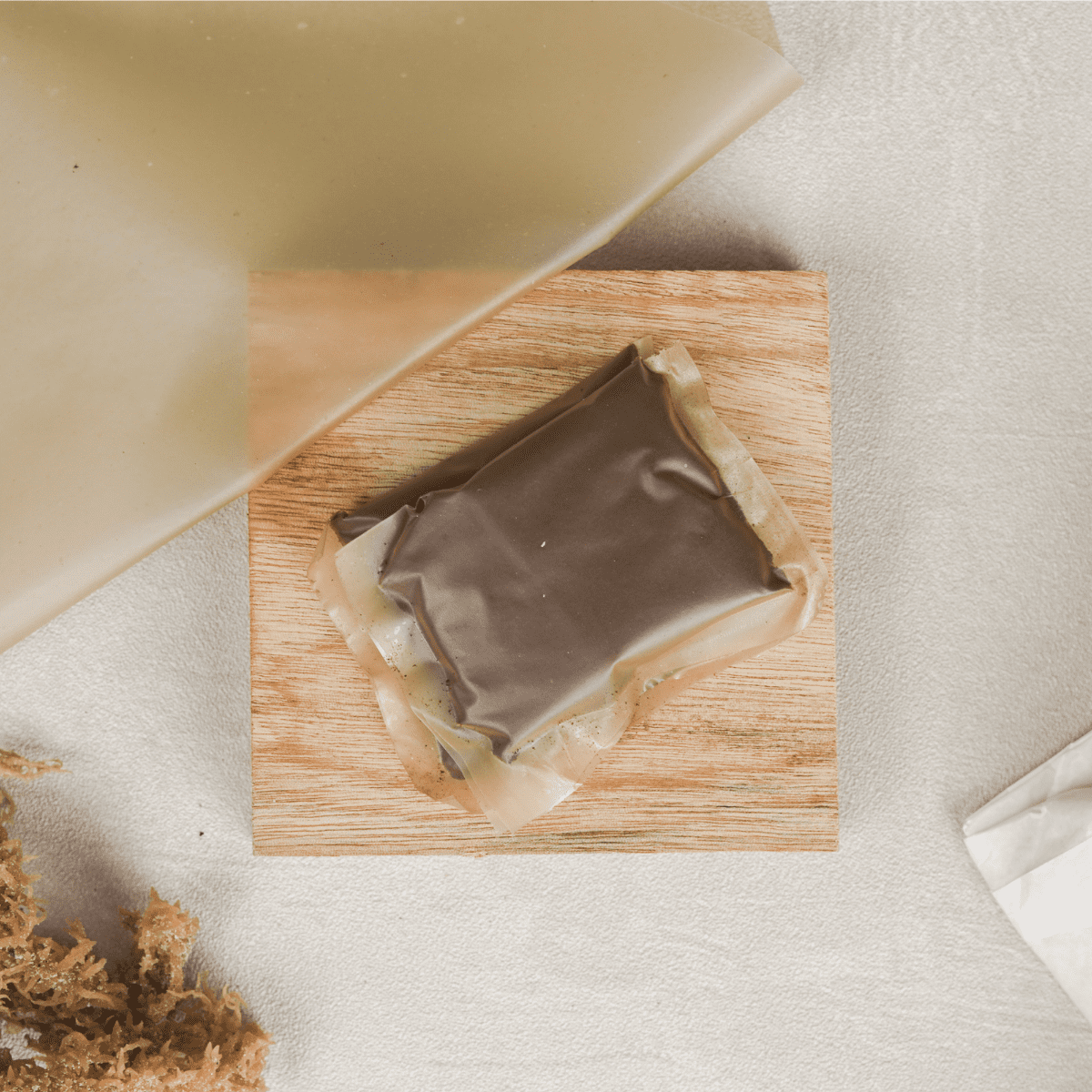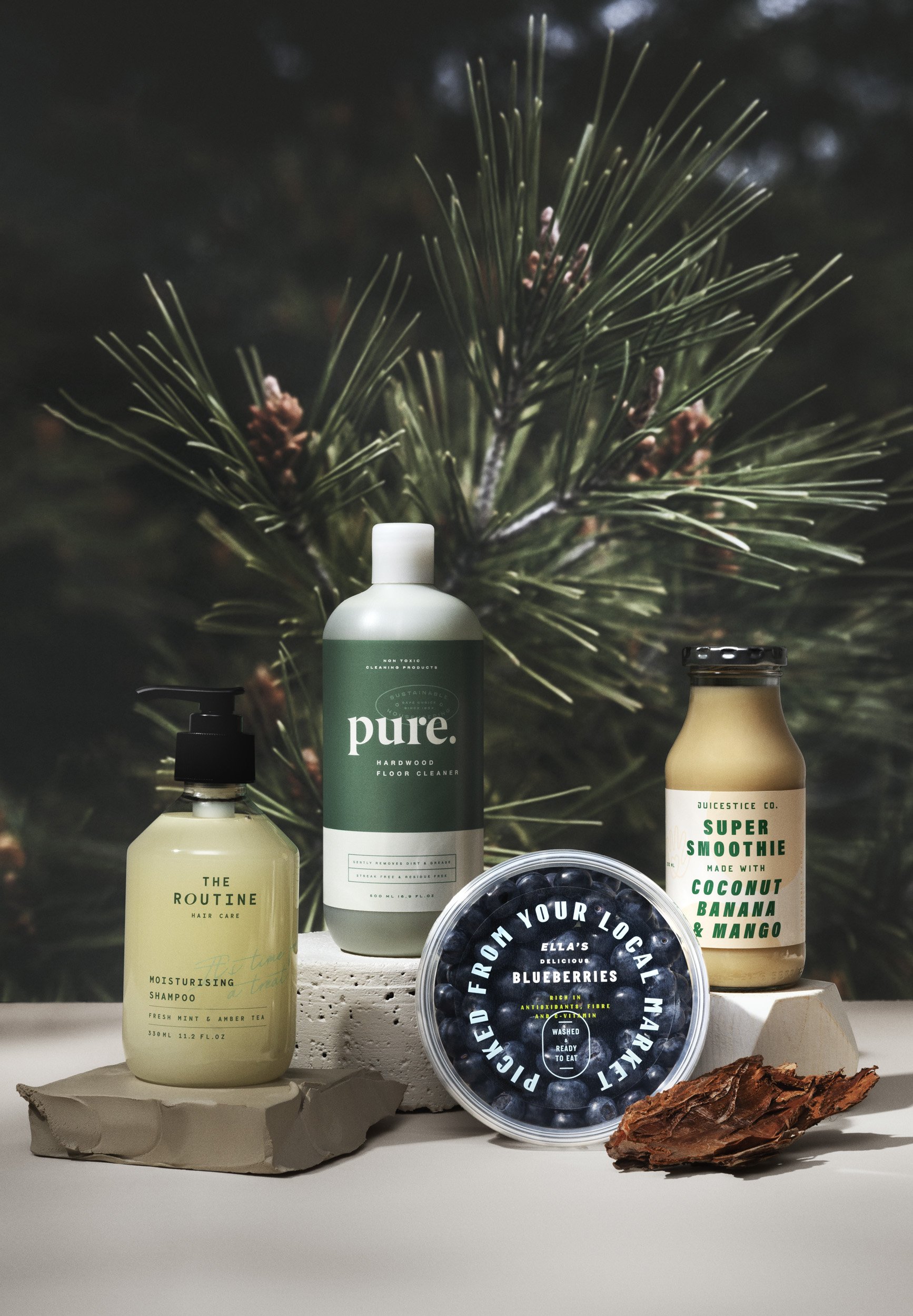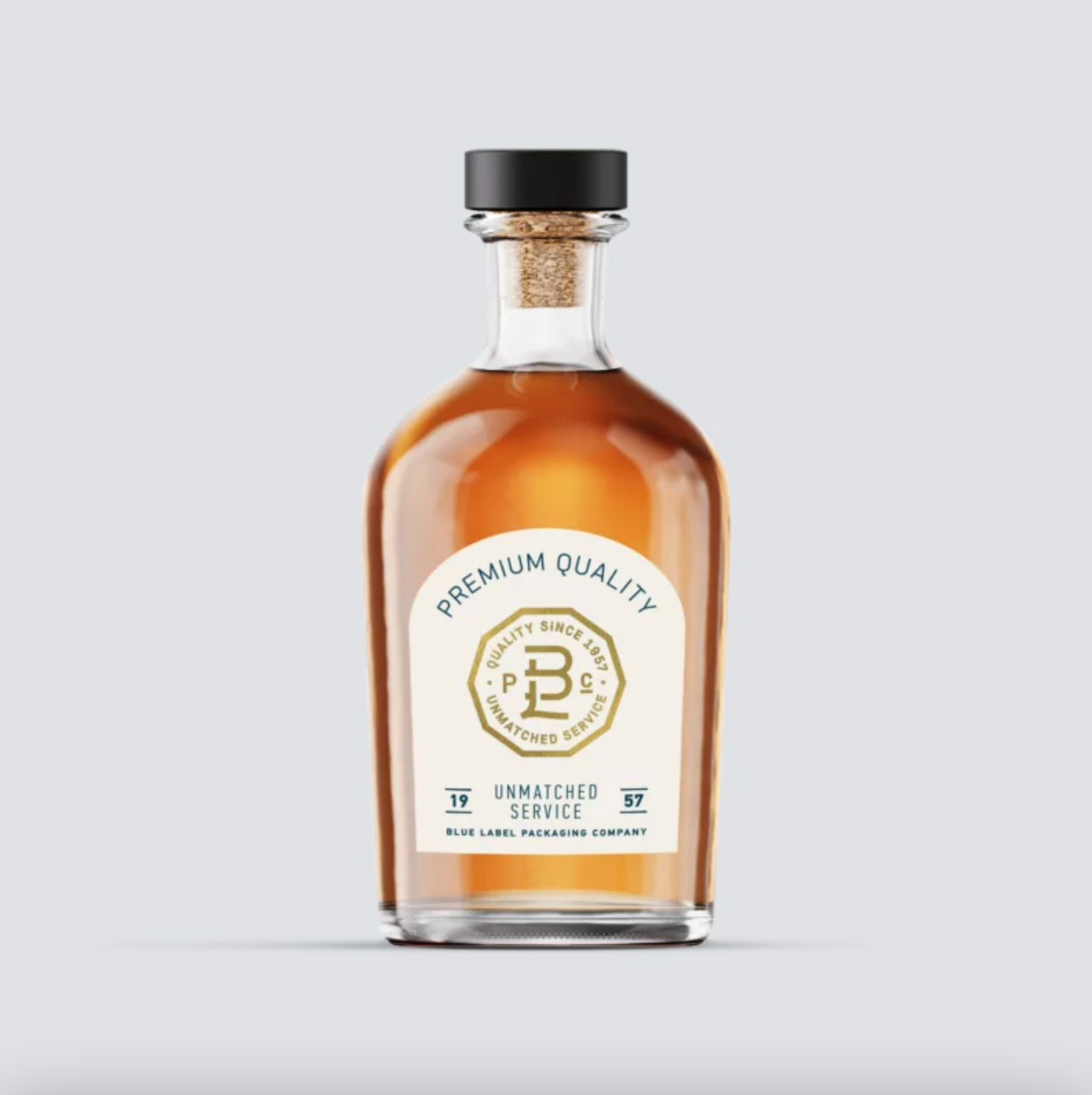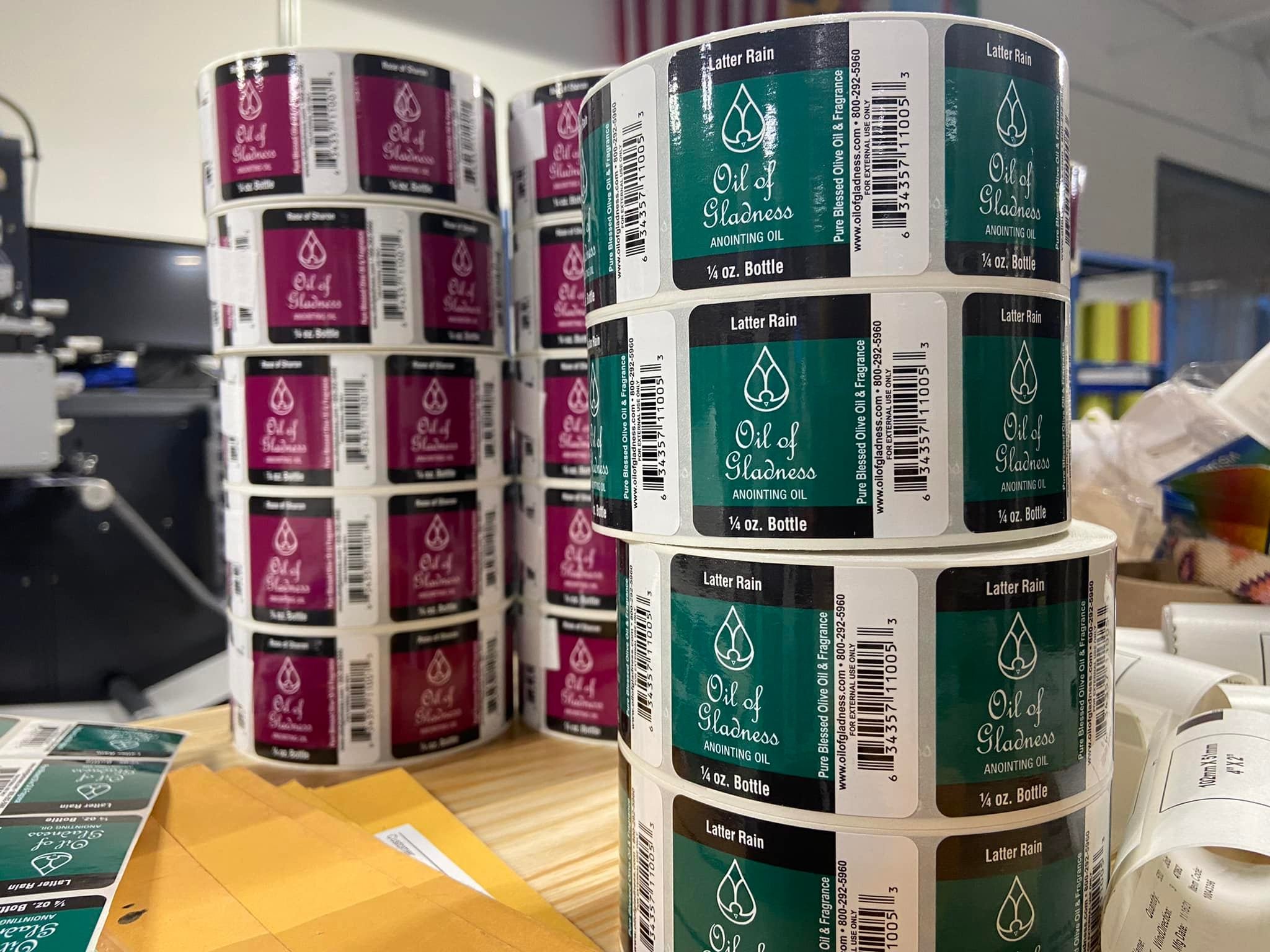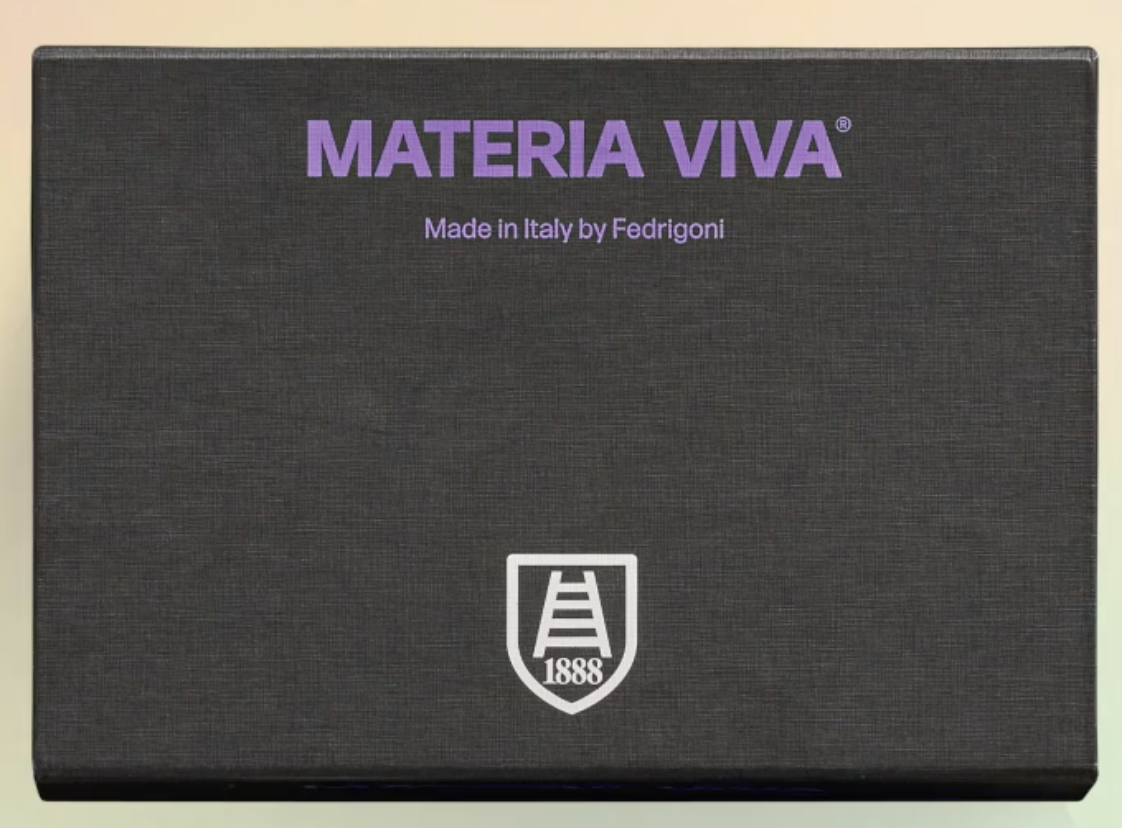PulpWorks
PulpWorks
🏭 California, US
What we like about PulpWorks: They’ve developed a unique molded pulp blister pack. They also did some interesting work with freeze-protection and food coatings.
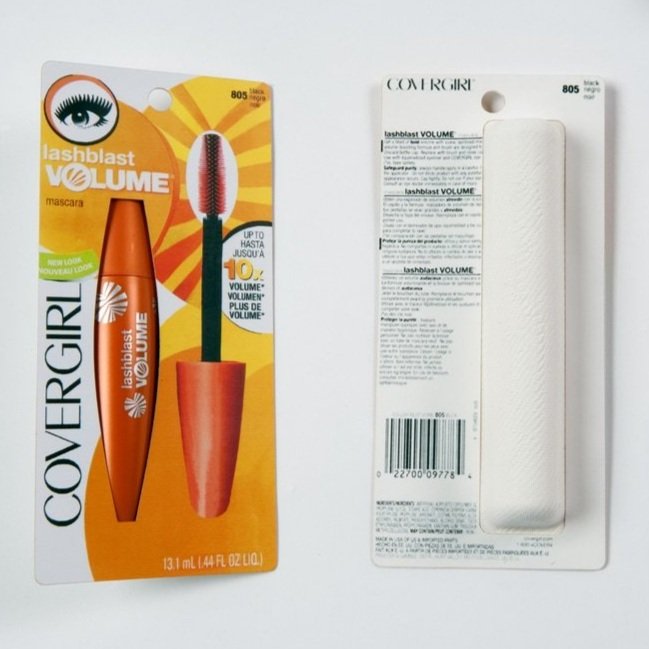
Pulp Blister Packs
A paper alternative to plastic backings on blister packs.
-
Like plastic blister packs, these paper-based alternatives are made of two trays, connected with a hinge. Molded pulp feels like paper based trays that you may have received with takeout.
-
Paper is lightweight in shipping and can be engineered for structural stability with flat pack shipping.
Molded pulp trays take the biggest sustainability hit when it comes to energy requirements, because they typically require high heat to dry in manufacturing.
PulpWorks claims that their trays and blister packs are compostable, but we haven’t seen a certification.
PulpWorks says that their trays and blister packs are made from molded paper waste or agricultural waste including bagasse, bamboo, switch grass, and wheat straw.
All of these plants sequester carbon, which is ultimately released back into the air at the paper's end of life when it biodegrades or is composted or incinerated.
-
Molded pulp trays and blister packs are recyclable with paper. In fact, the best afterlife for most paper products — from collateral to boxes — is recycling. Most paper fibers can be recycled more than five times. Paper with tape or stickers can still be recycled, because non-paper materials are sifted out in the recycling process.
PulpWorks claims that their trays and blister packs are compostable, but we haven’t seen a certification.
-
Molded paper trays may have multiple color options, but printing can be limited due to the texture and of the surface. You can also add designs or branding within the mold of your tray for an emboss or deboss effect.
Printed designs will match the finish of the paper. For a shiny finish, you’ll need to inquire about added coatings. Coatings may also be necessary if your packaging needs extra water resistance.

Pulp Trays
-
Molded pulp feels like paper based trays that you may have received with takeout.
-
Paper is lightweight in shipping and can be engineered for structural stability with flat pack shipping.
Molded pulp trays take the biggest sustainability hit when it comes to energy requirements, because they typically require high heat to dry in manufacturing.
PulpWorks claims that their trays and blister packs are compostable, but we haven’t seen a certification.
PulpWorks says that their trays and blister packs are made from molded paper waste or agricultural waste including bagasse, bamboo, switch grass, and wheat straw.
All of these plants sequester carbon, which is ultimately released back into the air at the paper's end of life when it biodegrades or is composted or incinerated.
-
Molded pulp trays and blister packs are recyclable with paper. In fact, the best afterlife for most paper products — from collateral to boxes — is recycling. Most paper fibers can be recycled more than five times. Paper with tape or stickers can still be recycled, because non-paper materials are sifted out in the recycling process.
PulpWorks claims that their trays and blister packs are compostable, but we haven’t seen a certification.
-
Molded paper trays may have multiple color options, but printing can be limited due to the texture and of the surface.
Printed designs will match the finish of the paper. For a shiny finish, you’ll need to inquire about added coatings. Coatings may also be necessary if your packaging needs extra water resistance.
Trays & Inserts
Specializes in corn starch foam, a dissolvable, home-compostable alternative to plastic foam and insulation.
Poly Bags & Films
Large offering of stock paper and plastic ecommerce solutions, with impressive PCR rates.
Biopolymer extracted from nature to take many forms: films, rigid containers, and more.
Selection of home compostable plastic mailers and bags. They also carry compostable tape and labels.
Paper Mailers
Large offering of stock paper and plastic ecommerce solutions, with impressive PCR rates.
Manufacturer of boxes and paper mailers that also specializes in high quality adhesive and labels.
Expansive catalog of stock and custom ecommerce packaging, from mailers and boxes to tape and labels.
Selection of home compostable plastic mailers and bags. They also carry compostable tape and labels.
Cushioning
Large offering of stock paper and plastic ecommerce solutions, with impressive PCR rates.
Specializes in corn starch foam, a dissolvable, home-compostable alternative to plastic foam and insulation.
Jars & Bottles
Industrially compostable bamboo bioplastic jars and bottles for personal care products.
Glass bottles and jars for food and beverage, made from an average of 60% recycled content.
Personal care packaging like bottles and tubes made from 100% post consumer recycled plastic, sugarcane, or aluminum.
Glass containers made from high percentages of recycled glass and ocean-bound plastic caps.
Glass manufacturer, specializing in cosmetics and perfume, with options for plastic closures.
Jars and bottles, with options for recycled content in addition to mono-material pouches.
Corrugated
US-based corrugated manufacturer with 100% recycled content Envirokraft line. Strongest TikTok game in the corrugated manufacturing world.
Corrugated manufacturer with options for a water and grease barrier that’s compatible with paper recycling.
US-based supplier carrying a good array of stock options and are capable of doing custom solutions.
Manufacturer of boxes and paper mailers that also specializes in high quality adhesive and labels.
Expansive catalog of stock and custom ecommerce packaging, from mailers and boxes to tape and labels.
Folding Cartons
Utah PaperBox is a folding carton and rigid packaging manufacturer based in Salt Lake City.
European manufacturer offering recyclable paper packaging with barrier protection against water and grease.
Folding cartons and collateral made from paper blend made from 50% hemp 50% recycled paper.
Specializing in paperboard boxes, folding cartons, and collateral, with options for 100% recycled paper.
Expansive catalog of stock and custom ecommerce packaging, from mailers and boxes to tape and labels.
Personal care packaging like bottles and tubes made from 100% post consumer recycled plastic, sugarcane, or aluminum.
Food Service
Large catalog of low minimum compostable options. Be wary of PLA with further research.
Inks & Coatings
Raw Materials
Industrially compostable bamboo bioplastic jars and bottles for personal care products.
European manufacturer offering recyclable paper packaging with barrier protection against water and grease.
Folding cartons and collateral made from paper blend made from 50% hemp 50% recycled paper.
Biopolymer extracted from nature to take many forms: films, rigid containers, and more.
High-performing self-adhesive paper and film products for an extensive set of end-uses, with a range of fossil fuel-free options.
Quality custom labels, shrink sleeves, and hang tags with fast turn around for a variety of industries.
Manufacturer of boxes and paper mailers that also specializes in high quality adhesive and labels.
Expansive catalog of stock and custom ecommerce packaging, from mailers and boxes to tape and labels.
Selection of home compostable plastic mailers and bags. They also carry compostable tape and labels.
Labels
Specialty Papers
European manufacturer offering recyclable paper packaging with barrier protection against water and grease.
Folding cartons and collateral made from paper blend made from 50% hemp 50% recycled paper.

